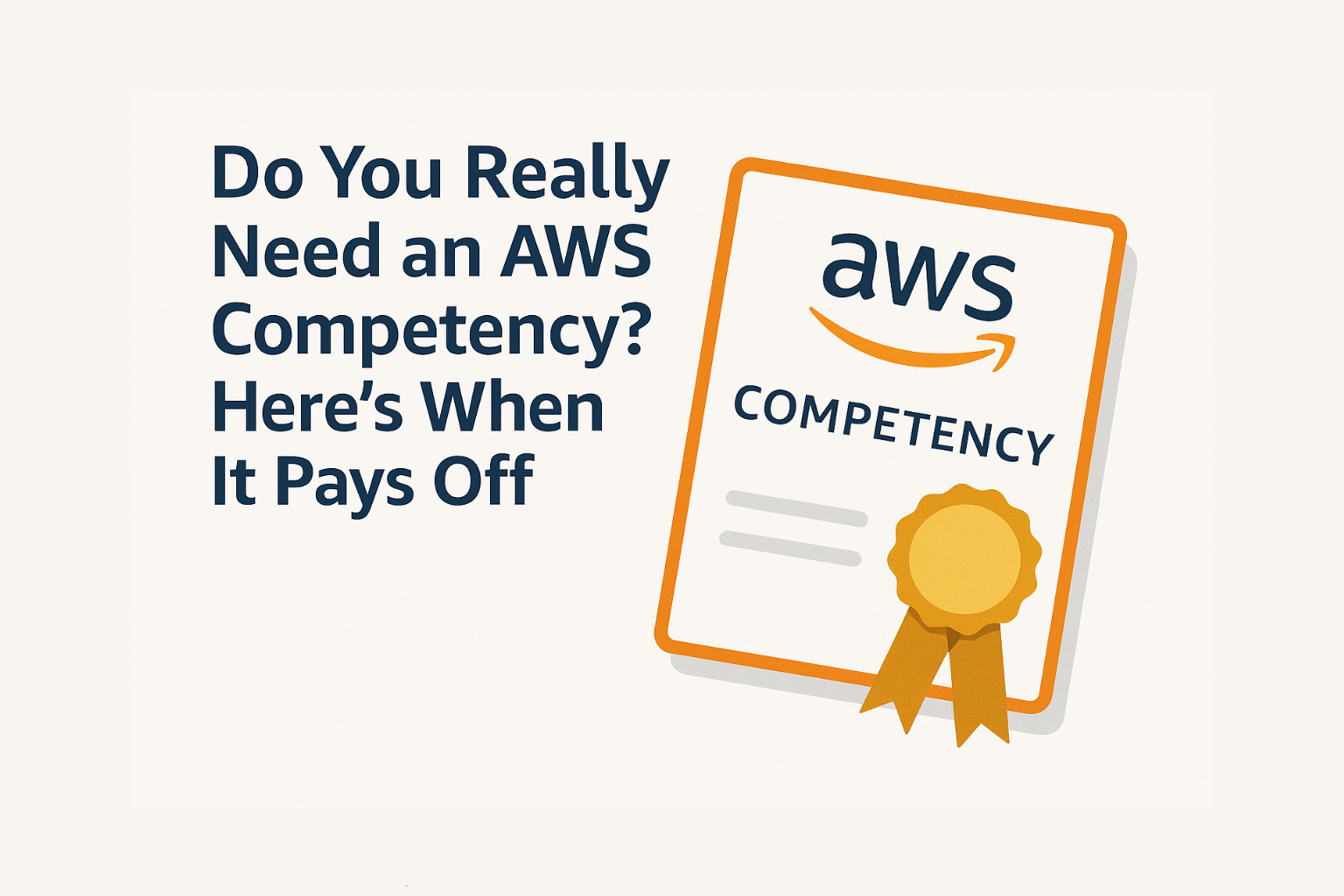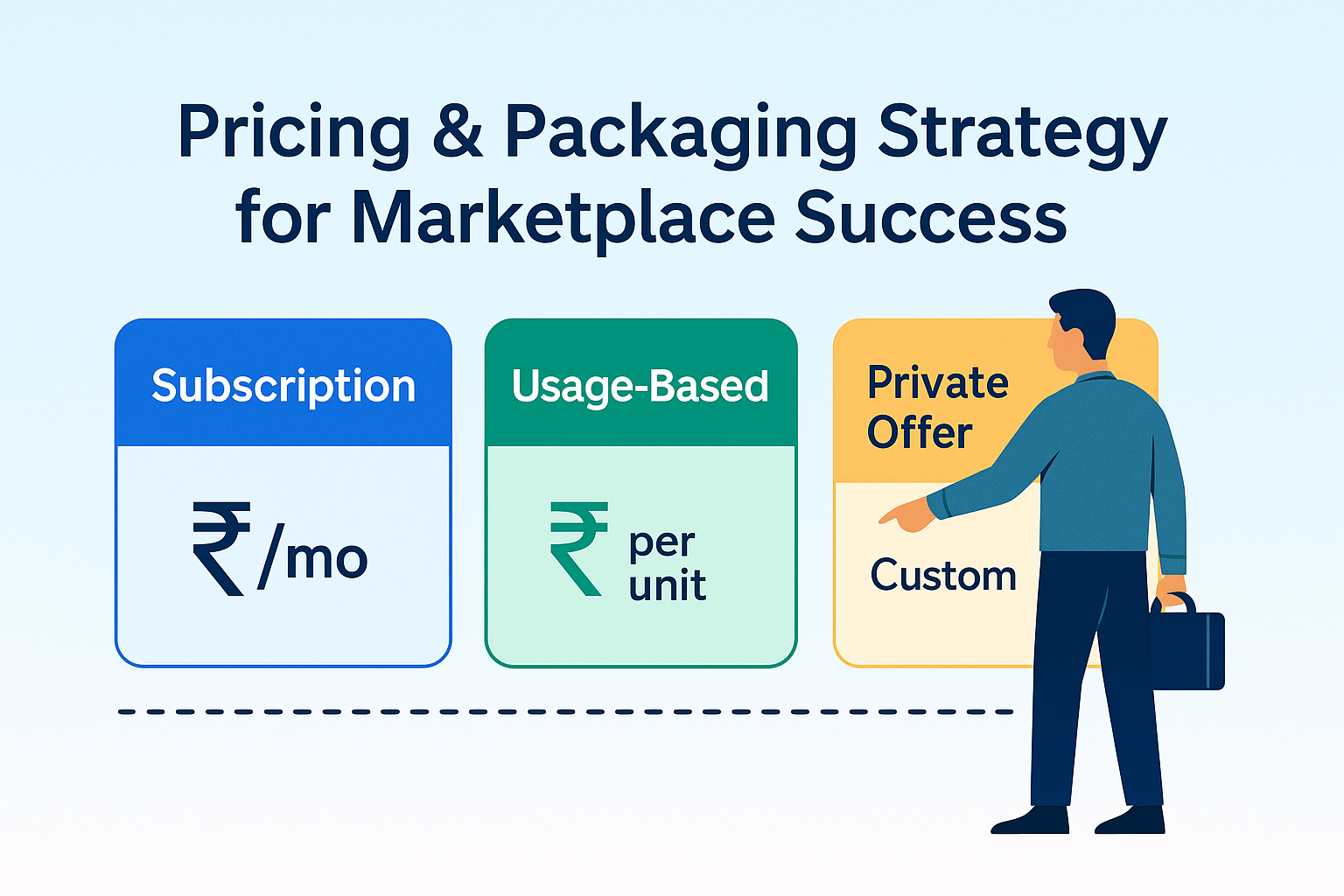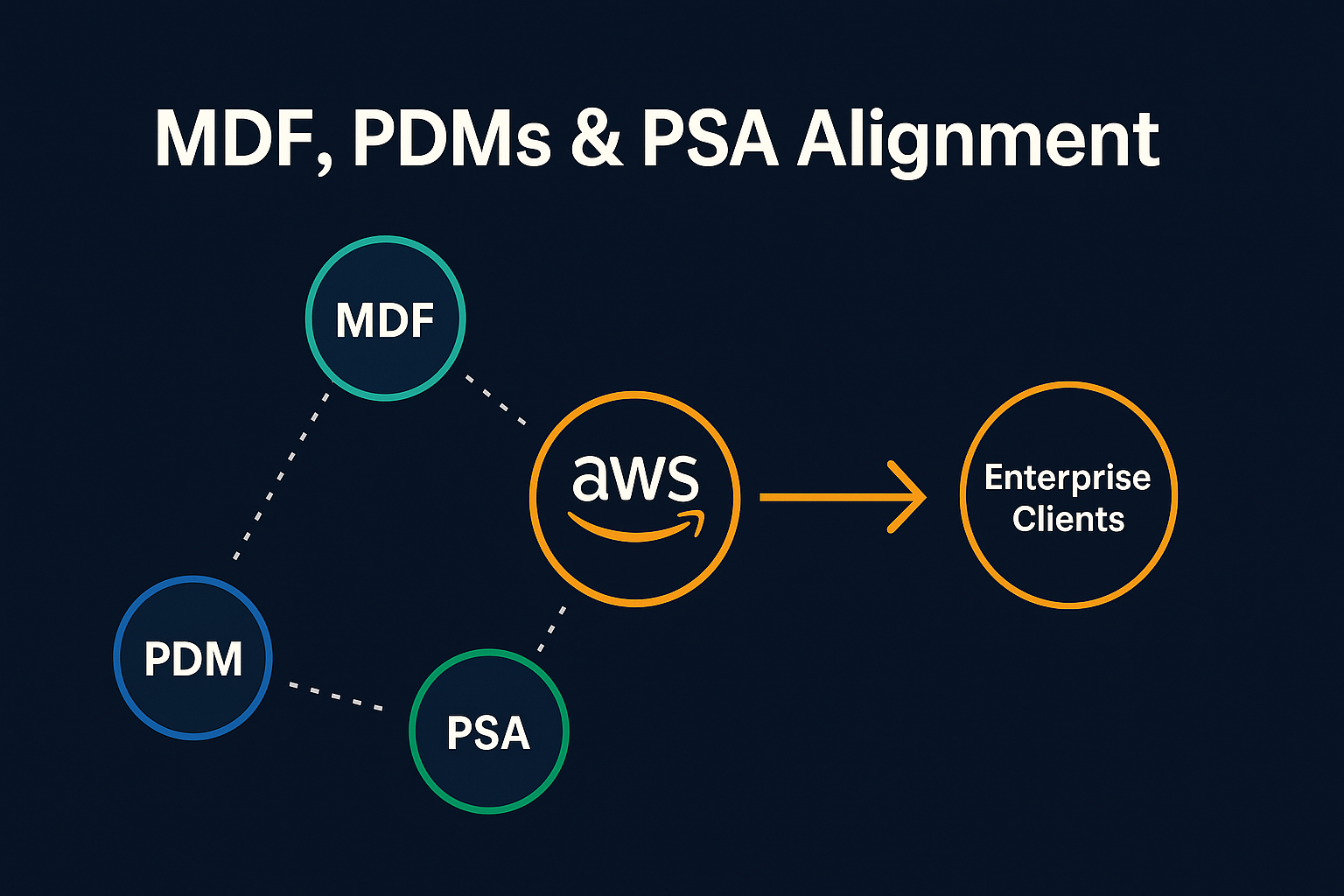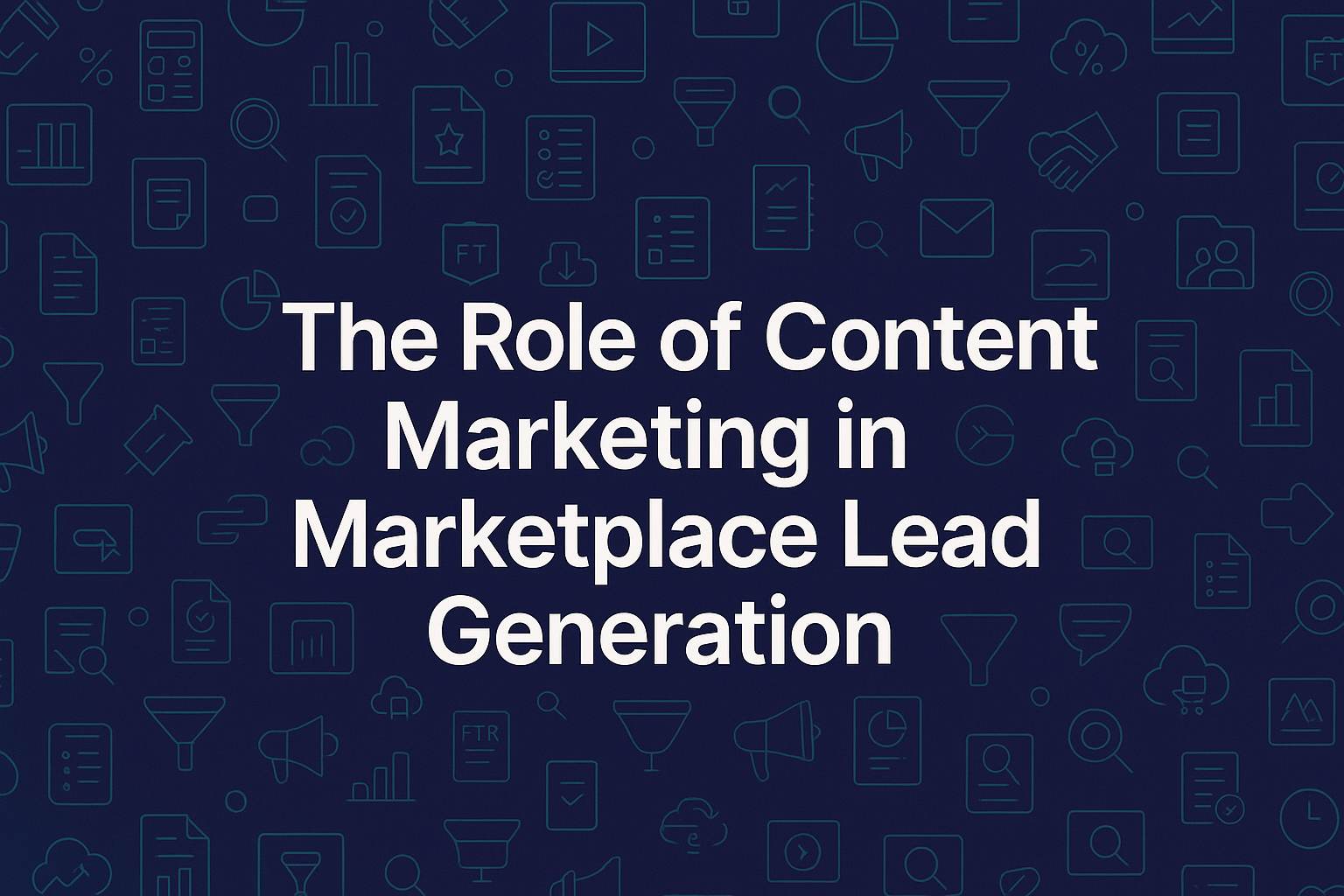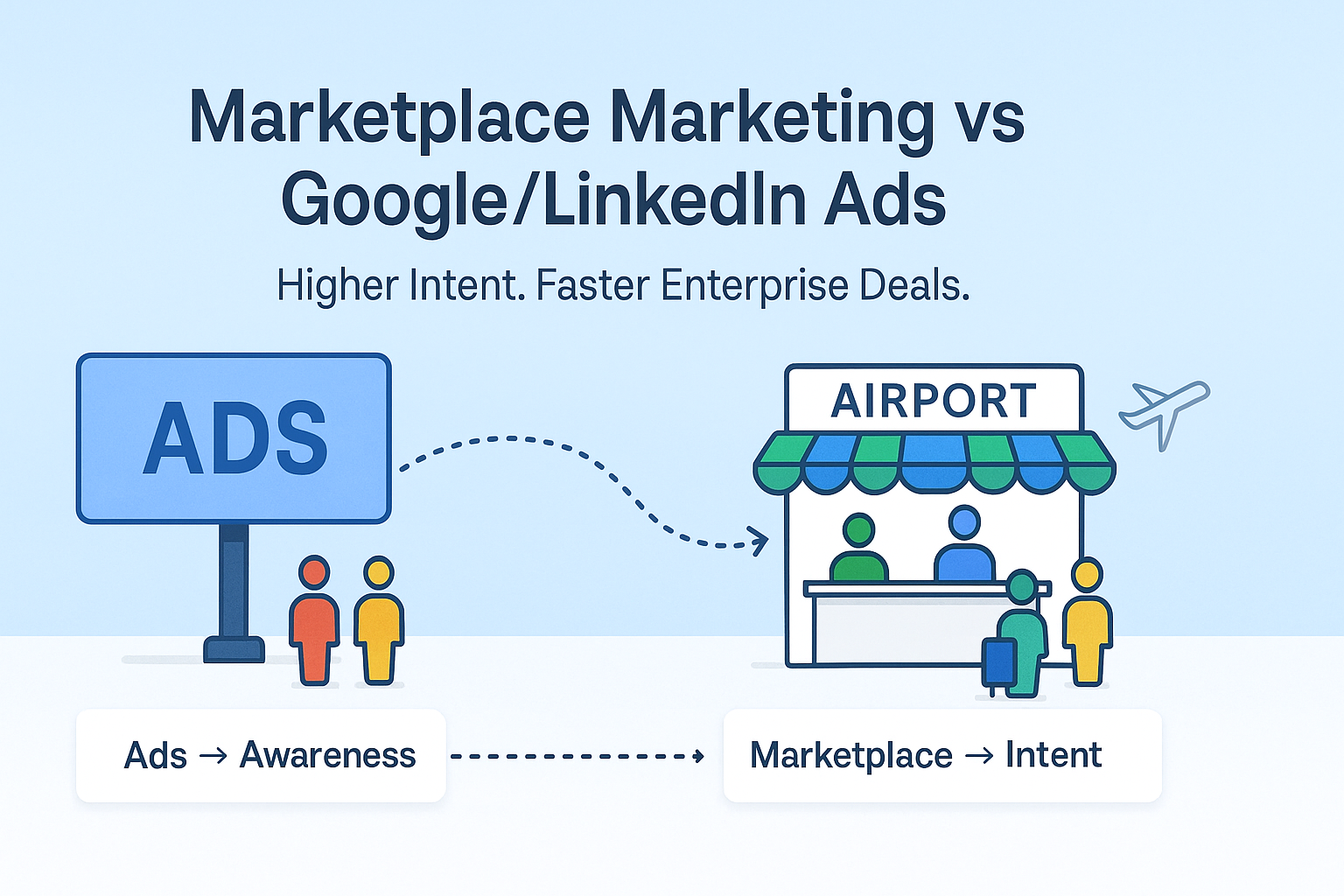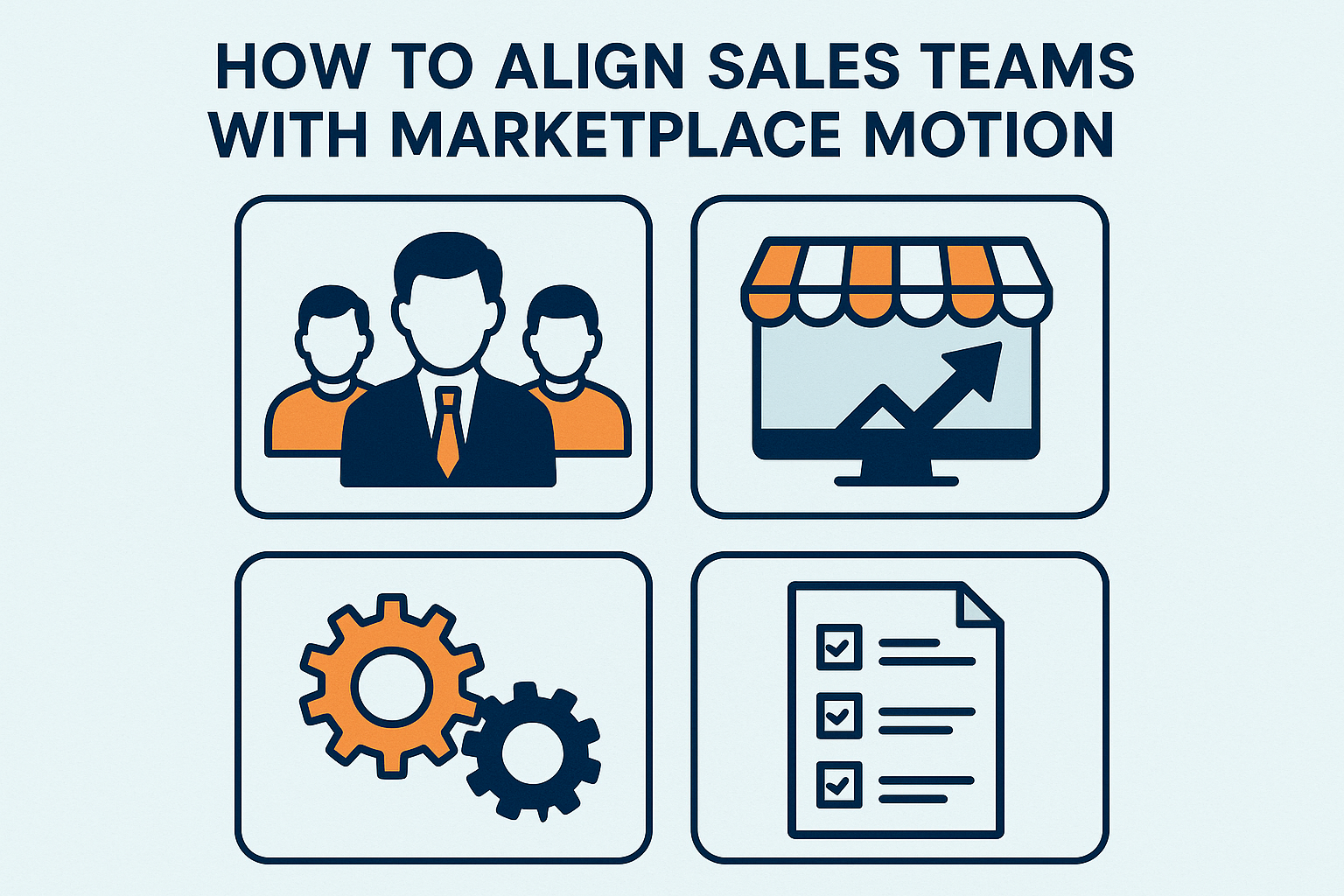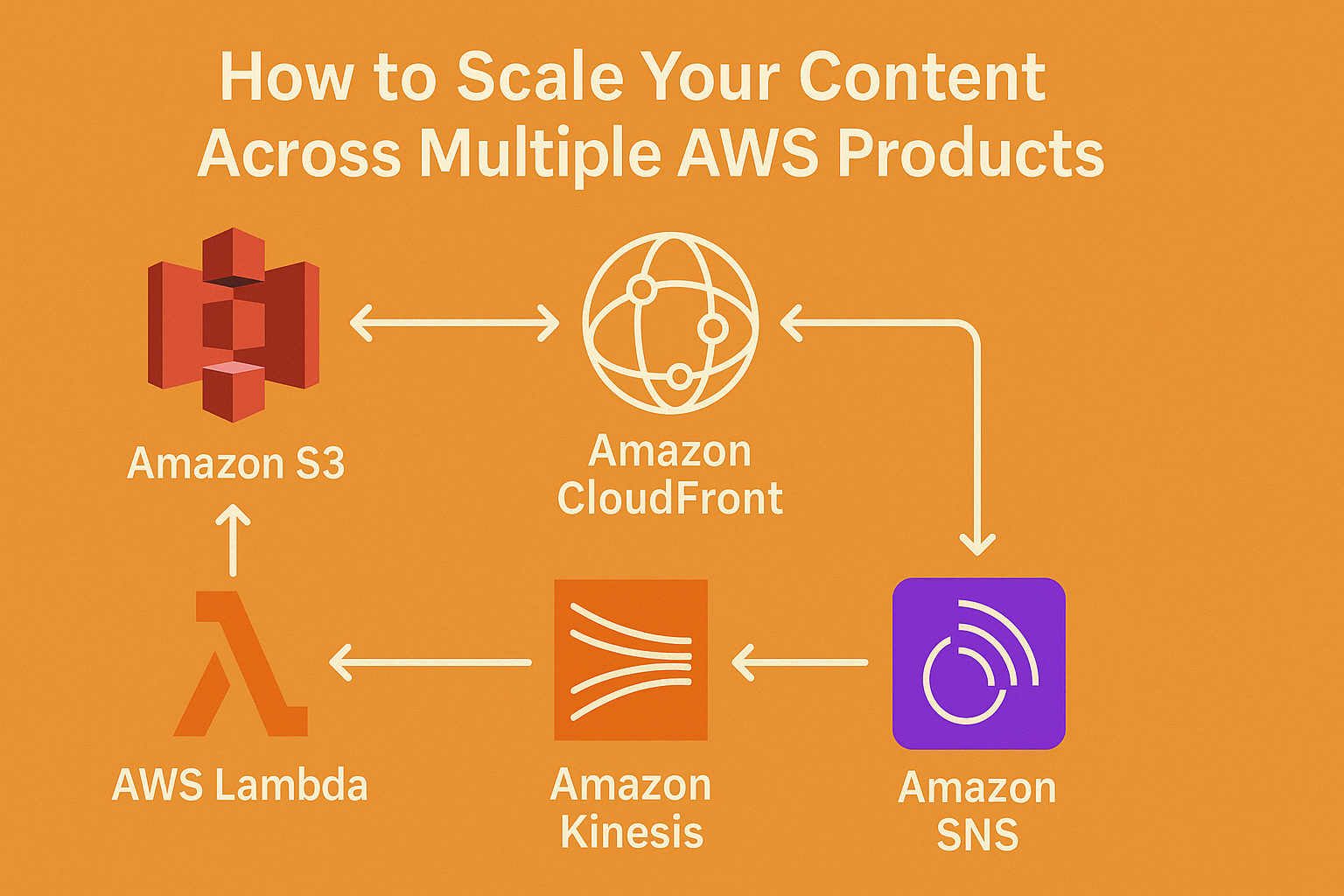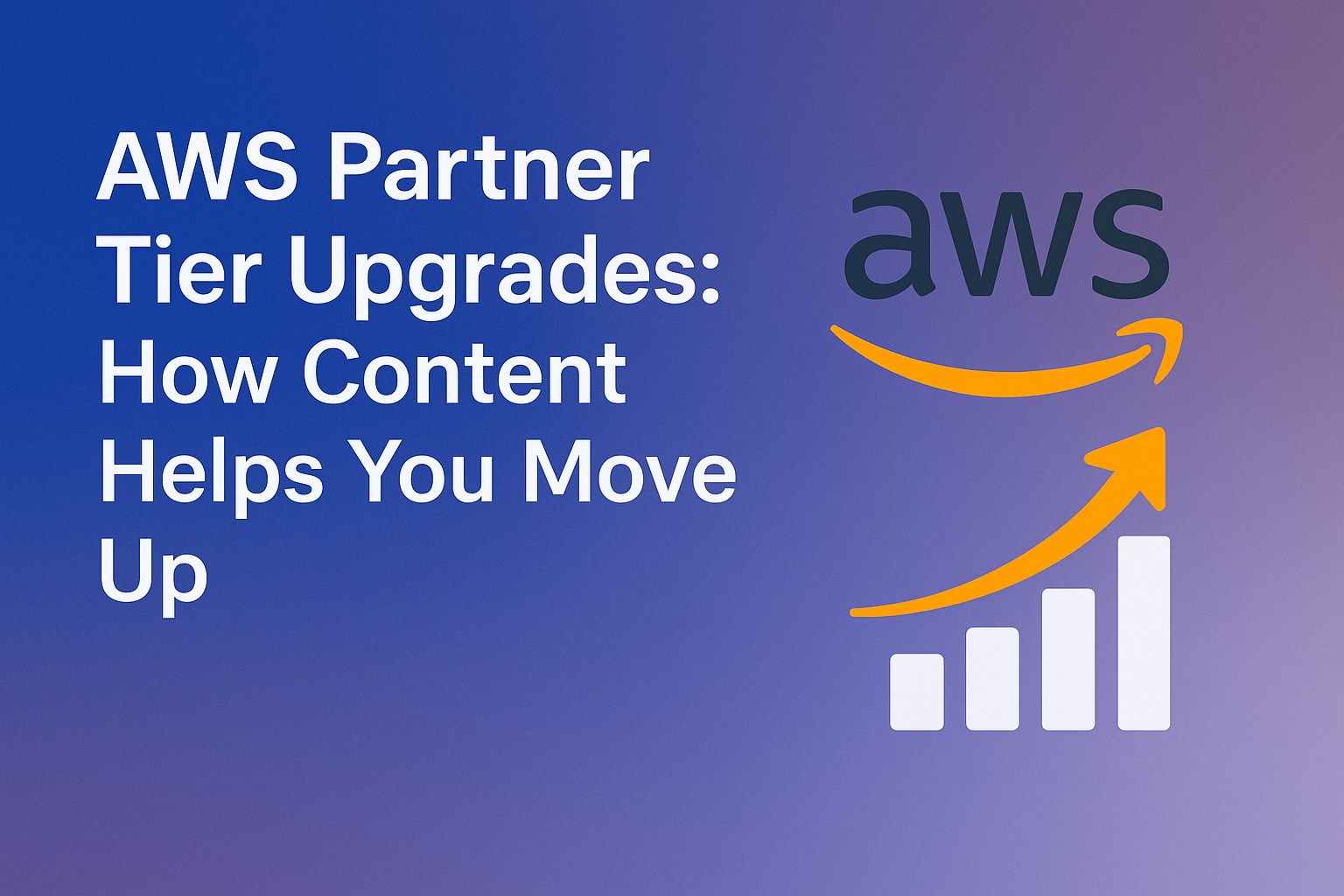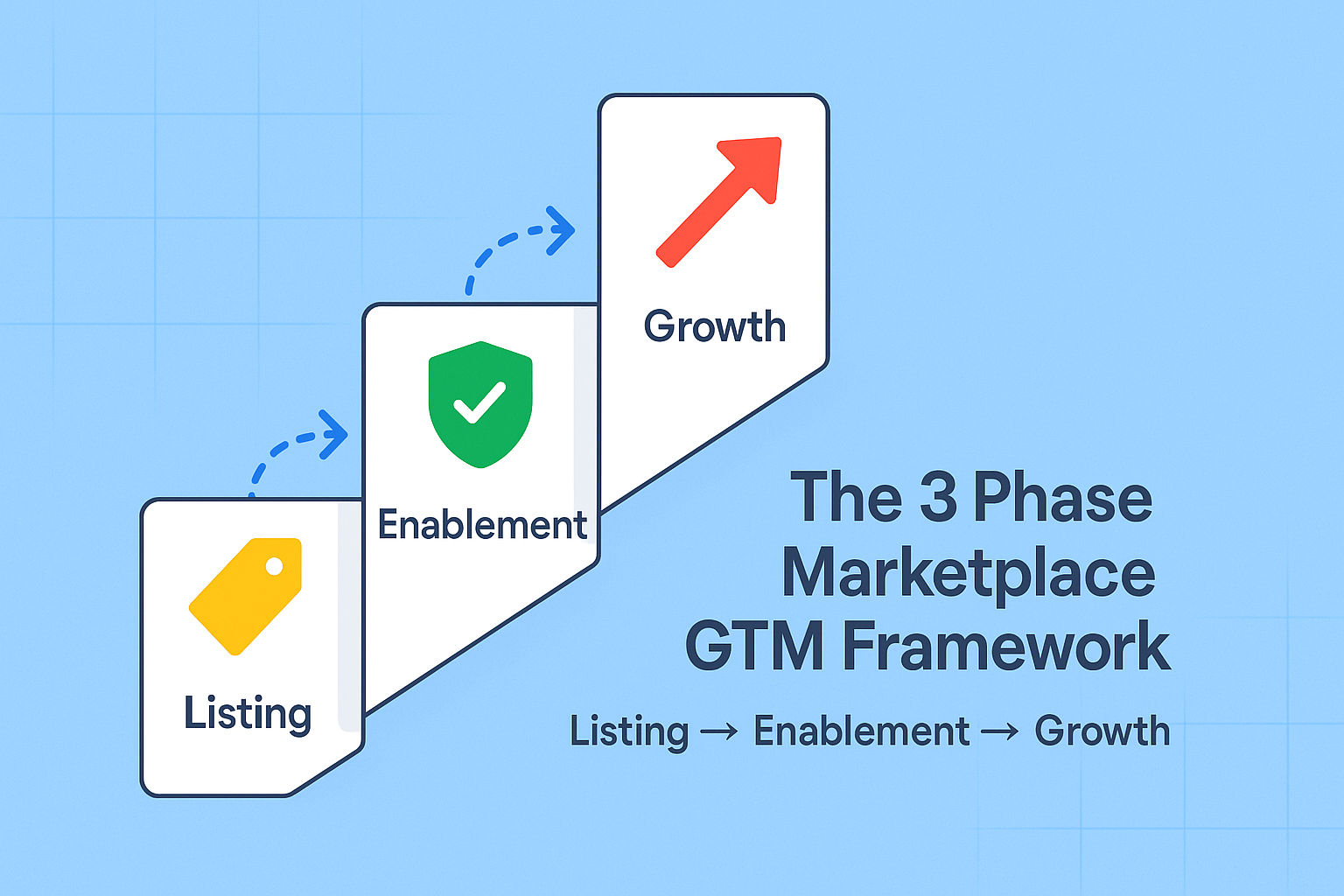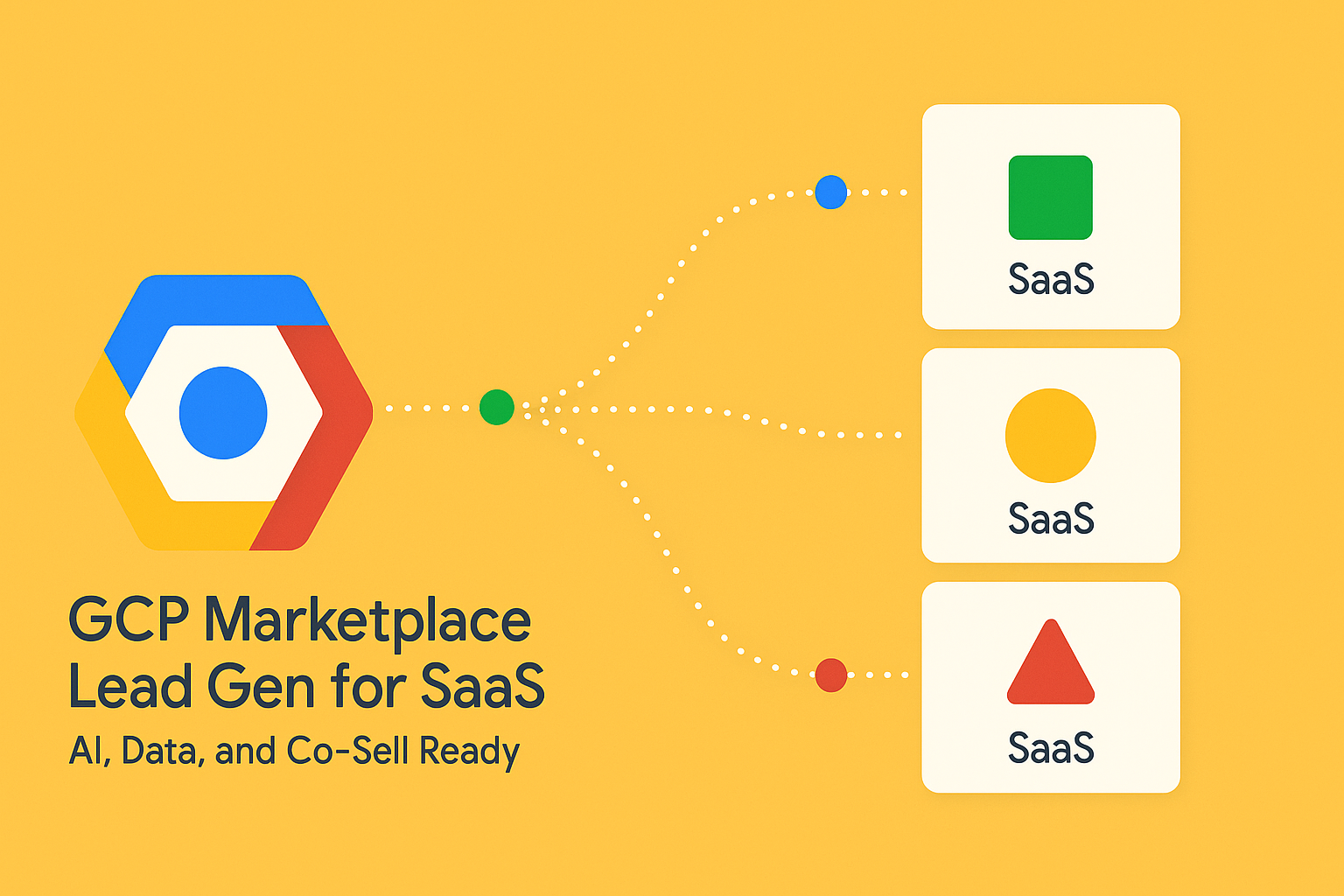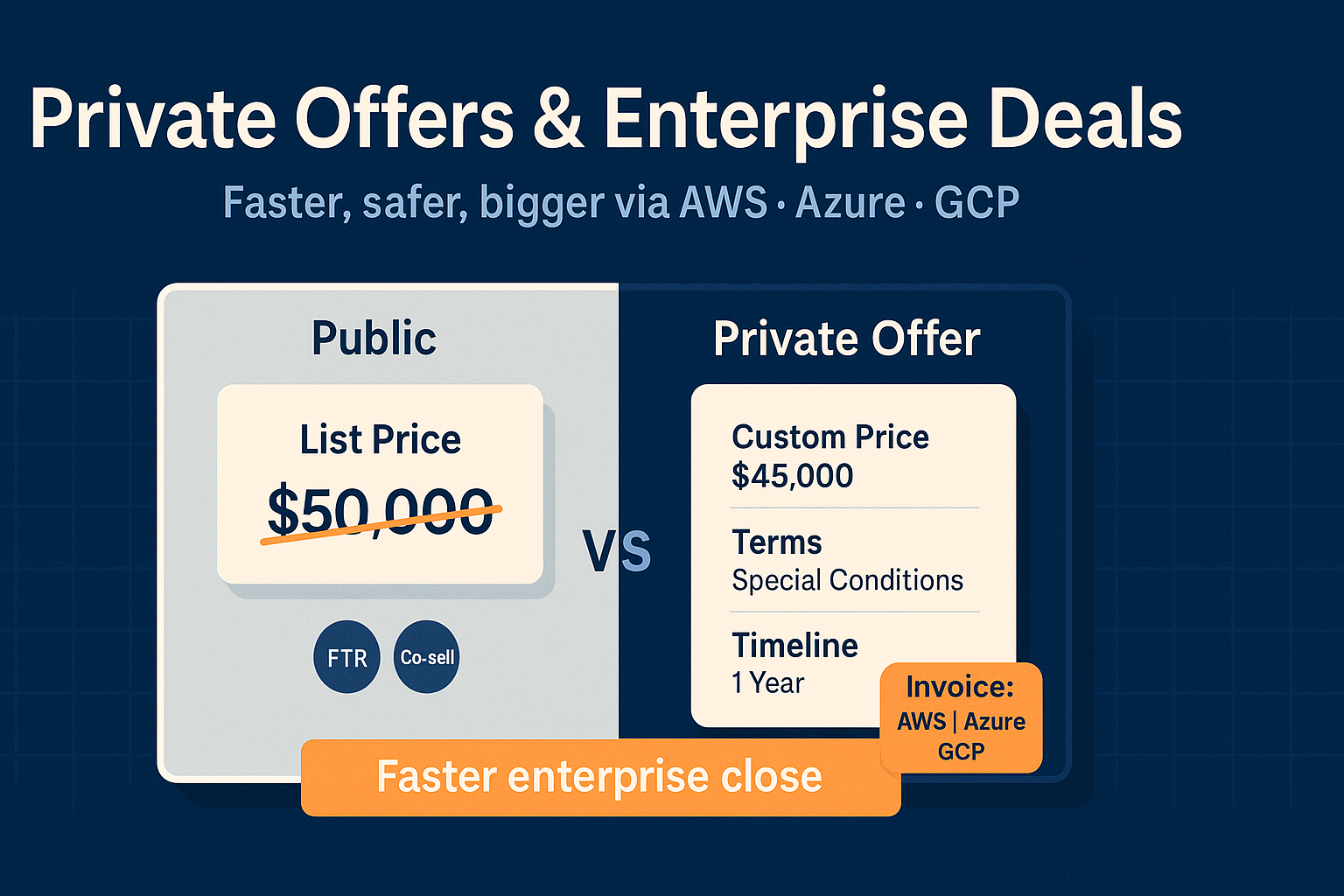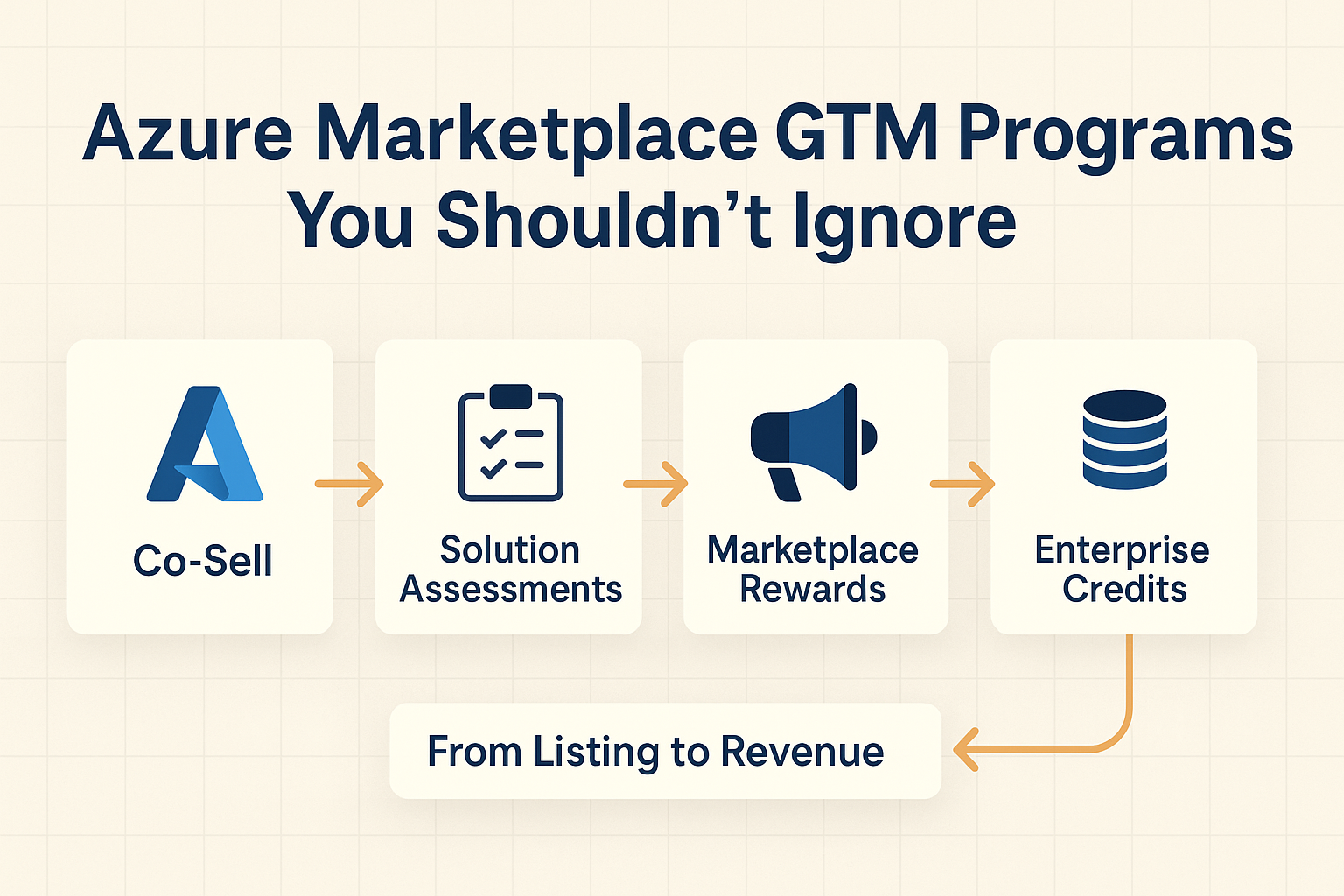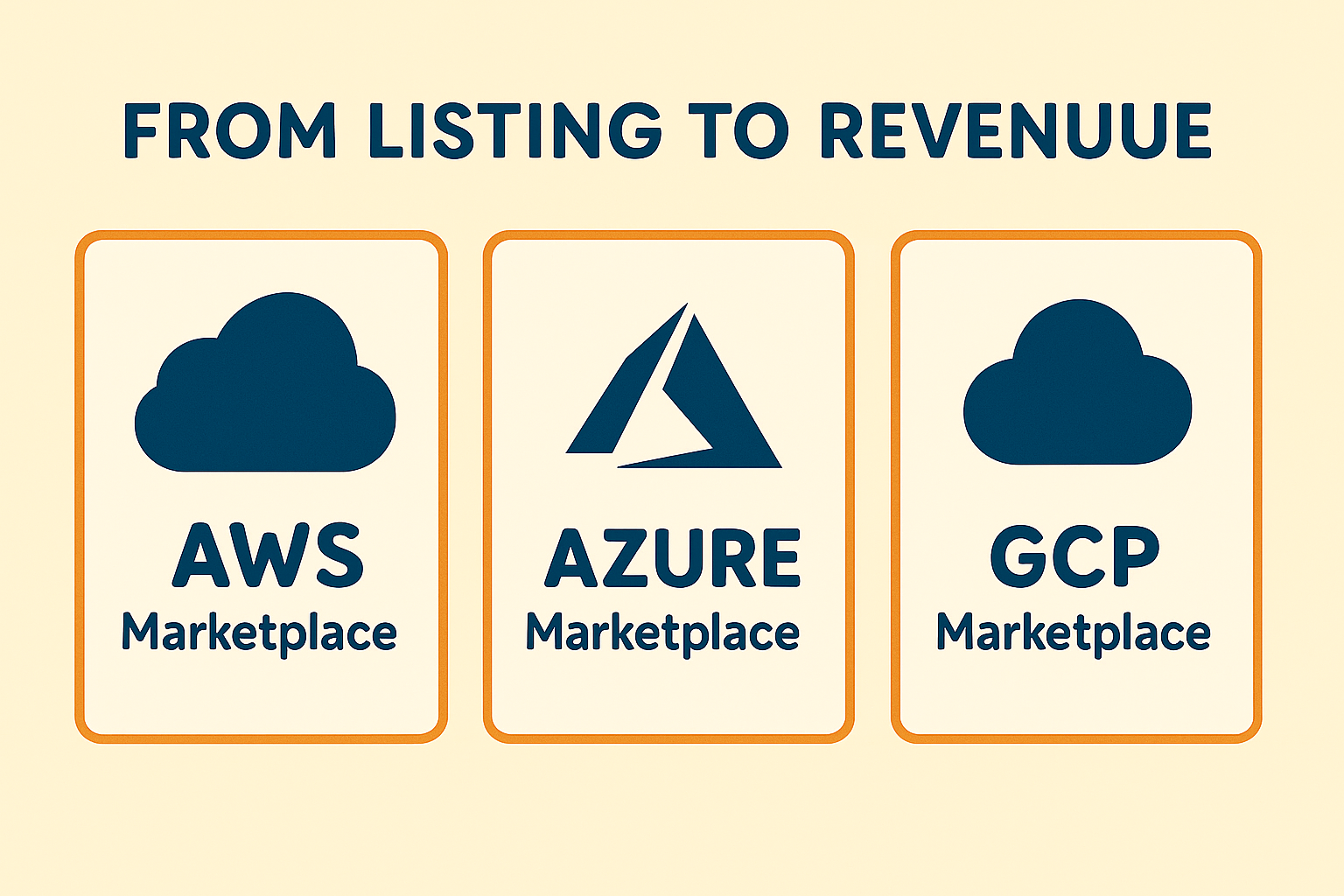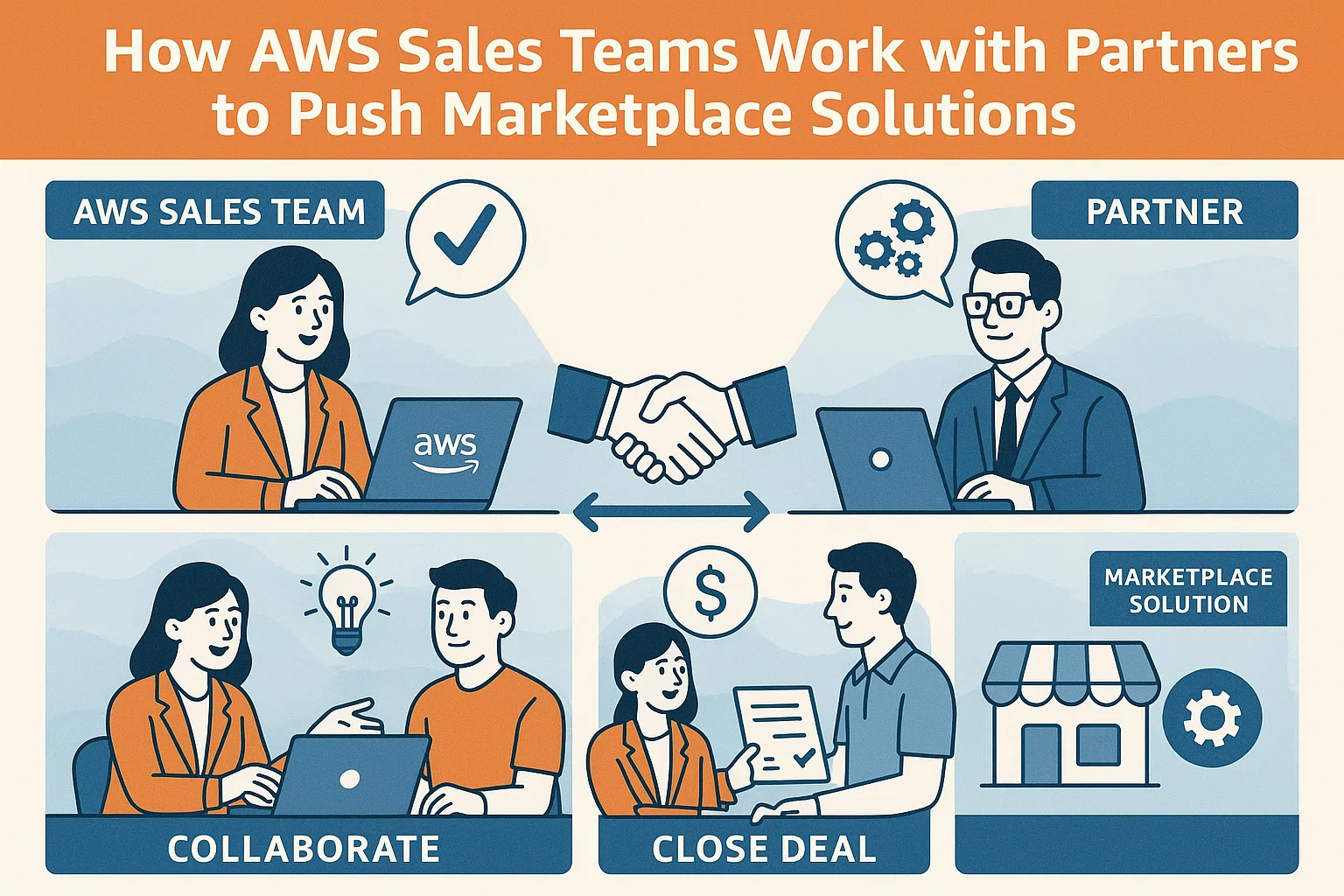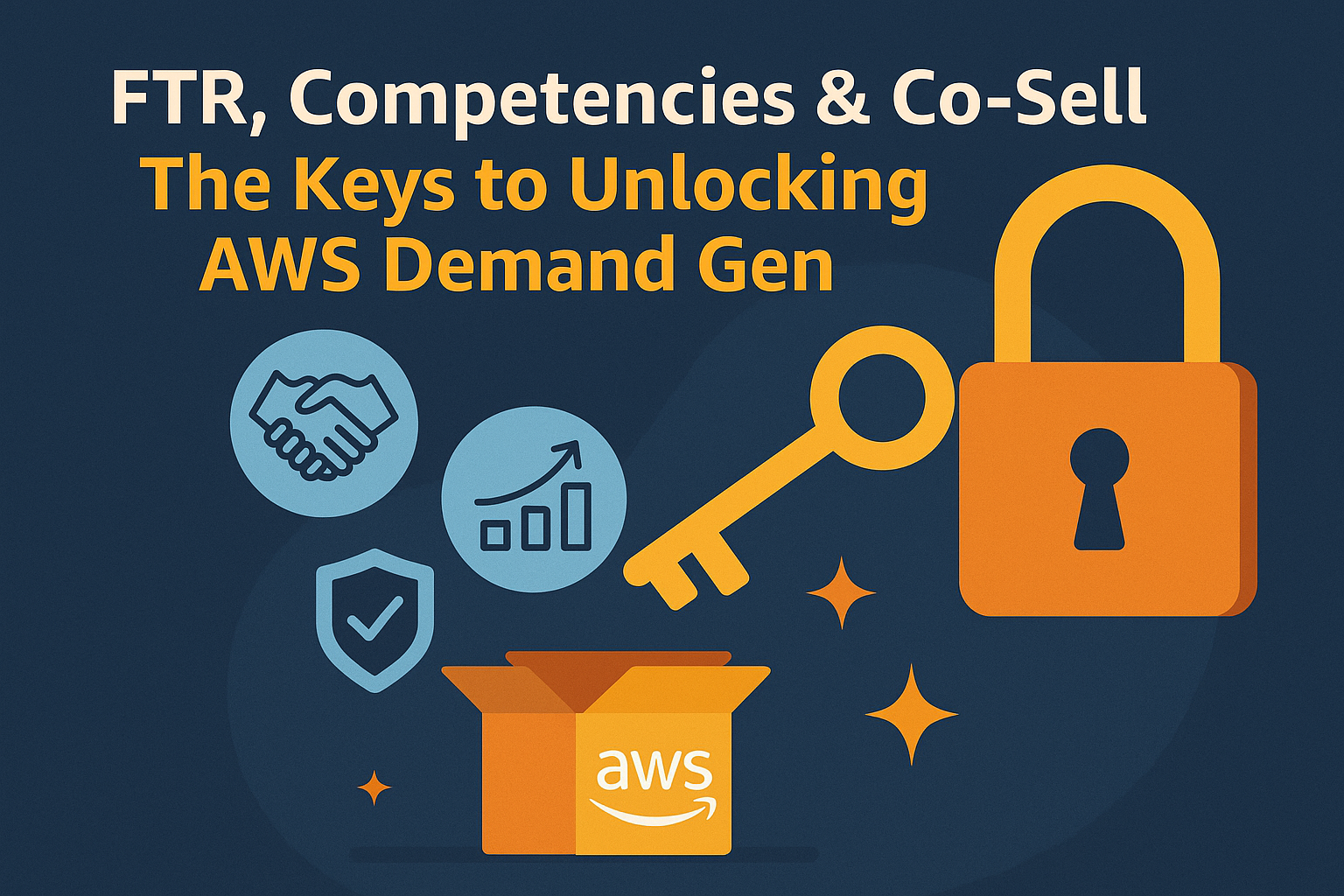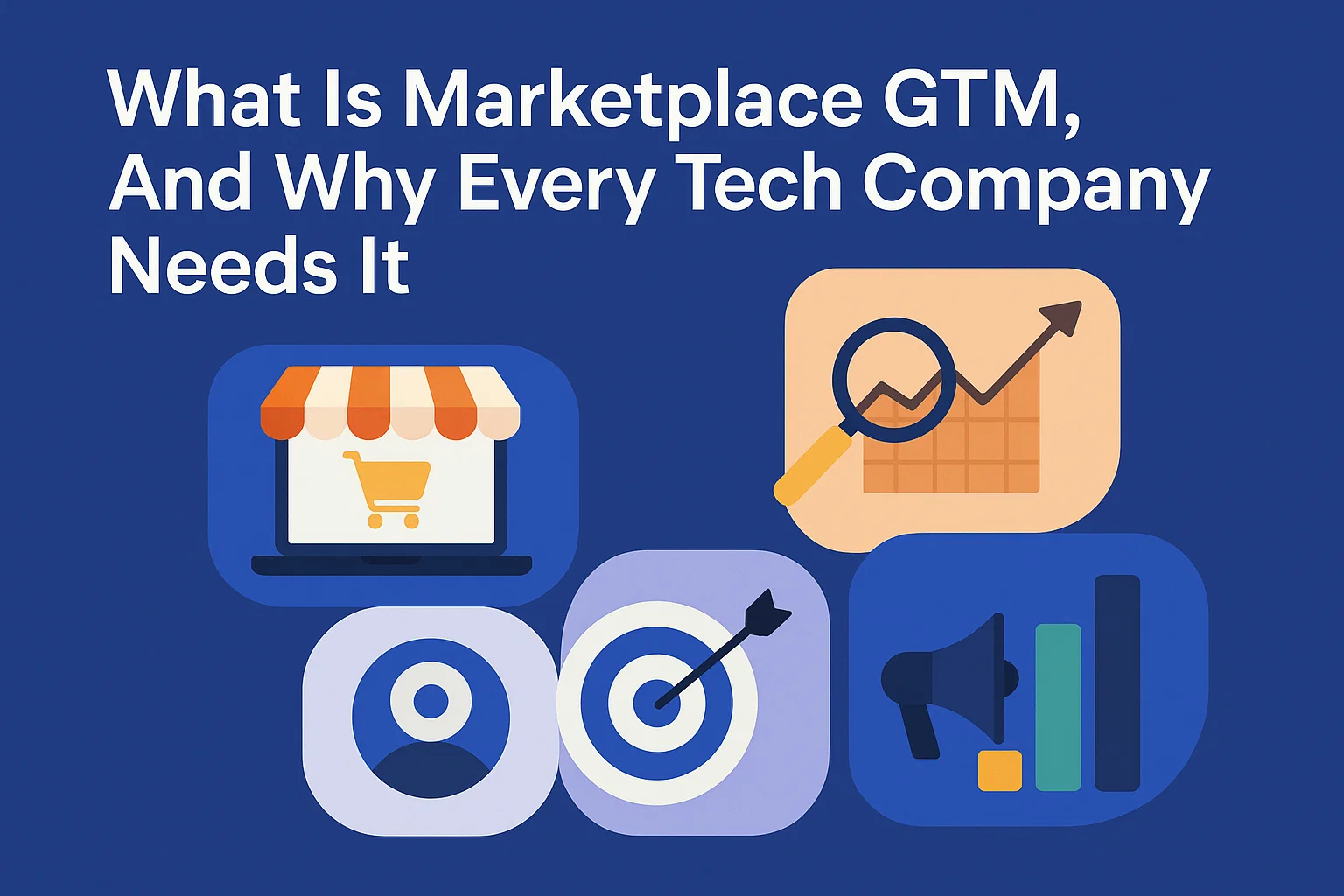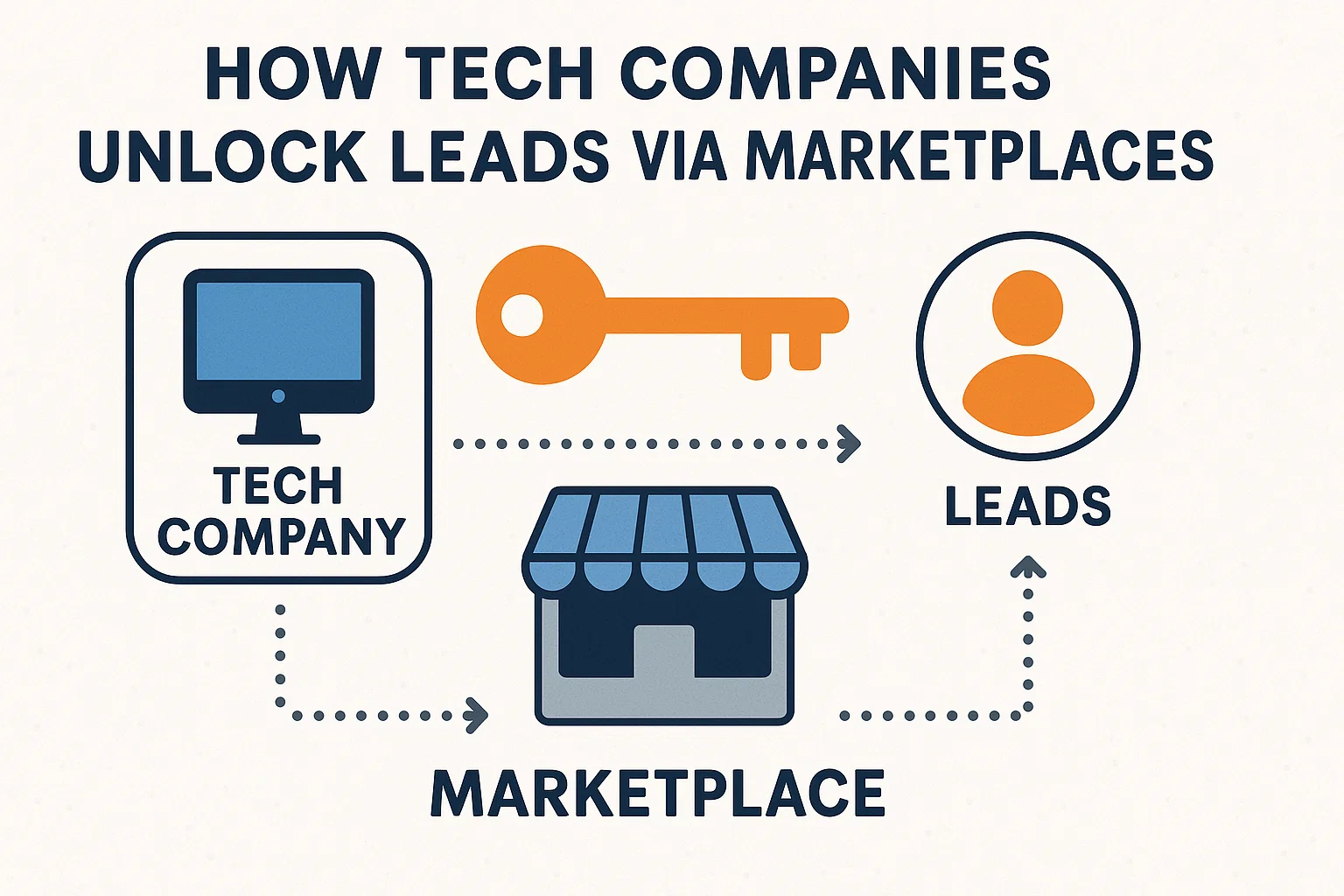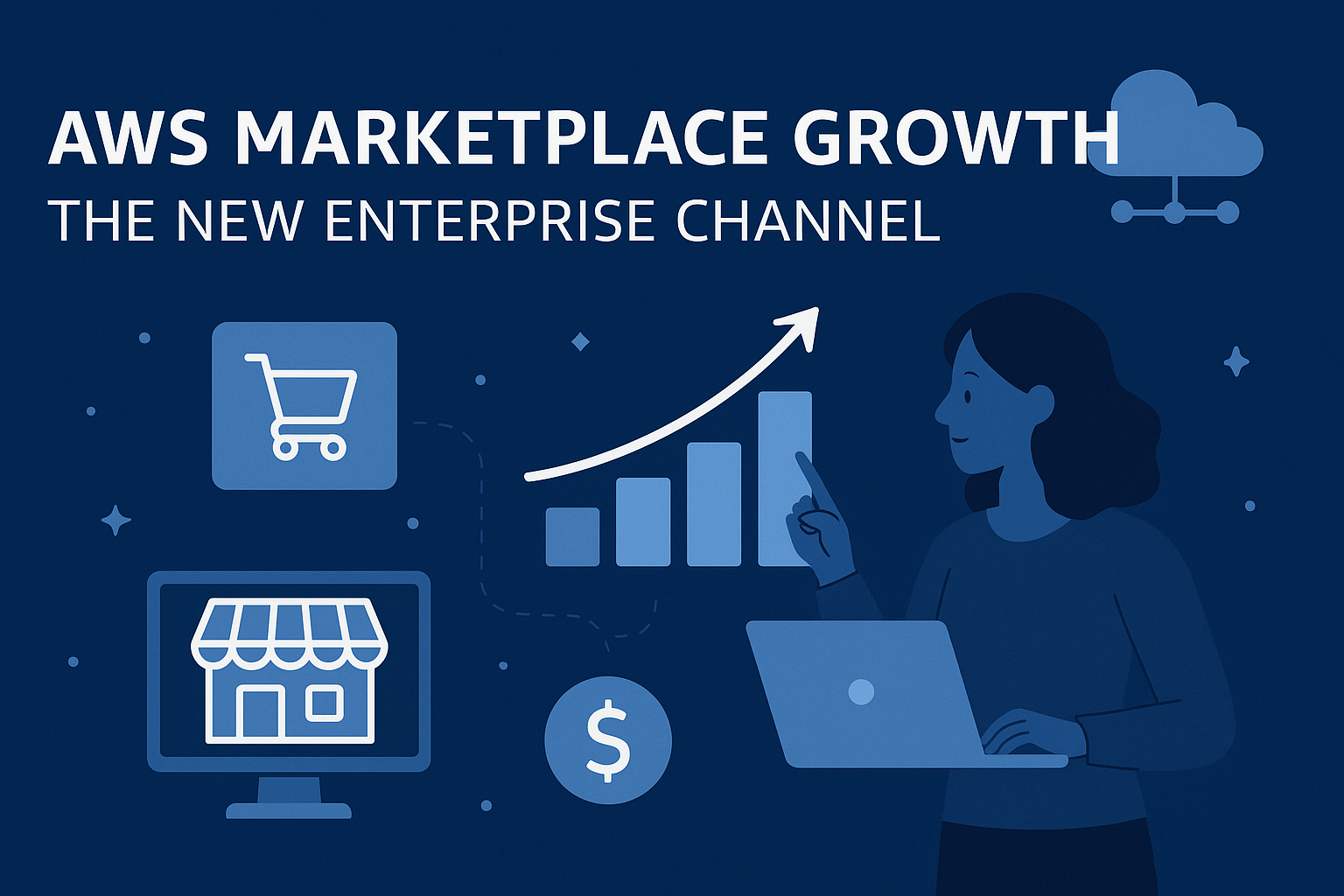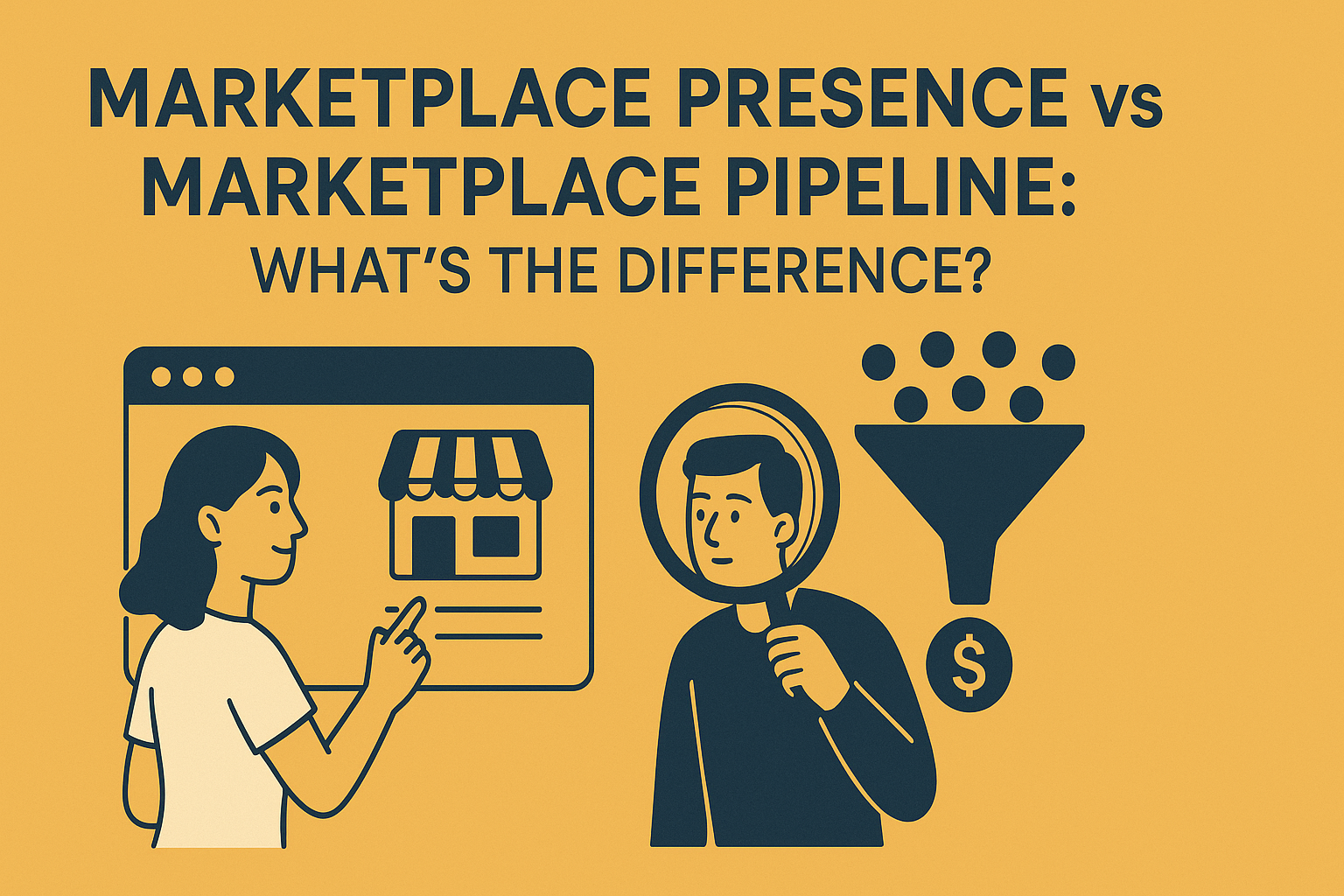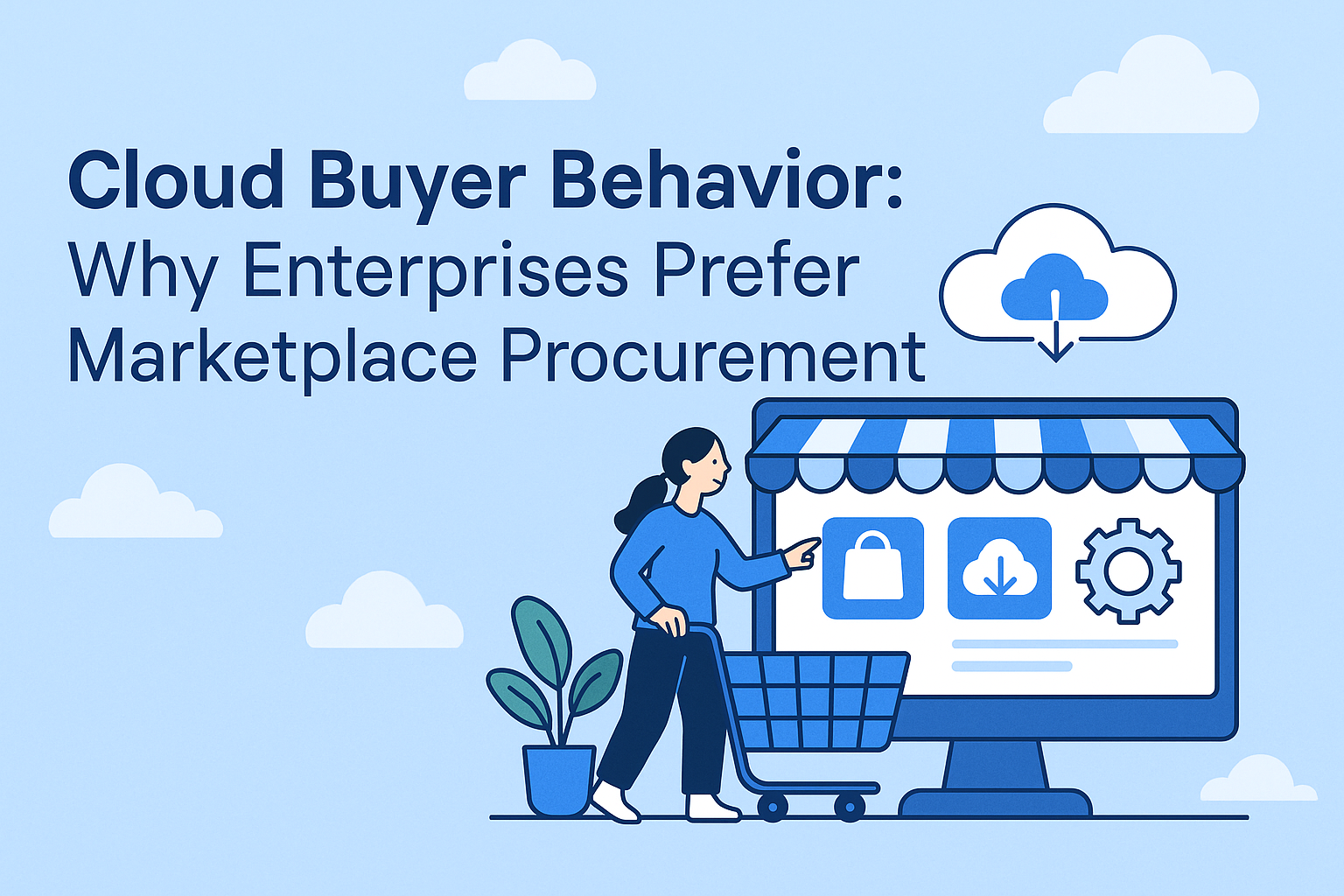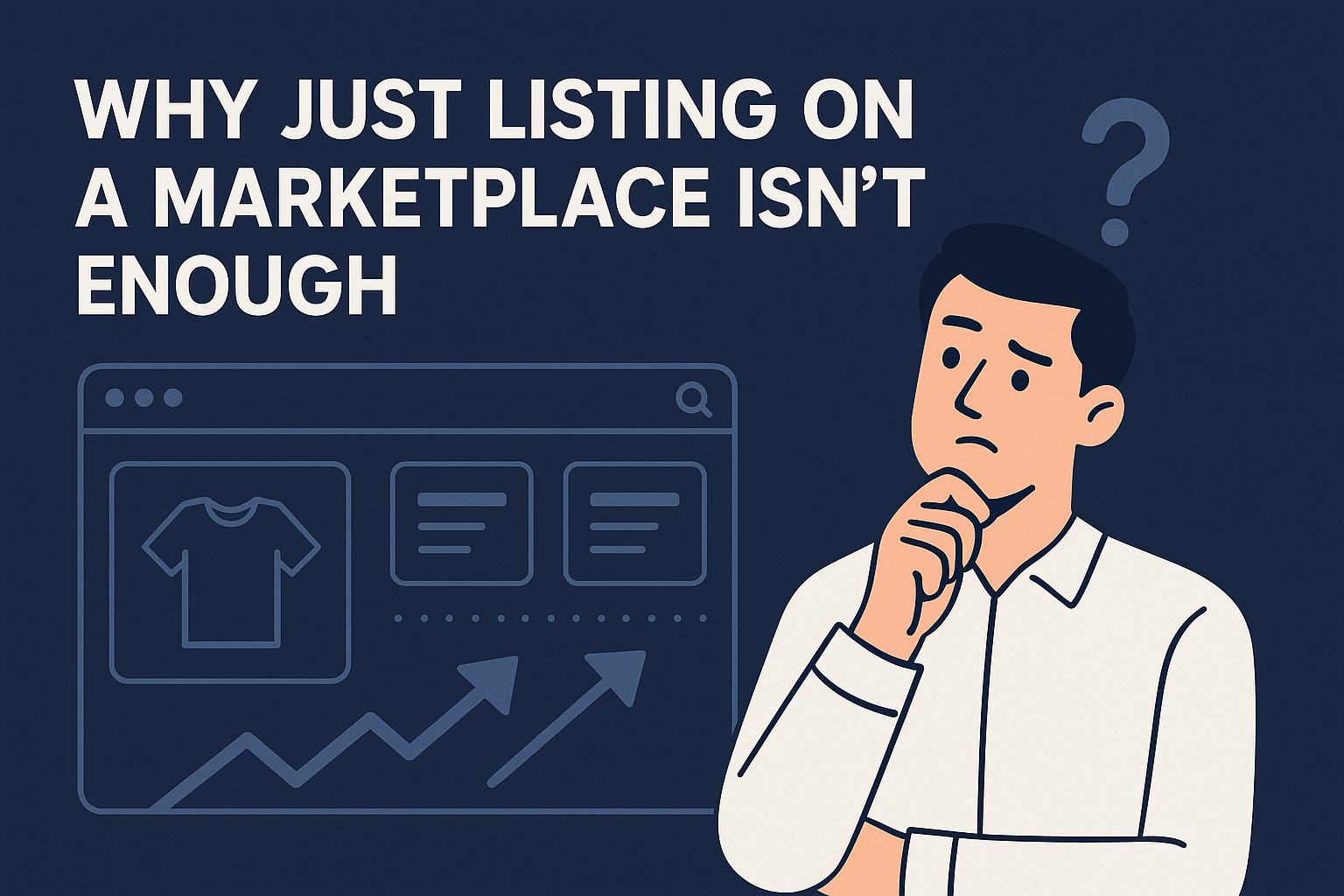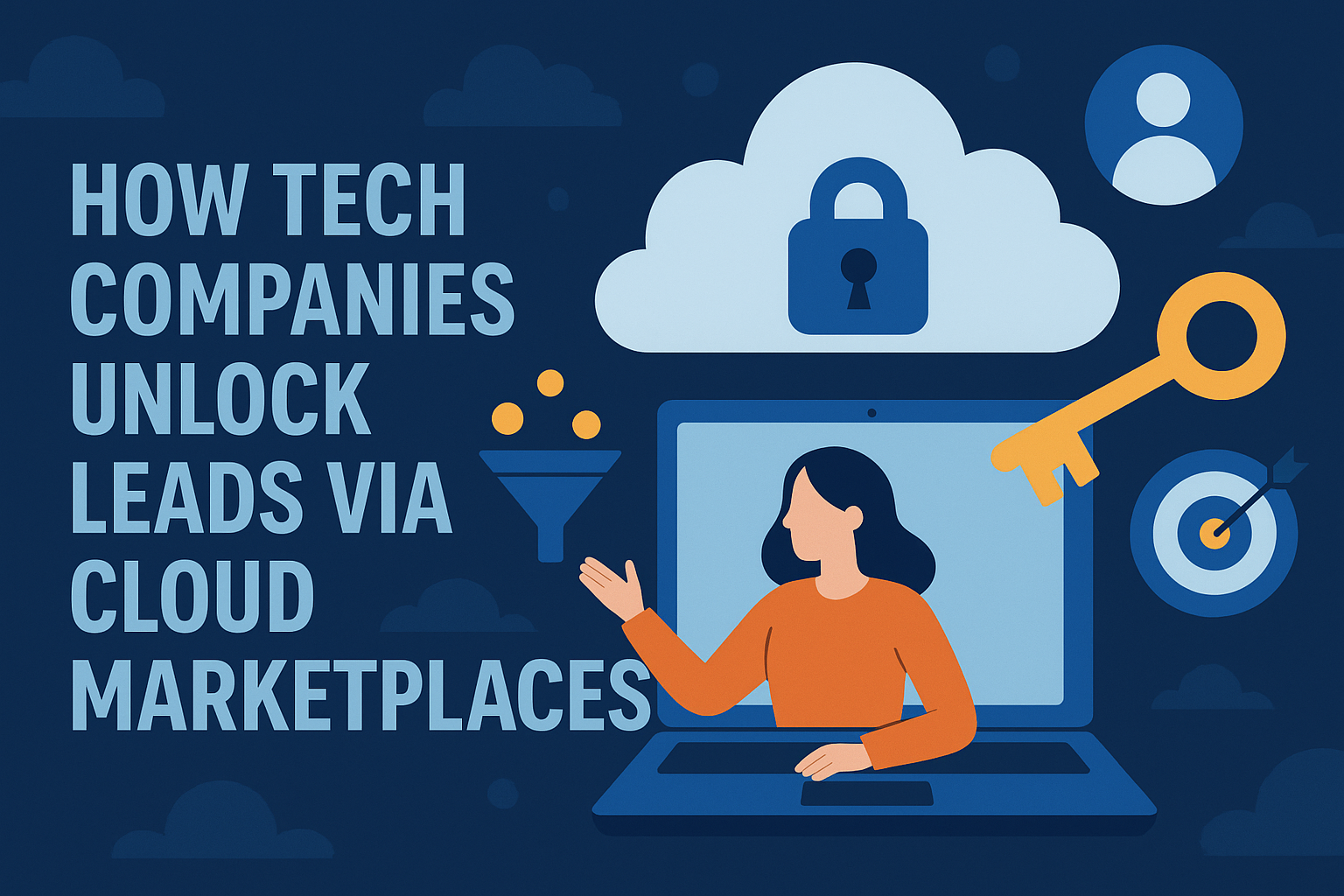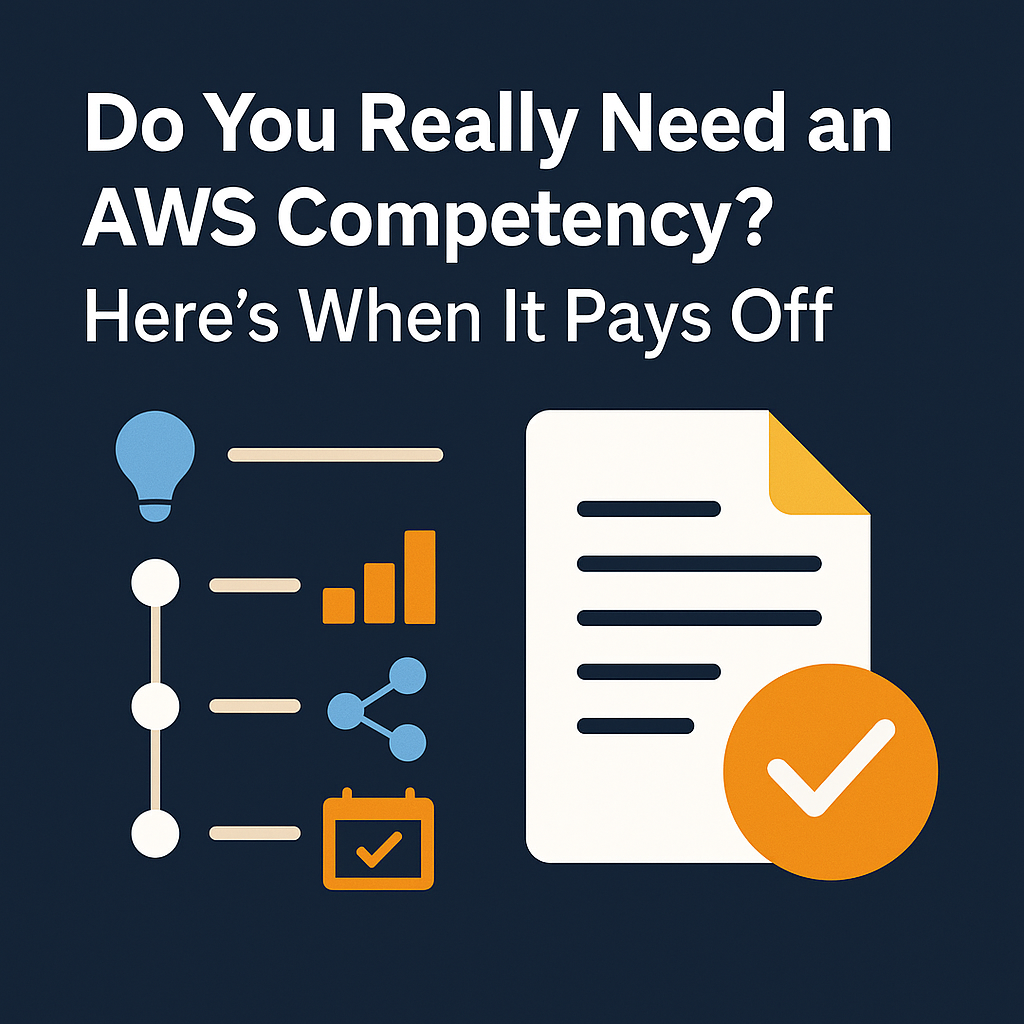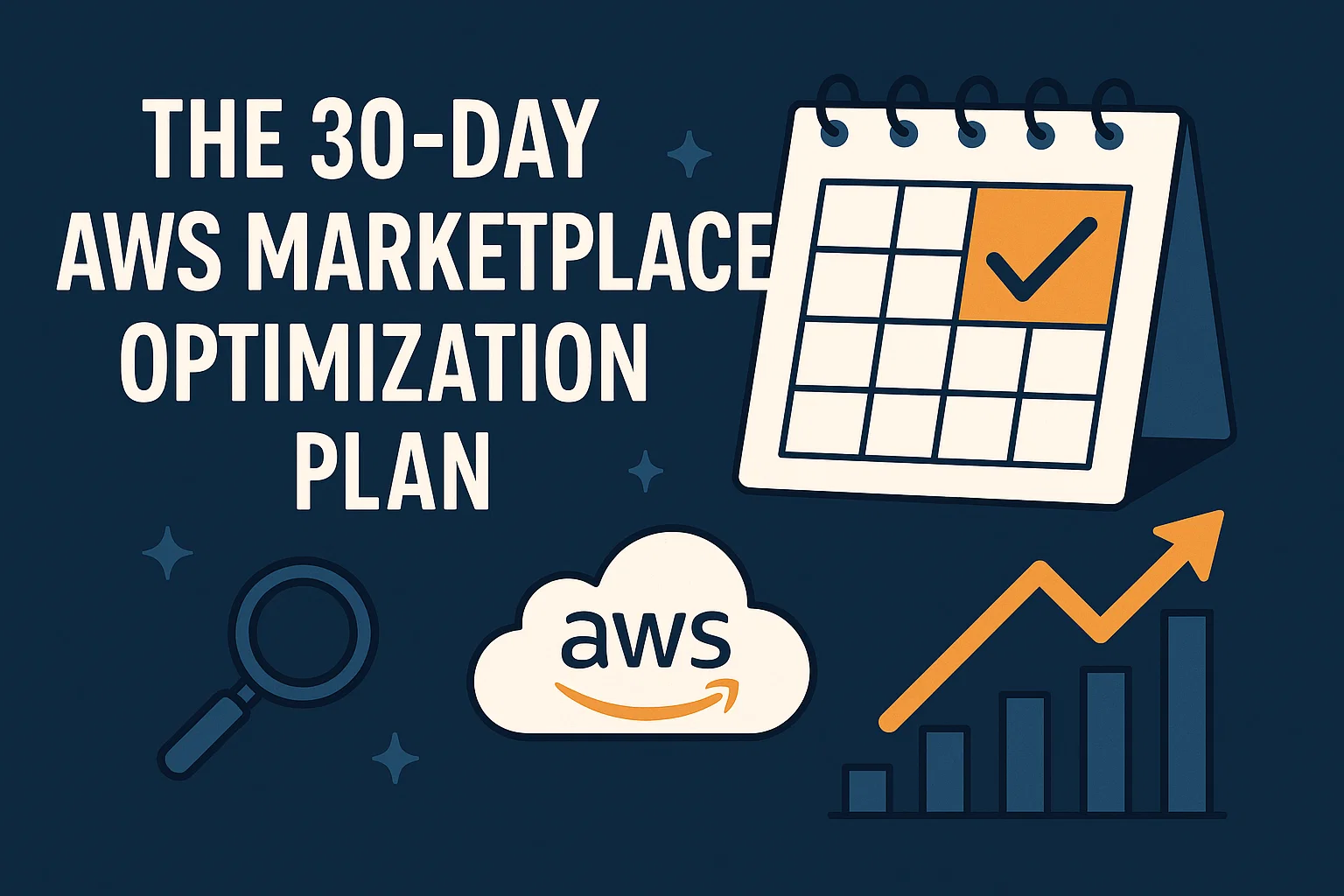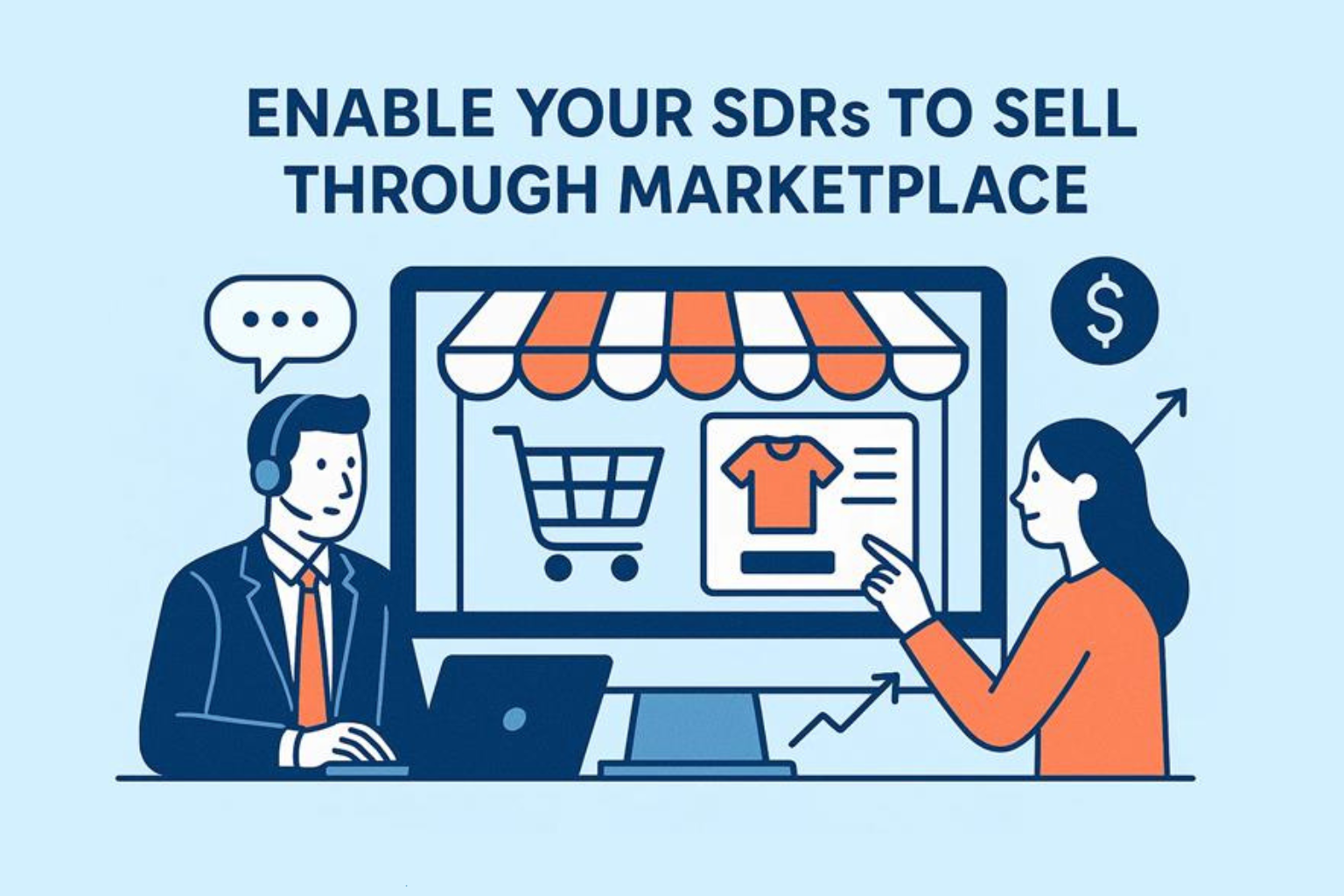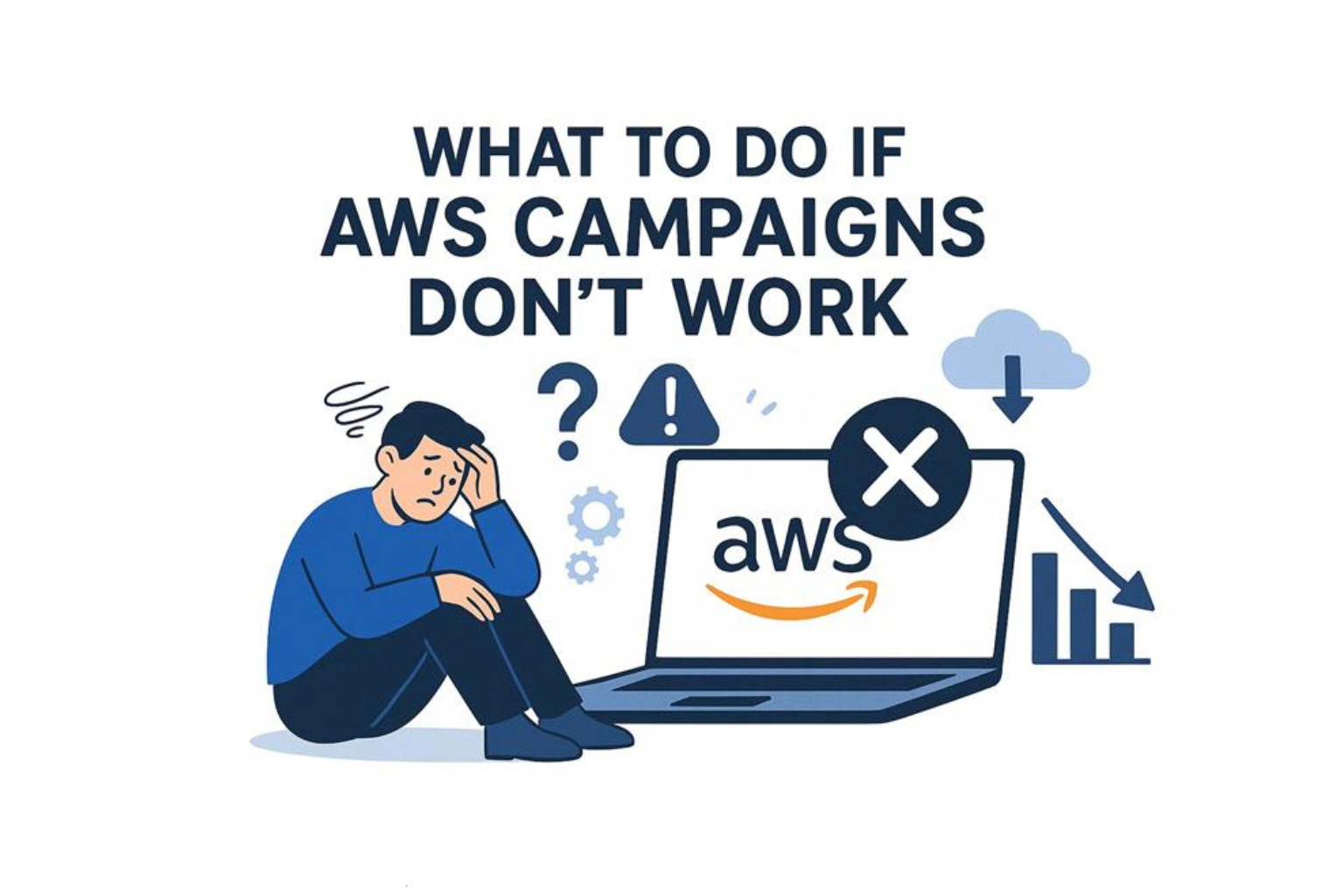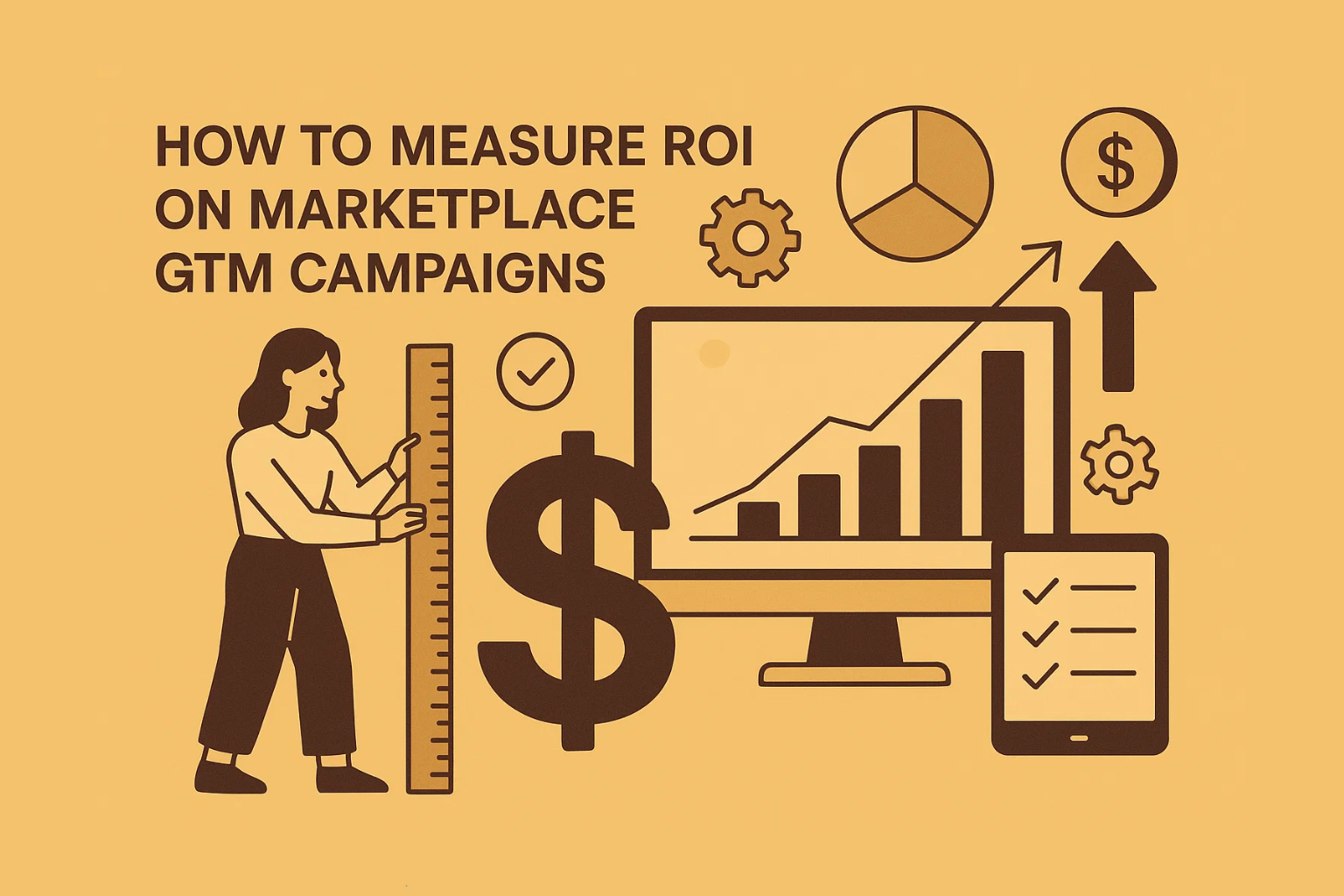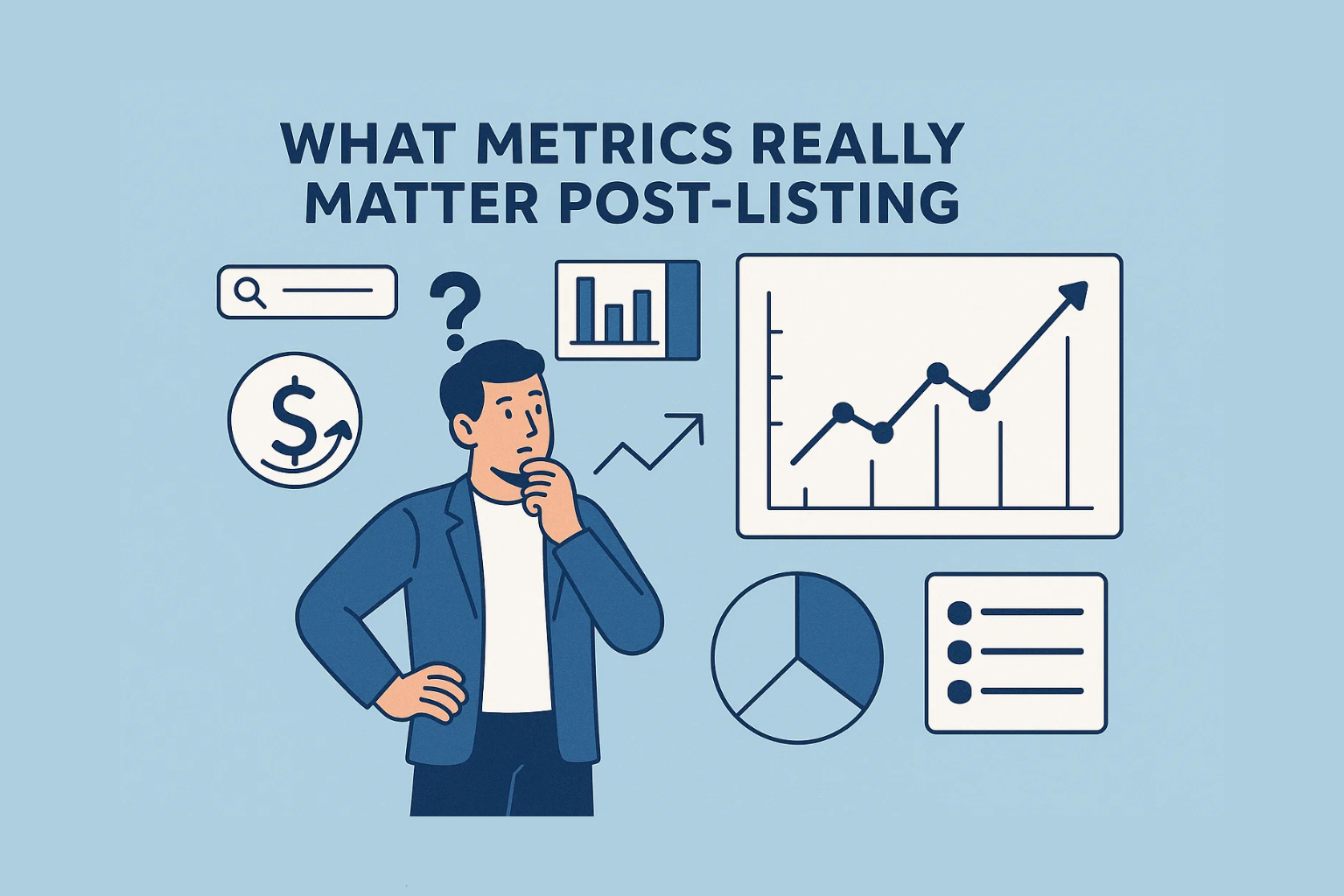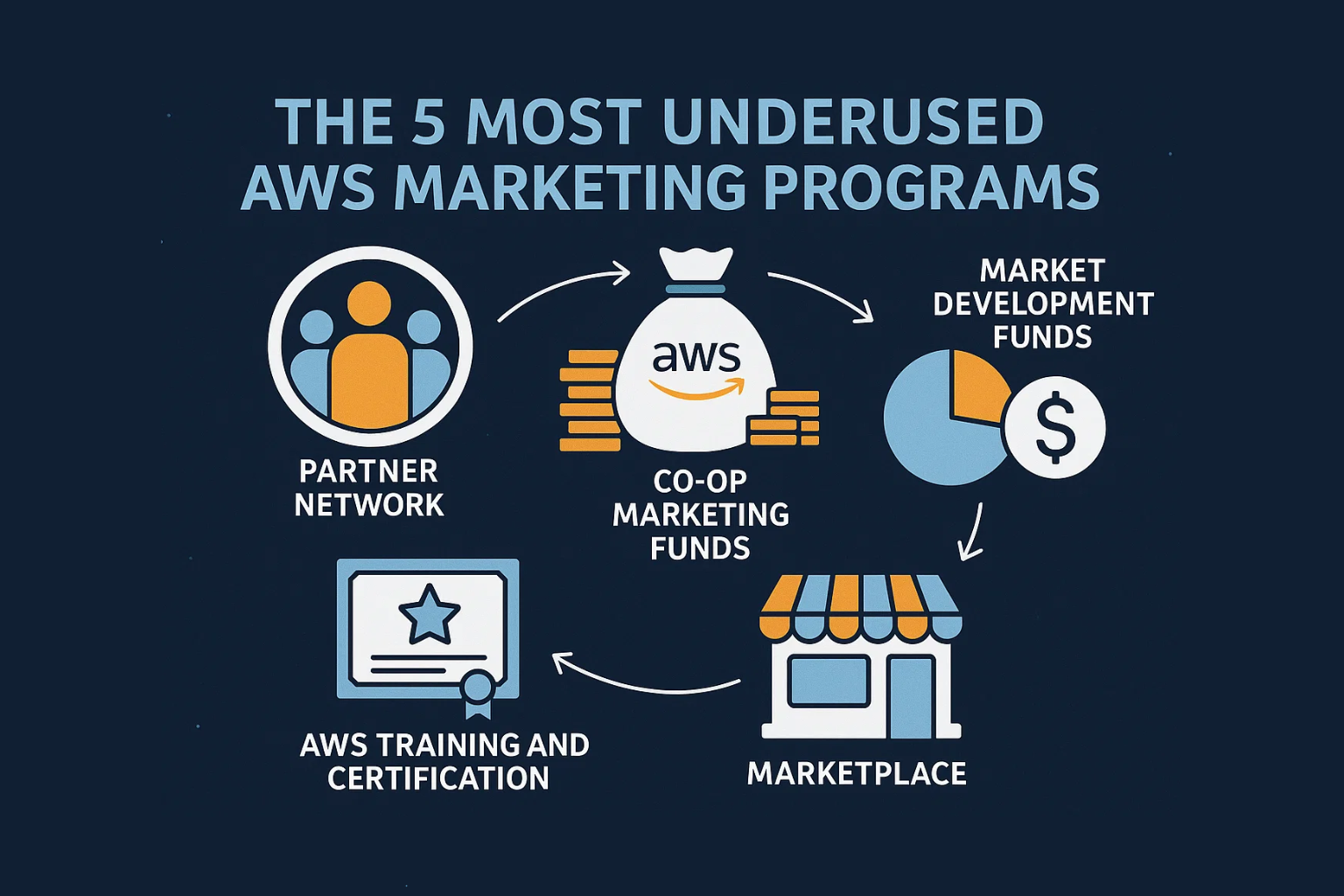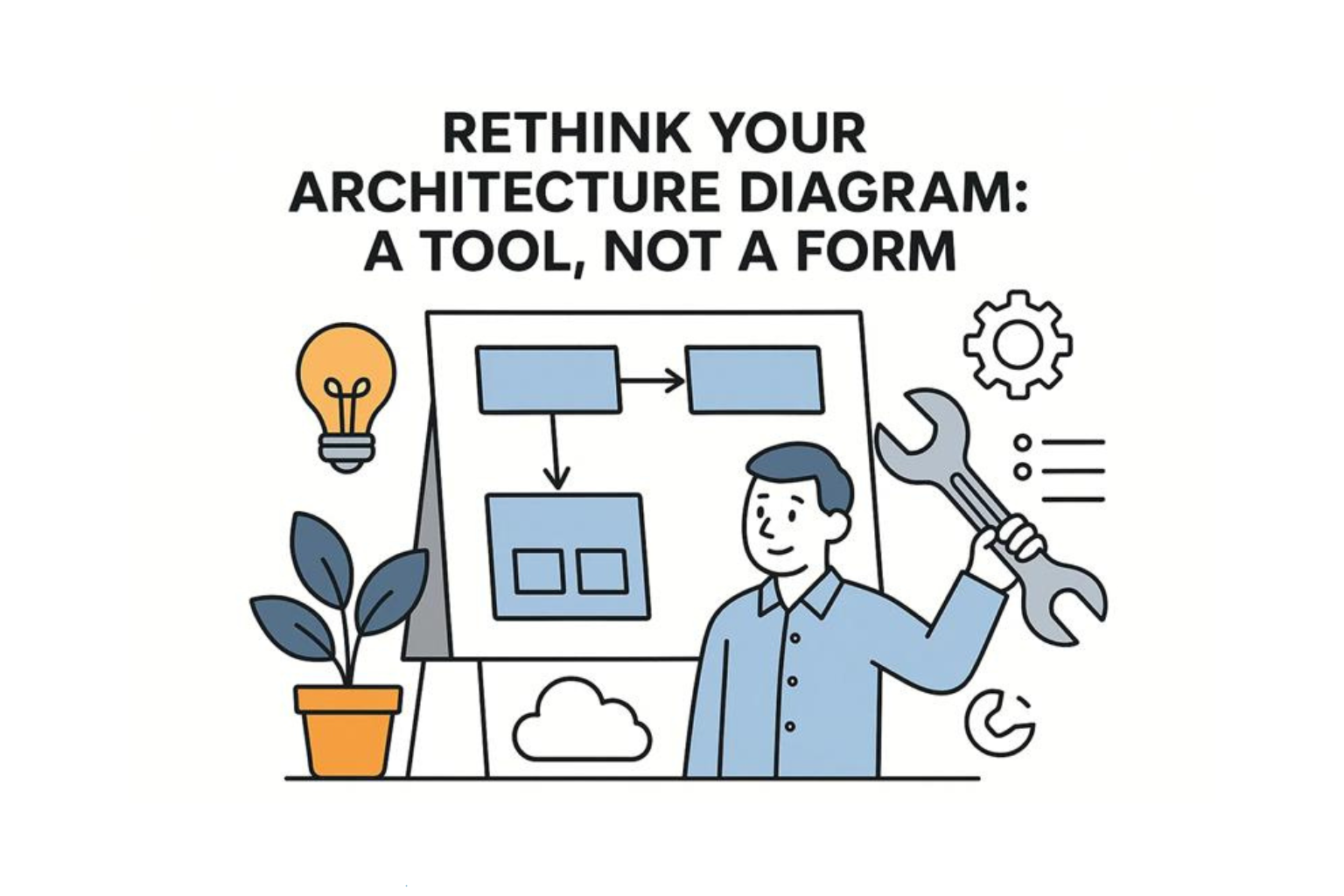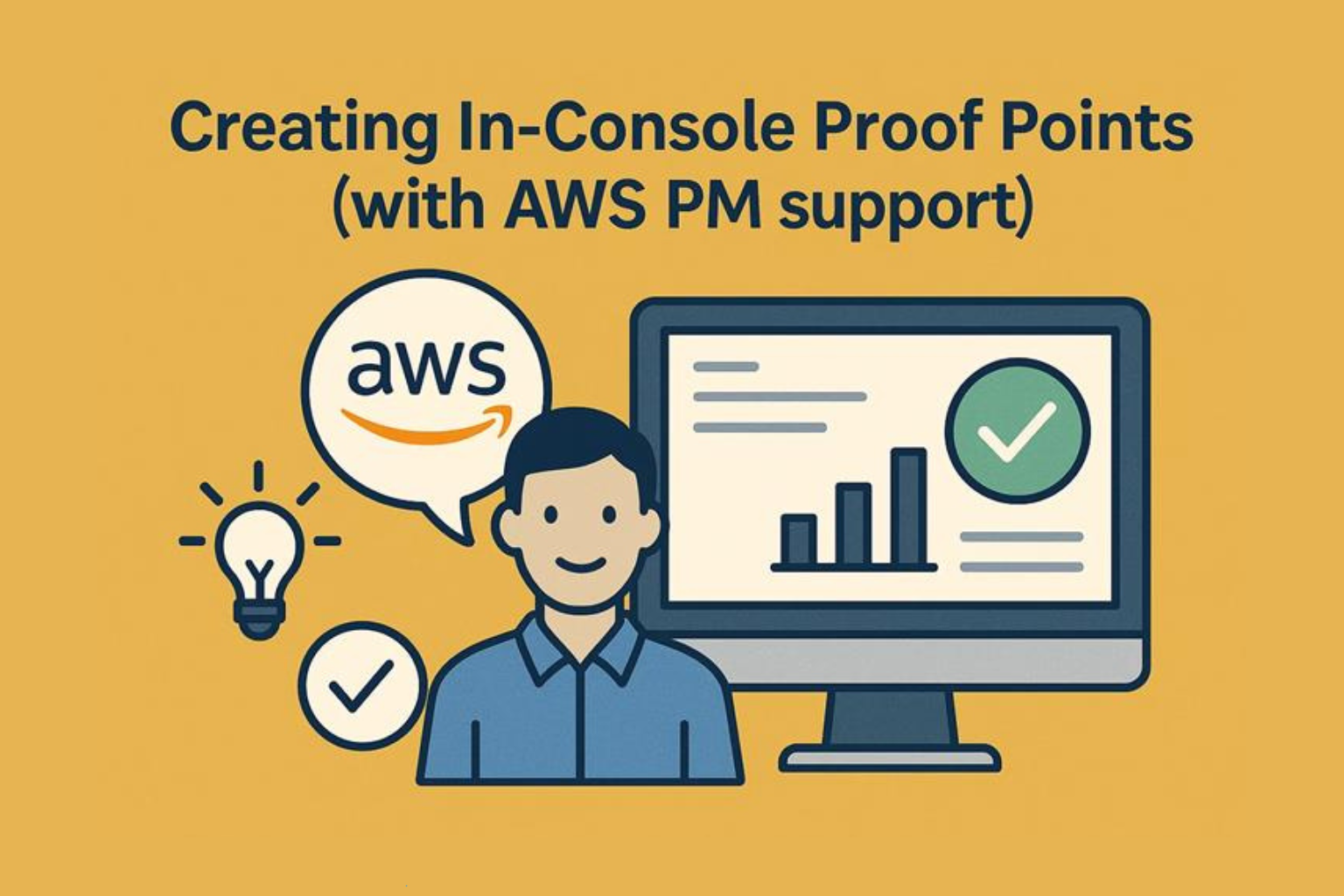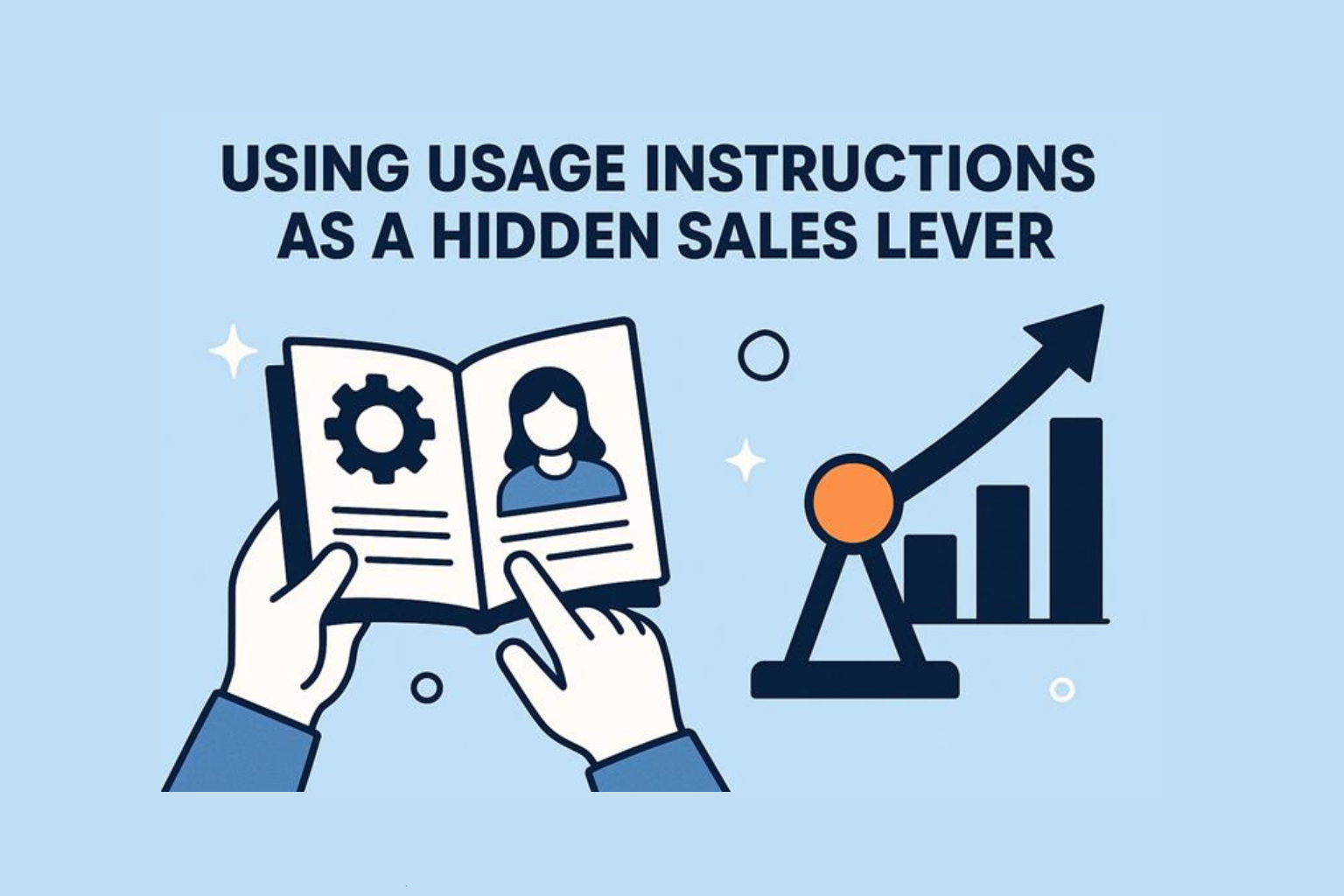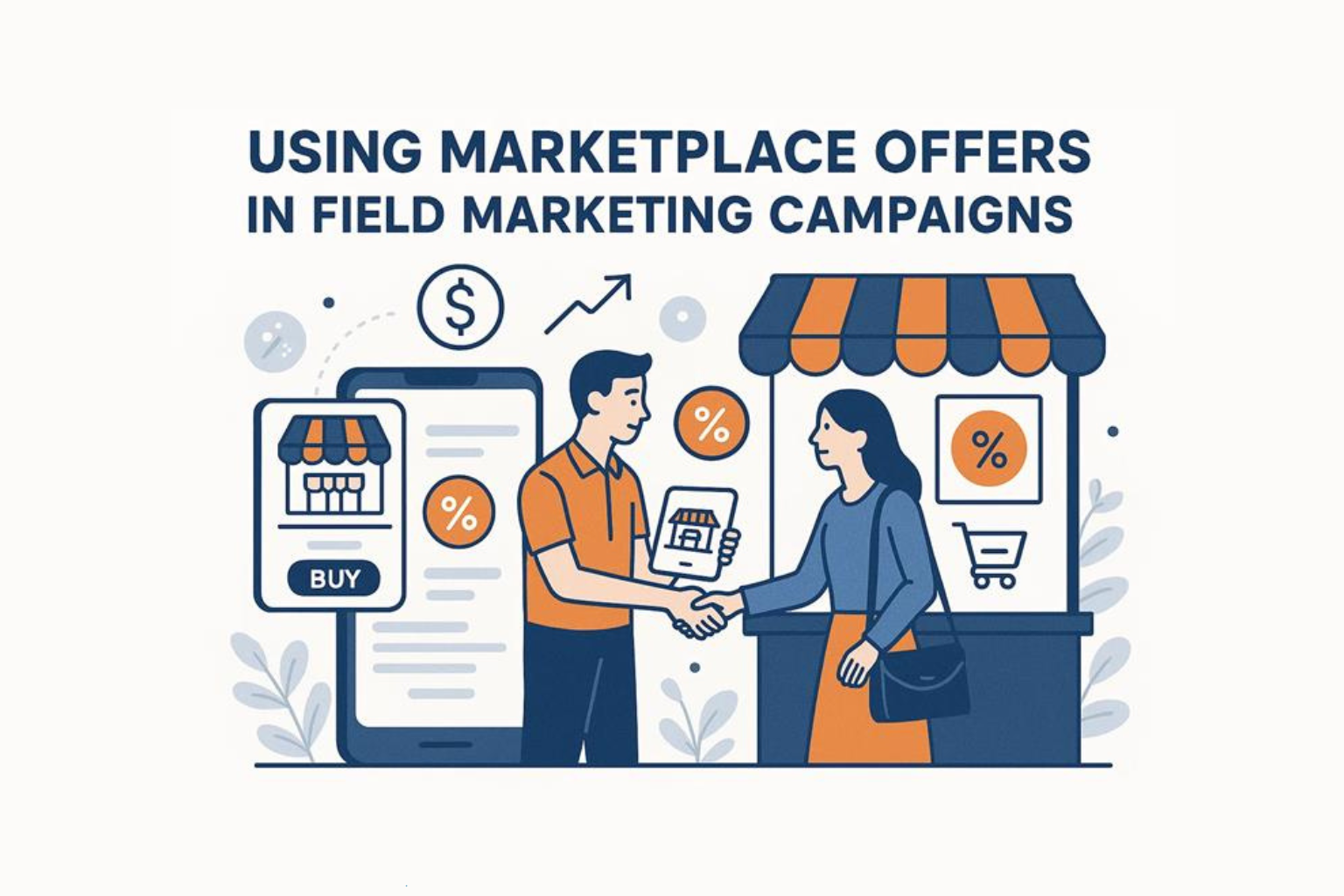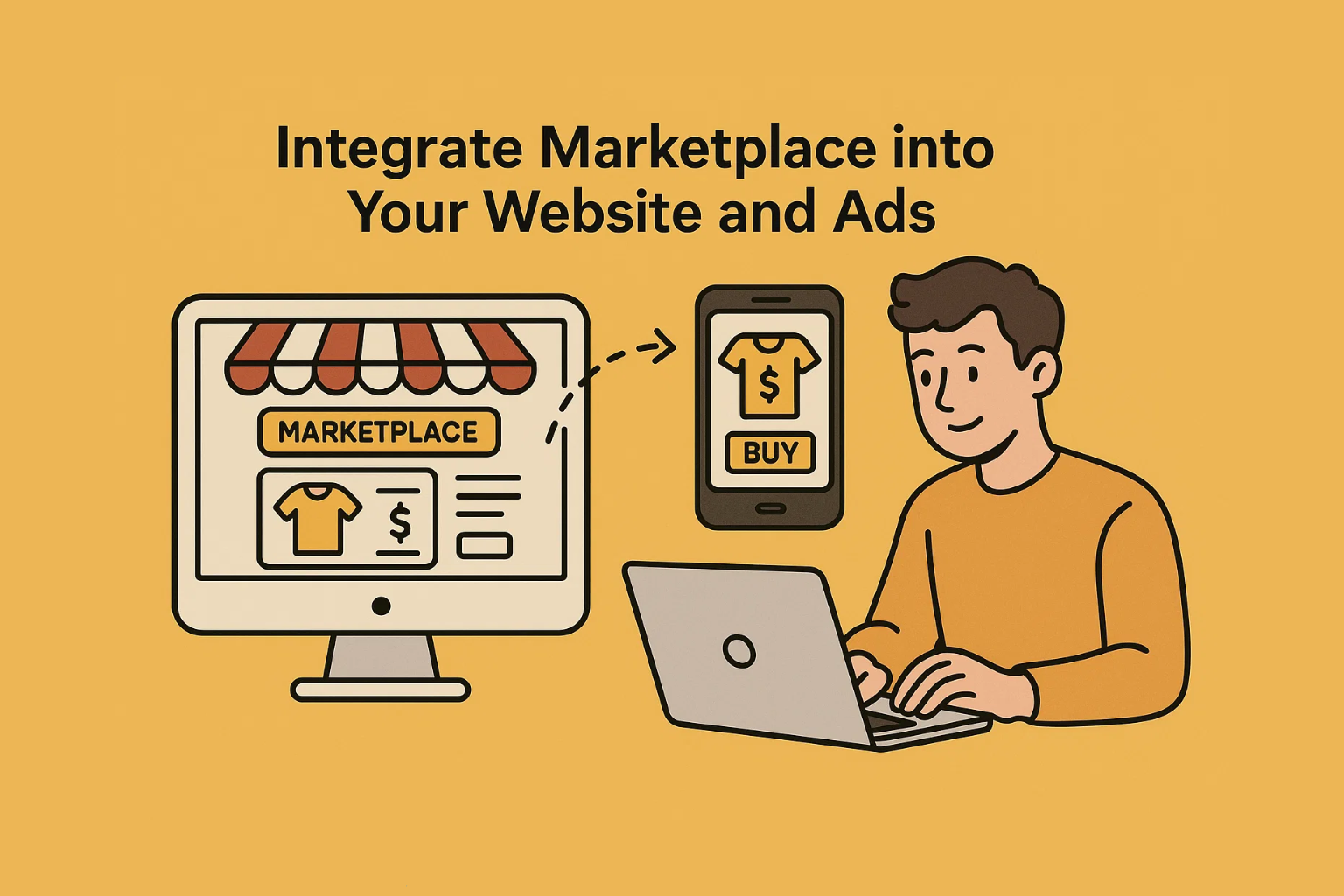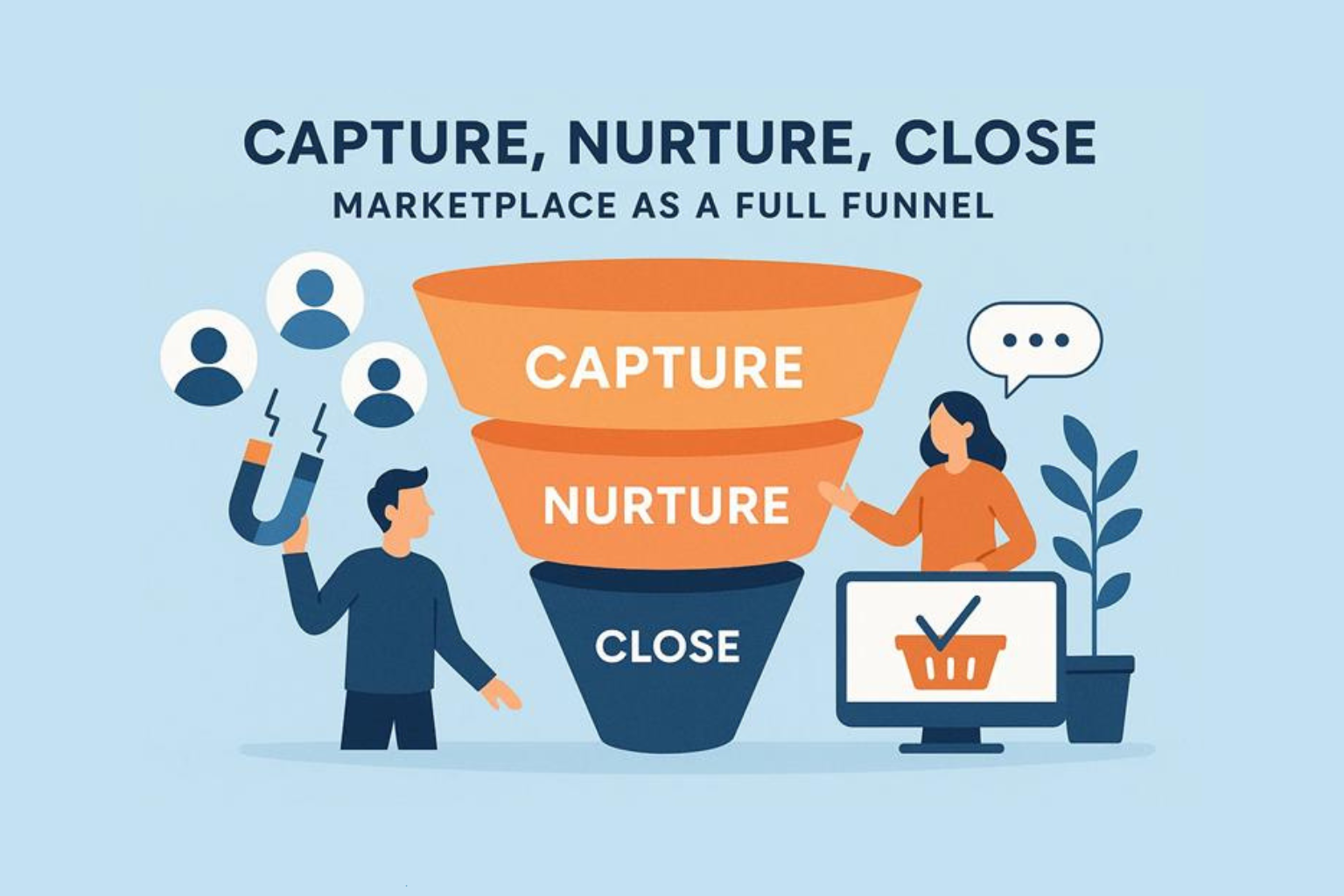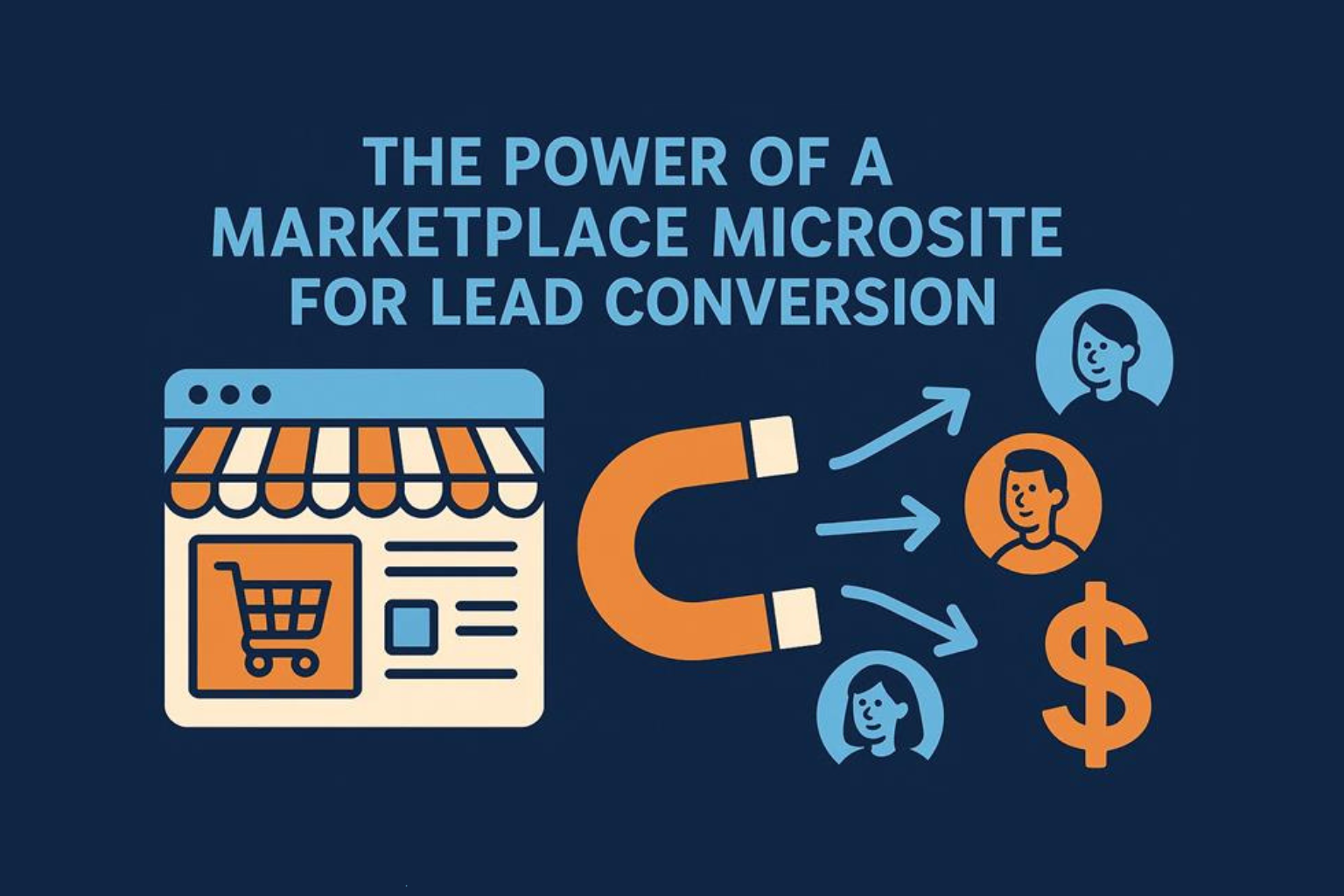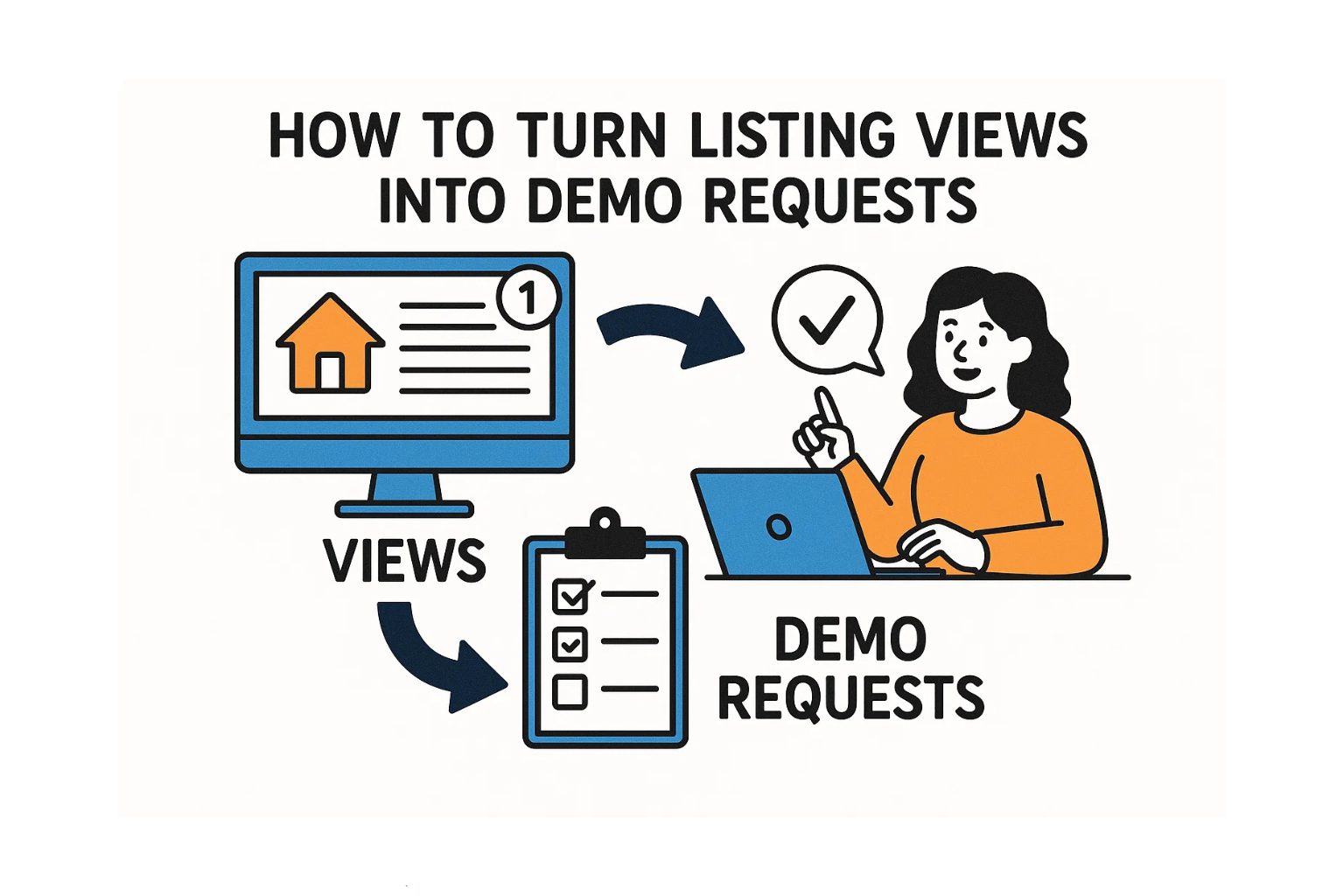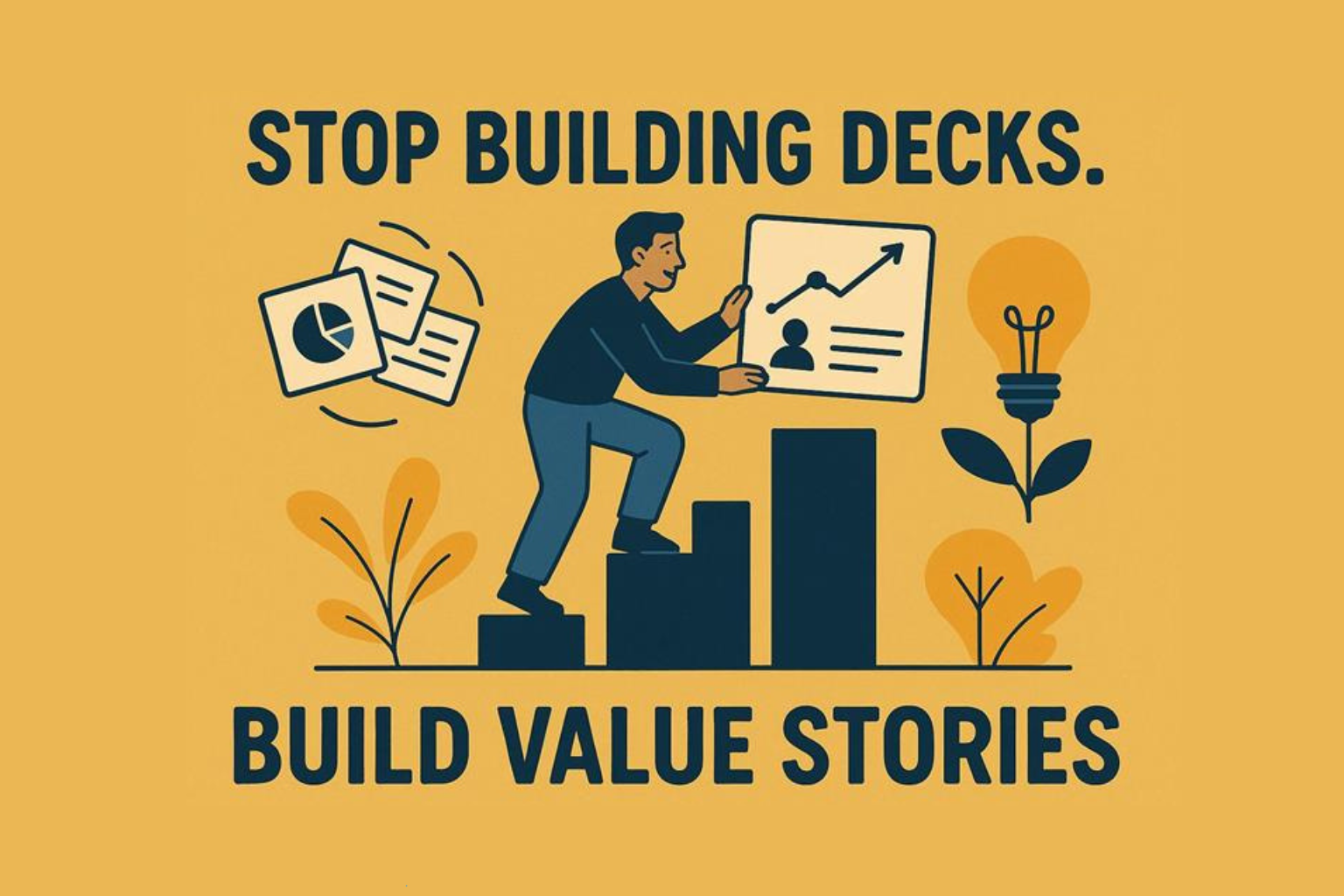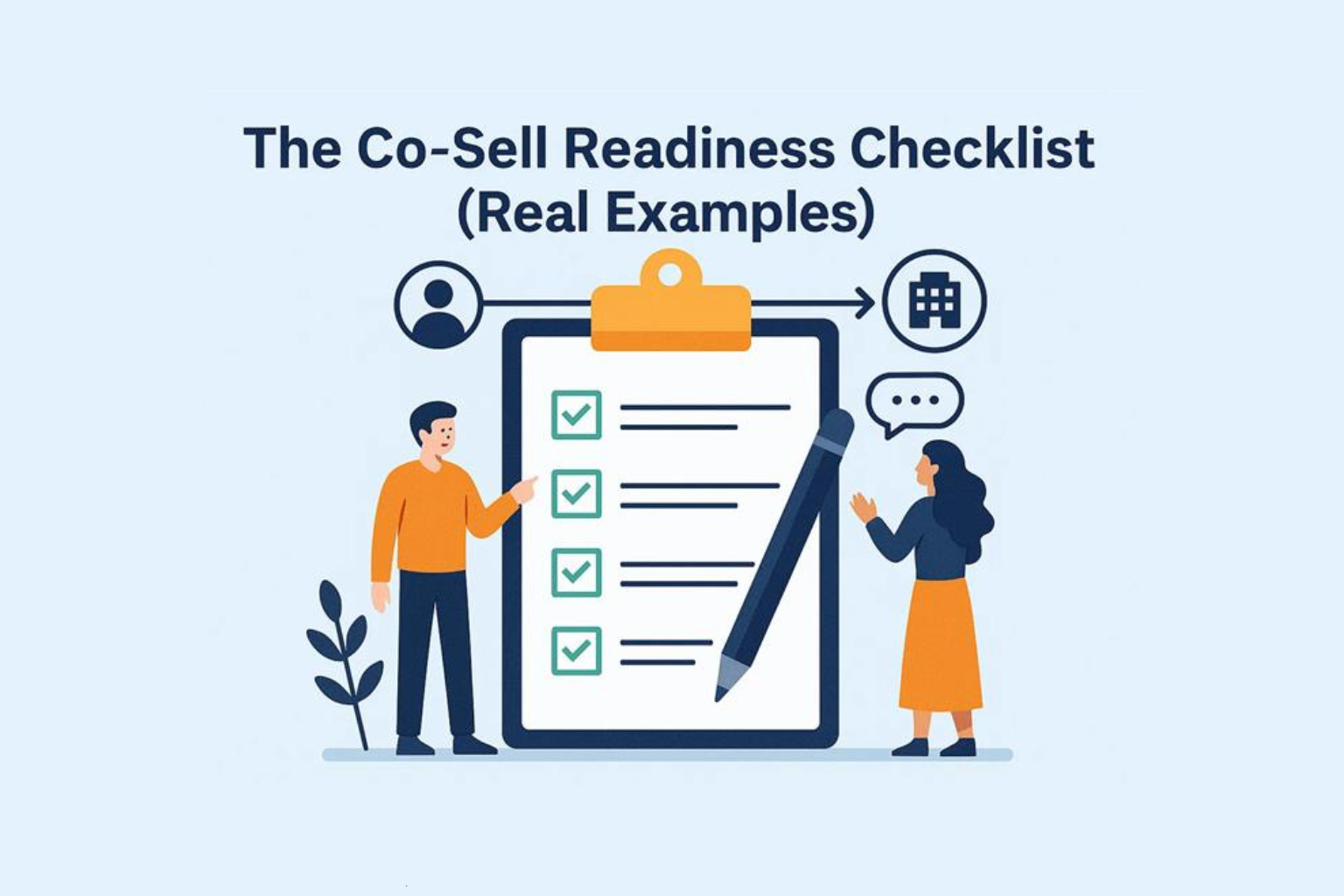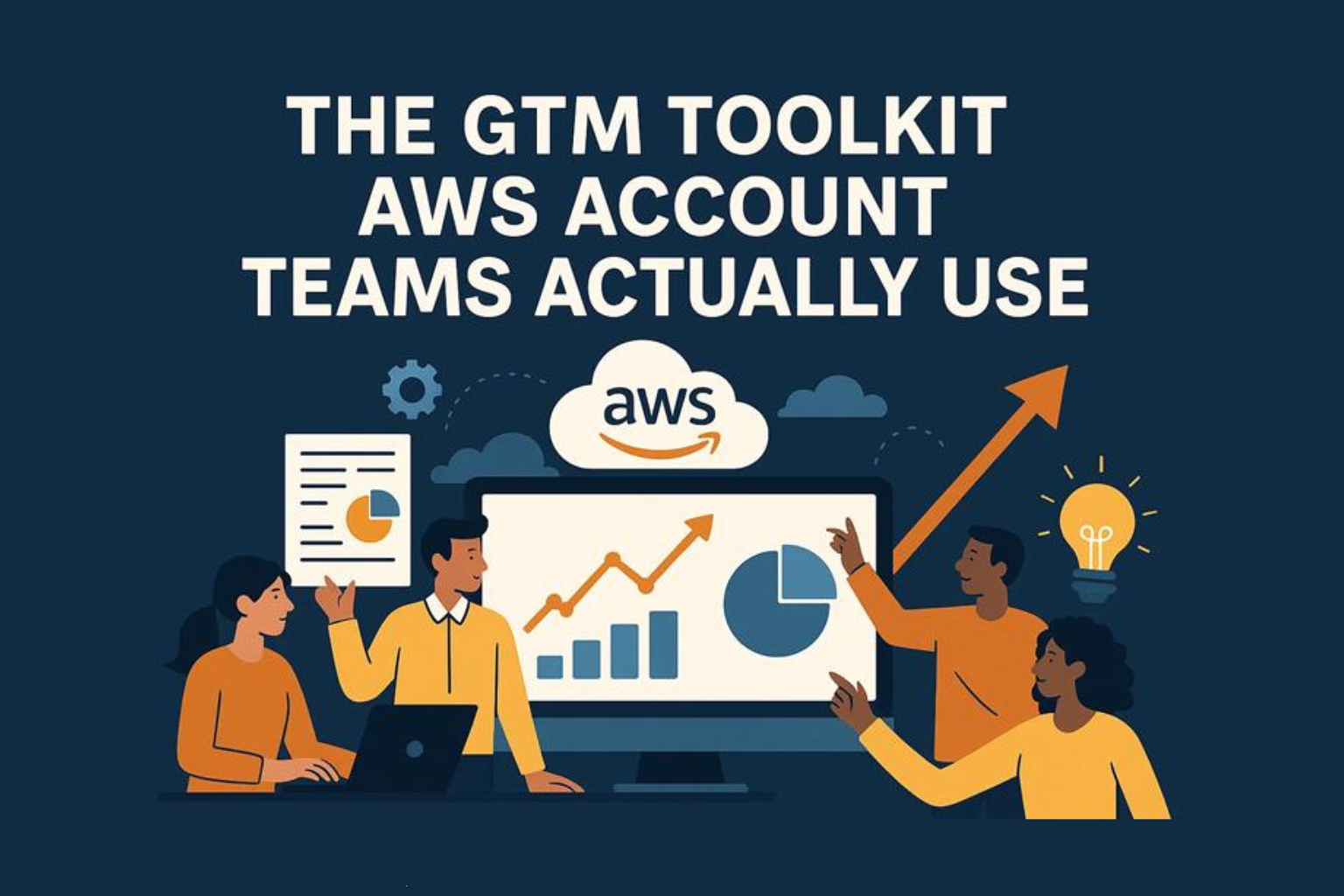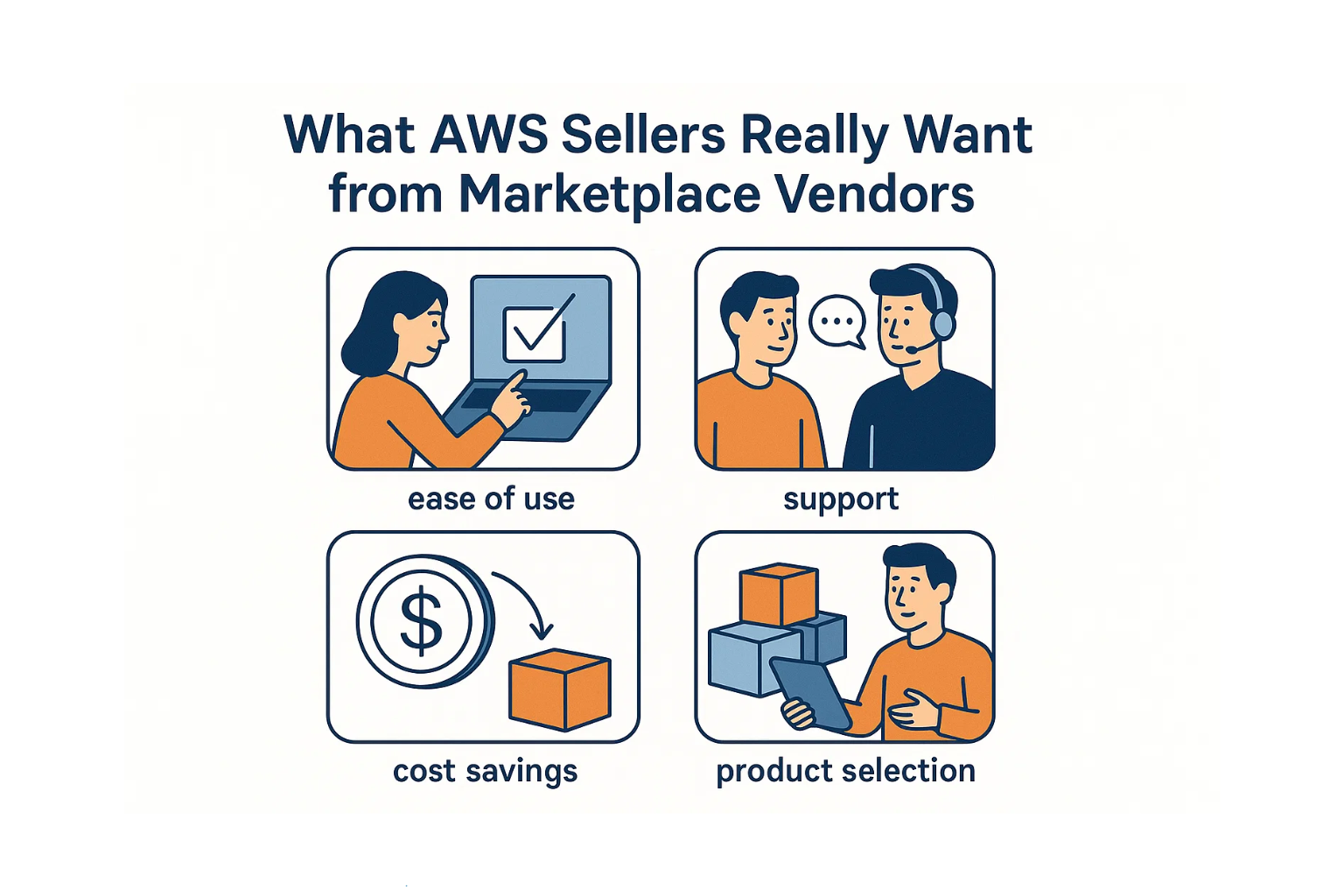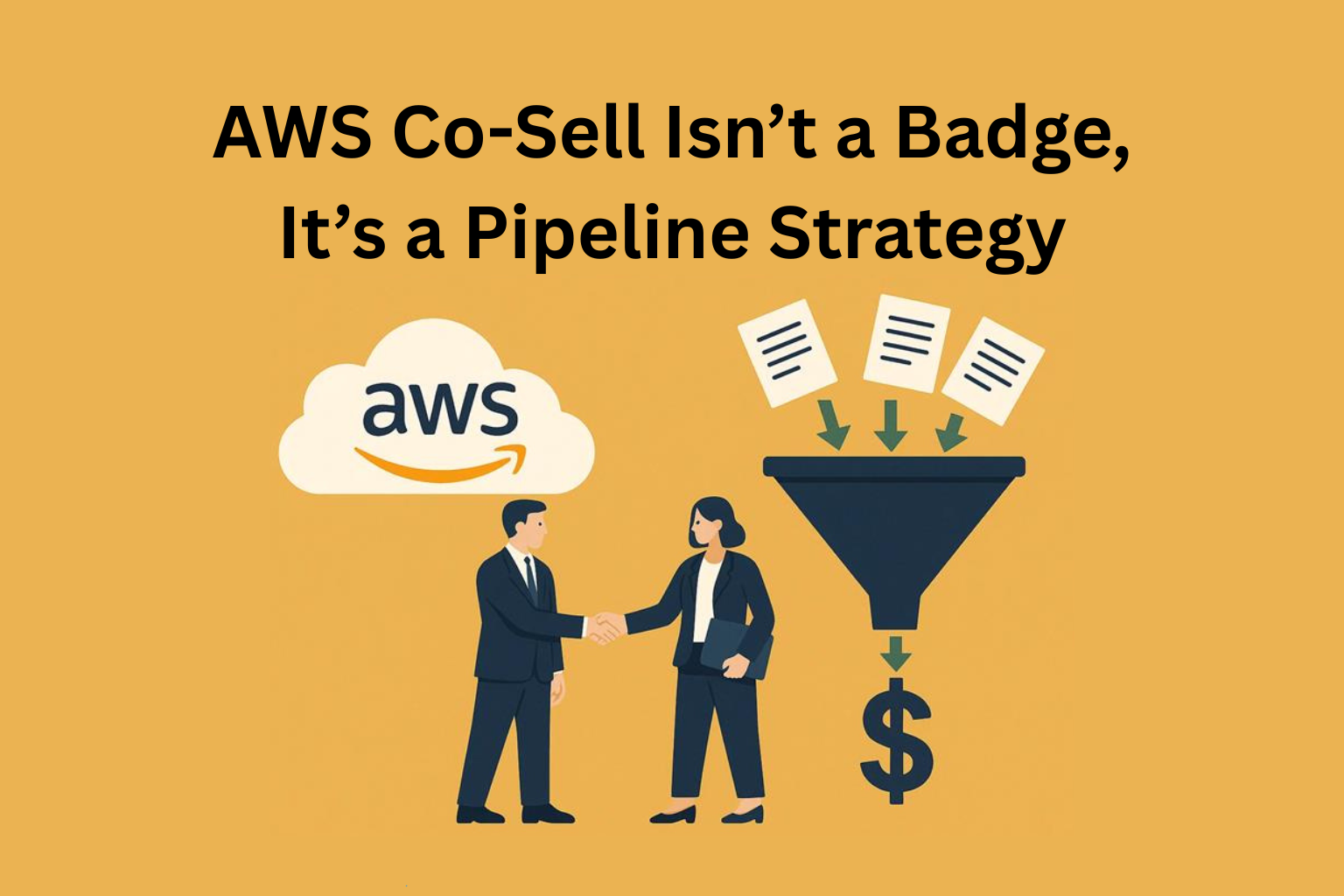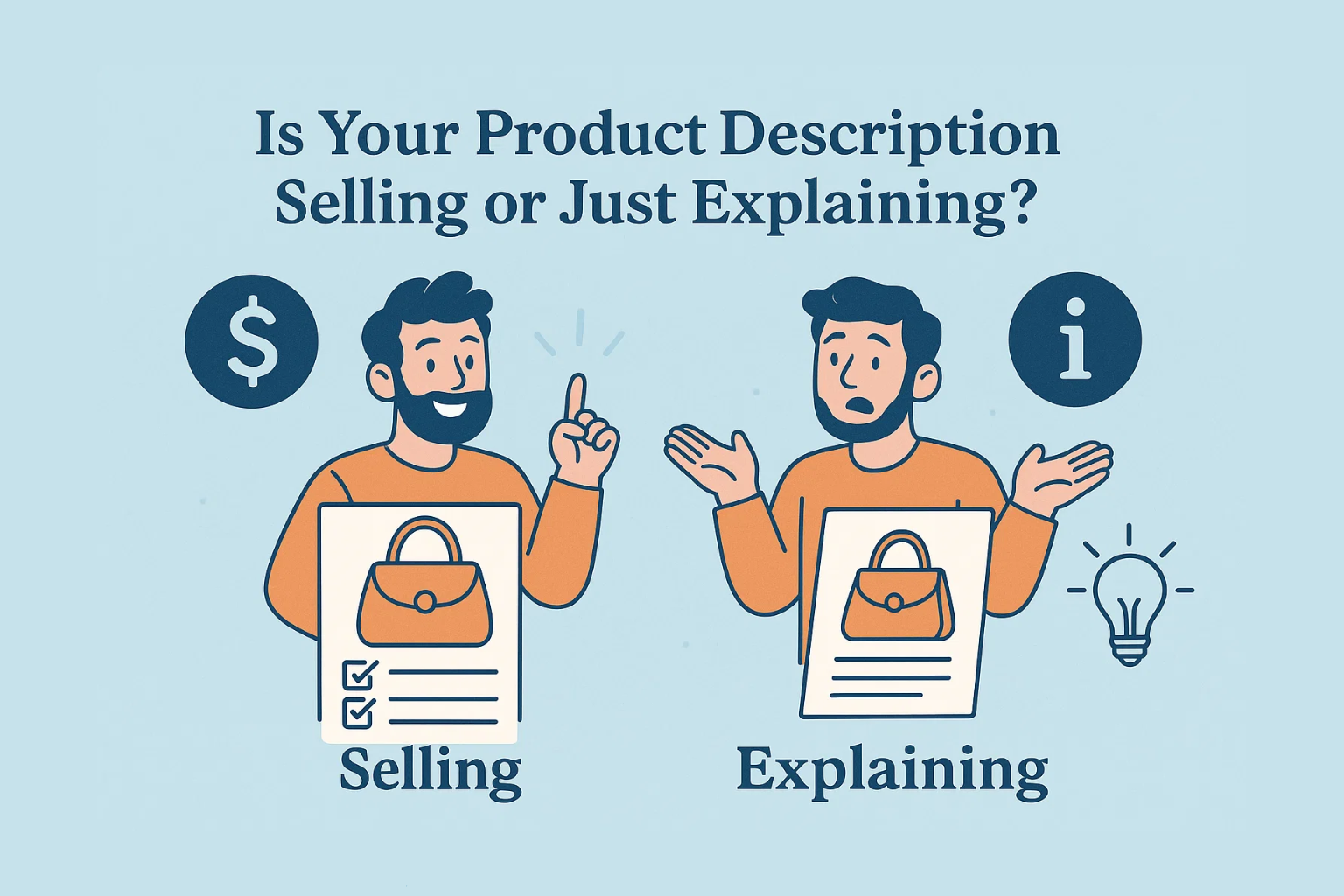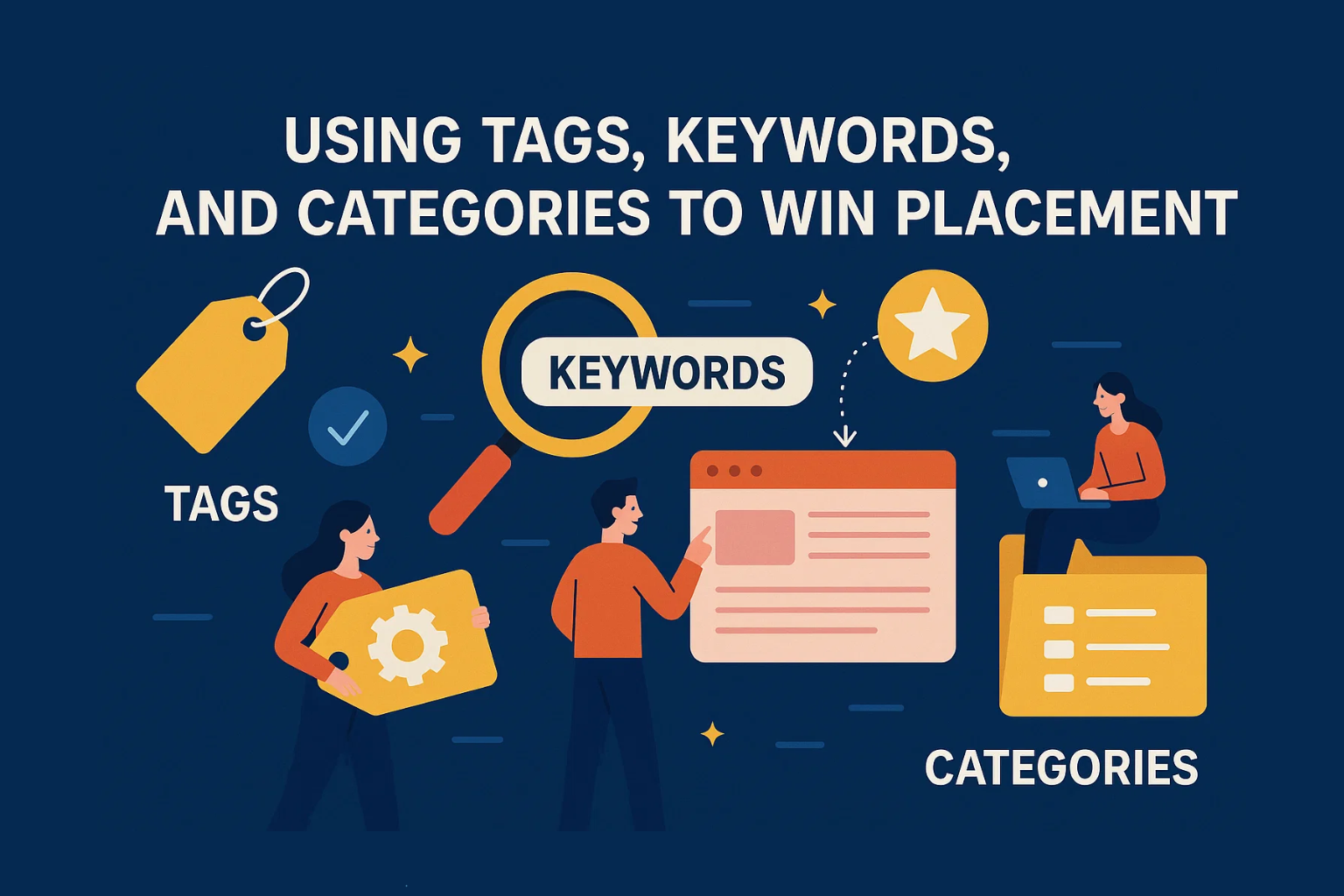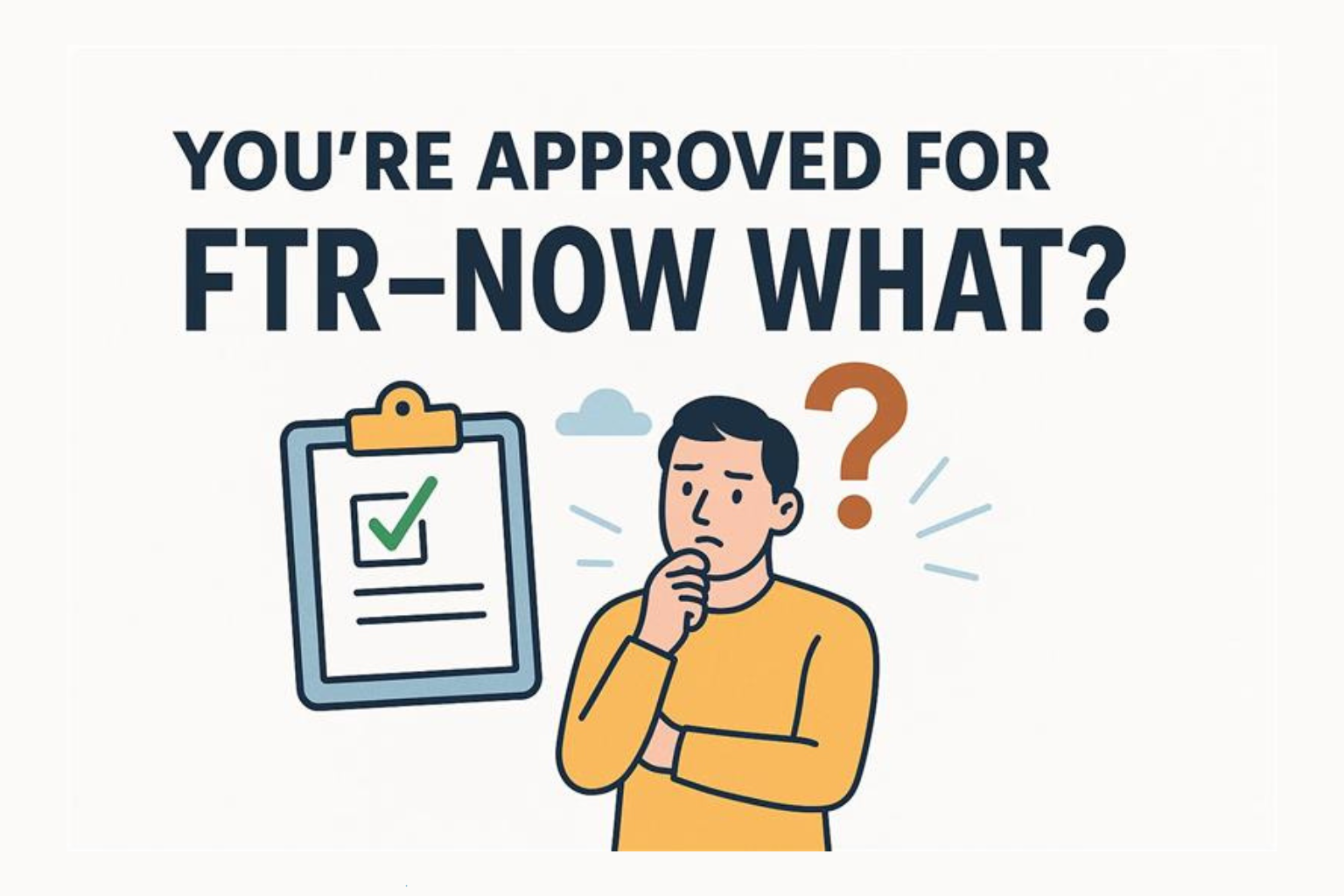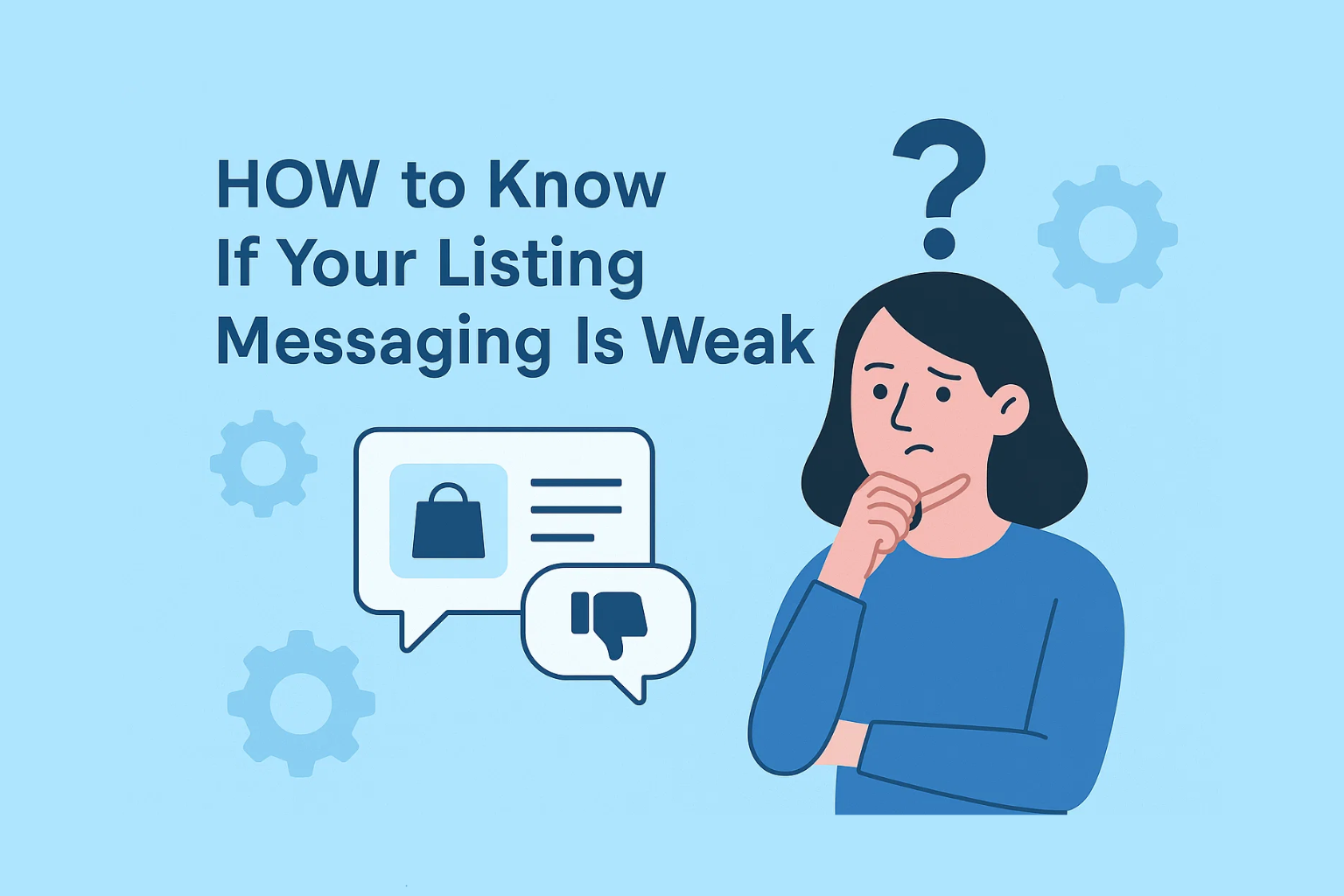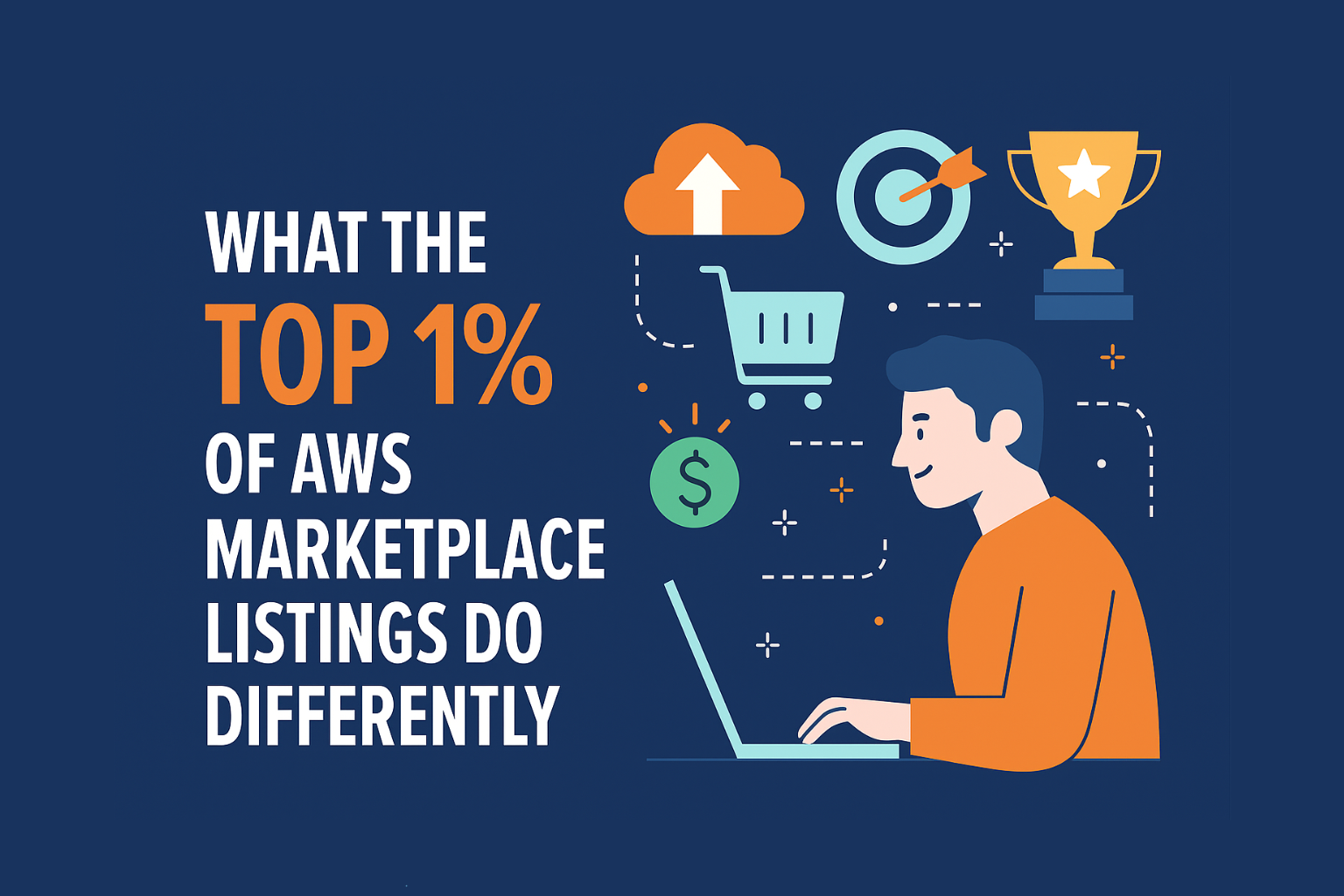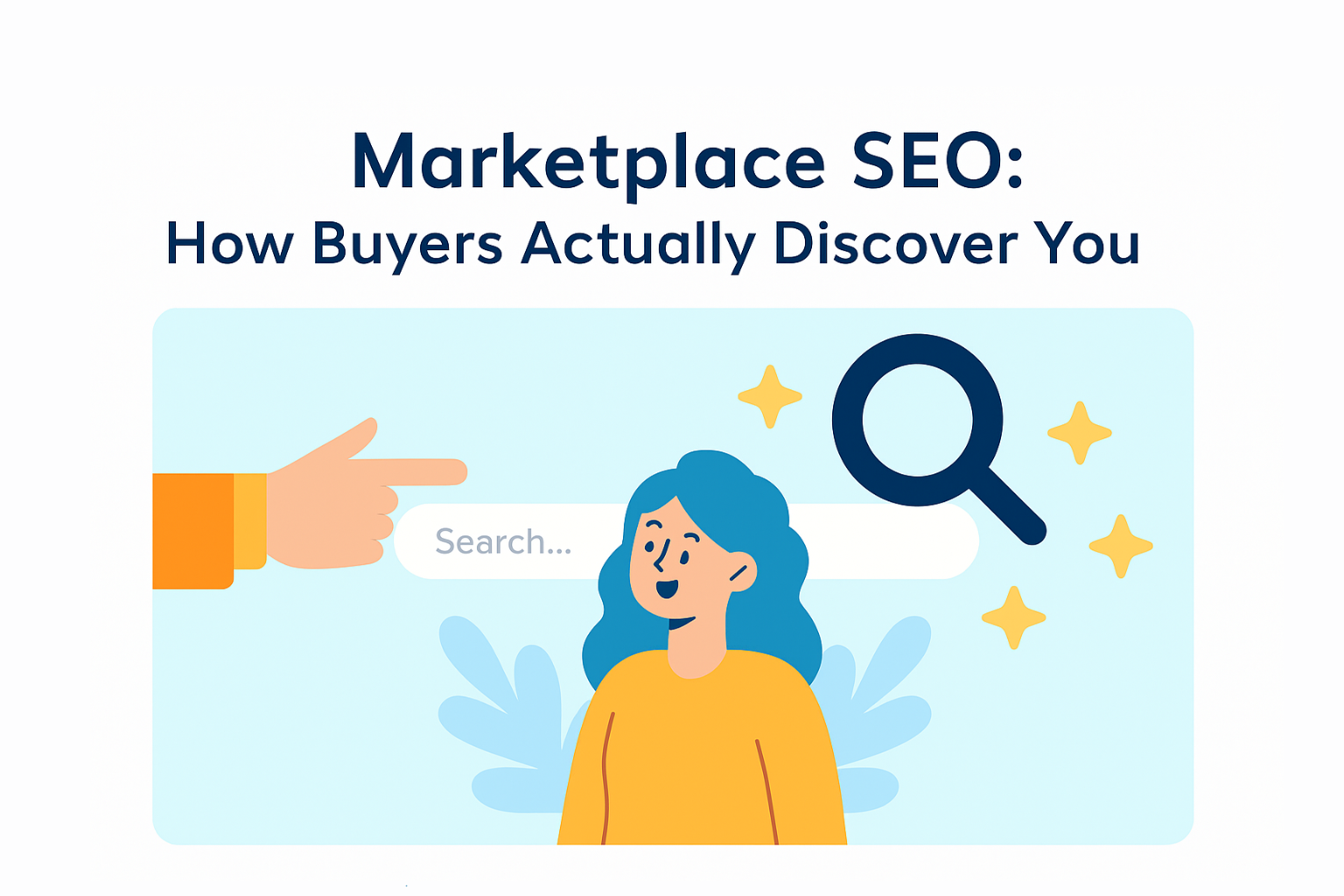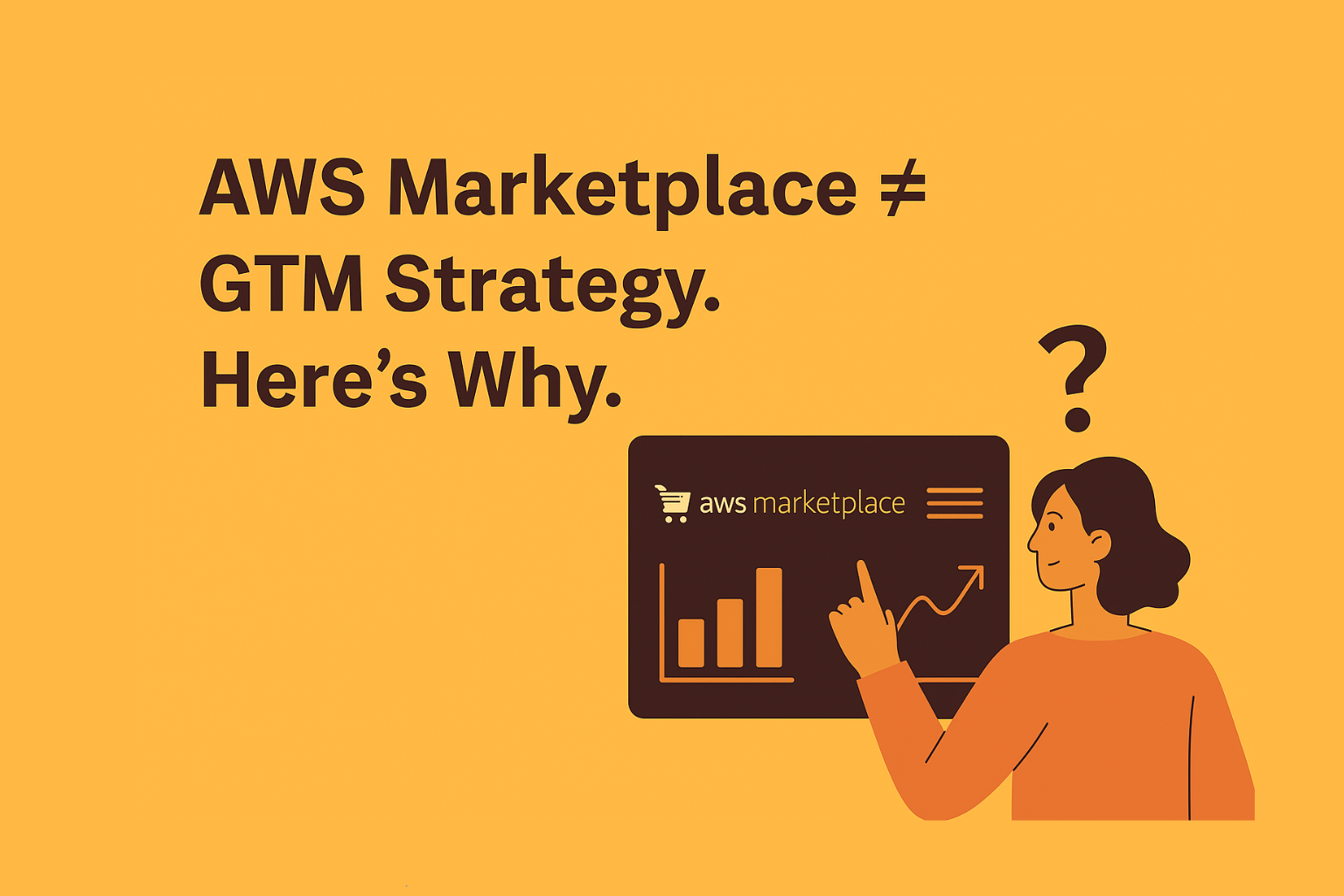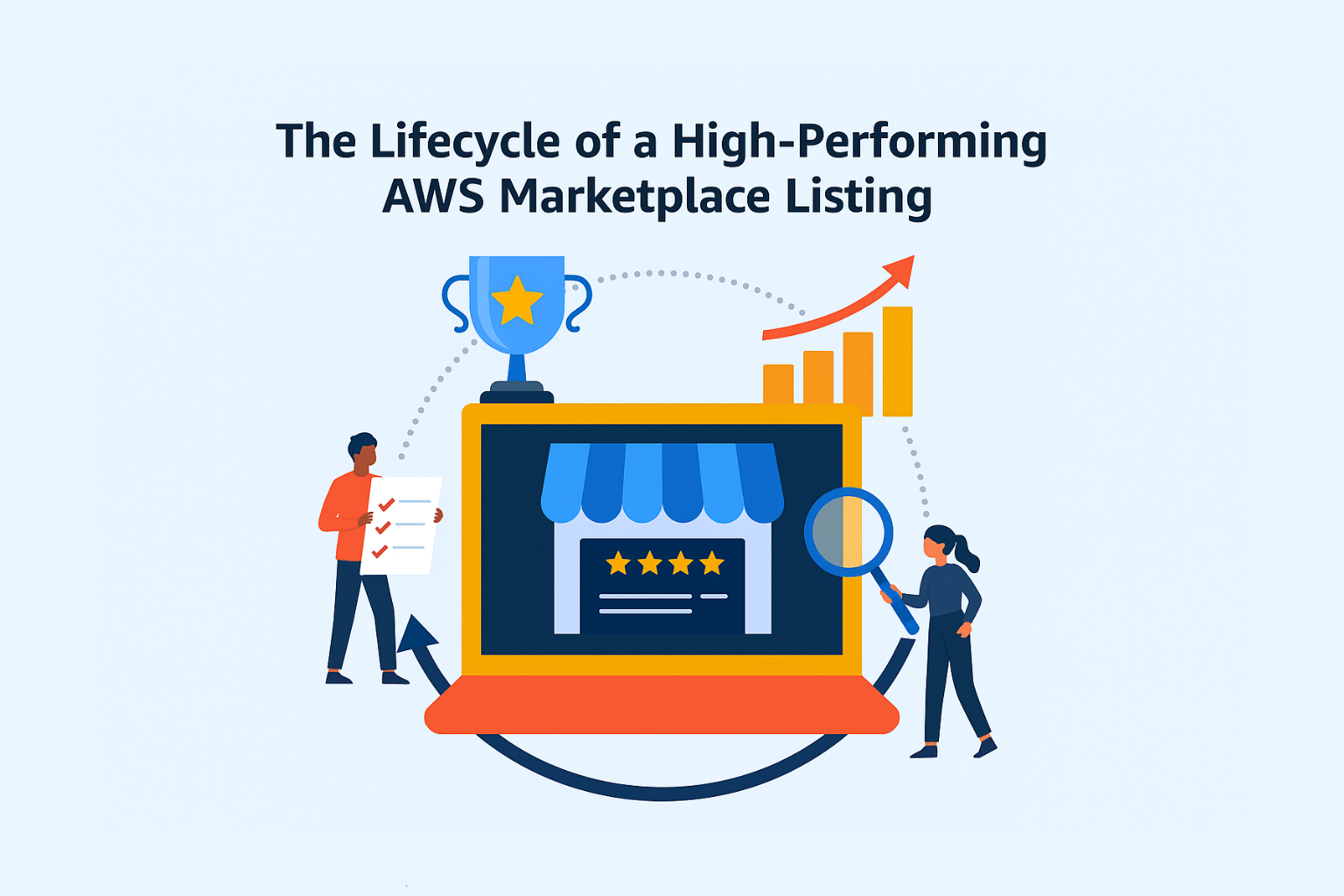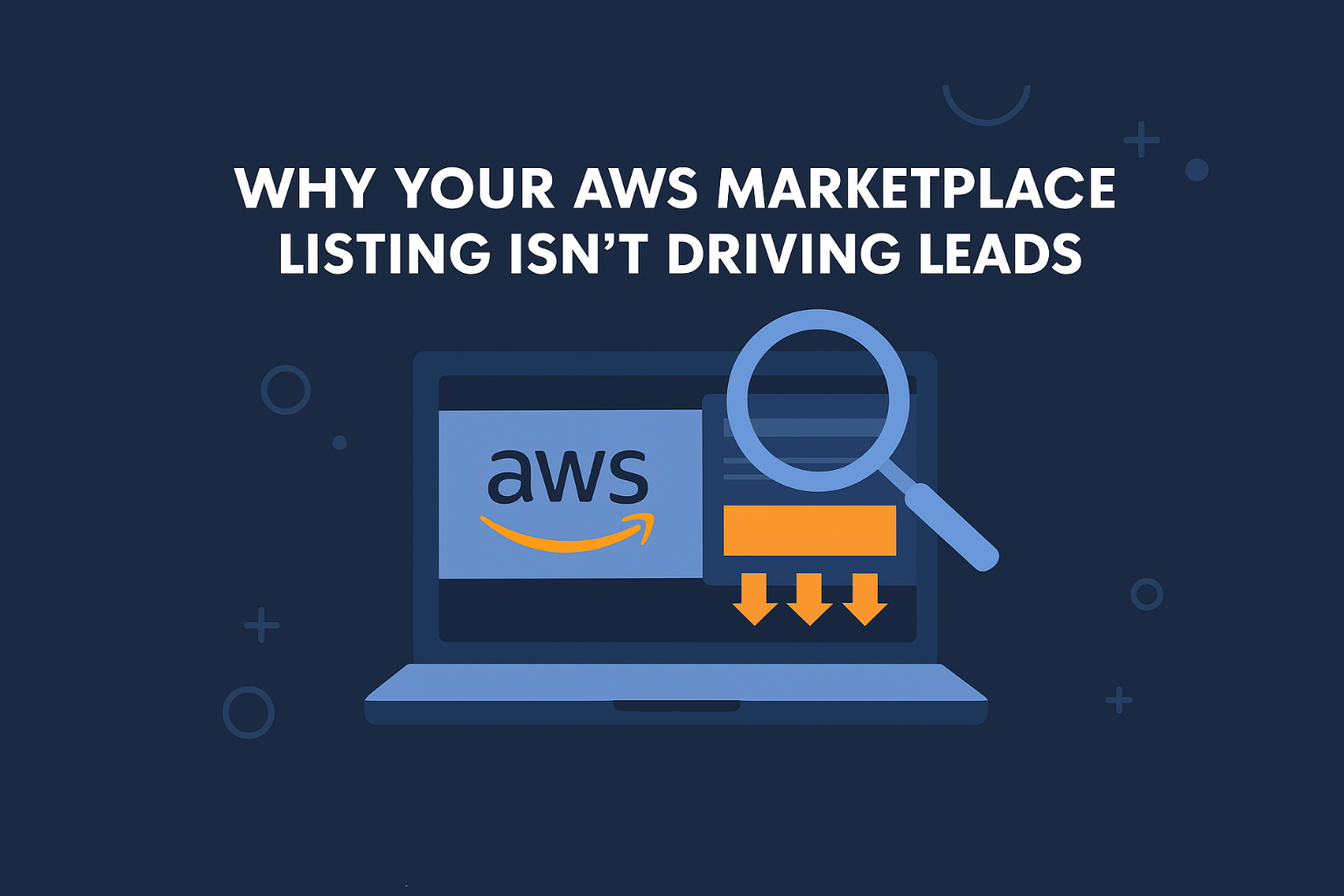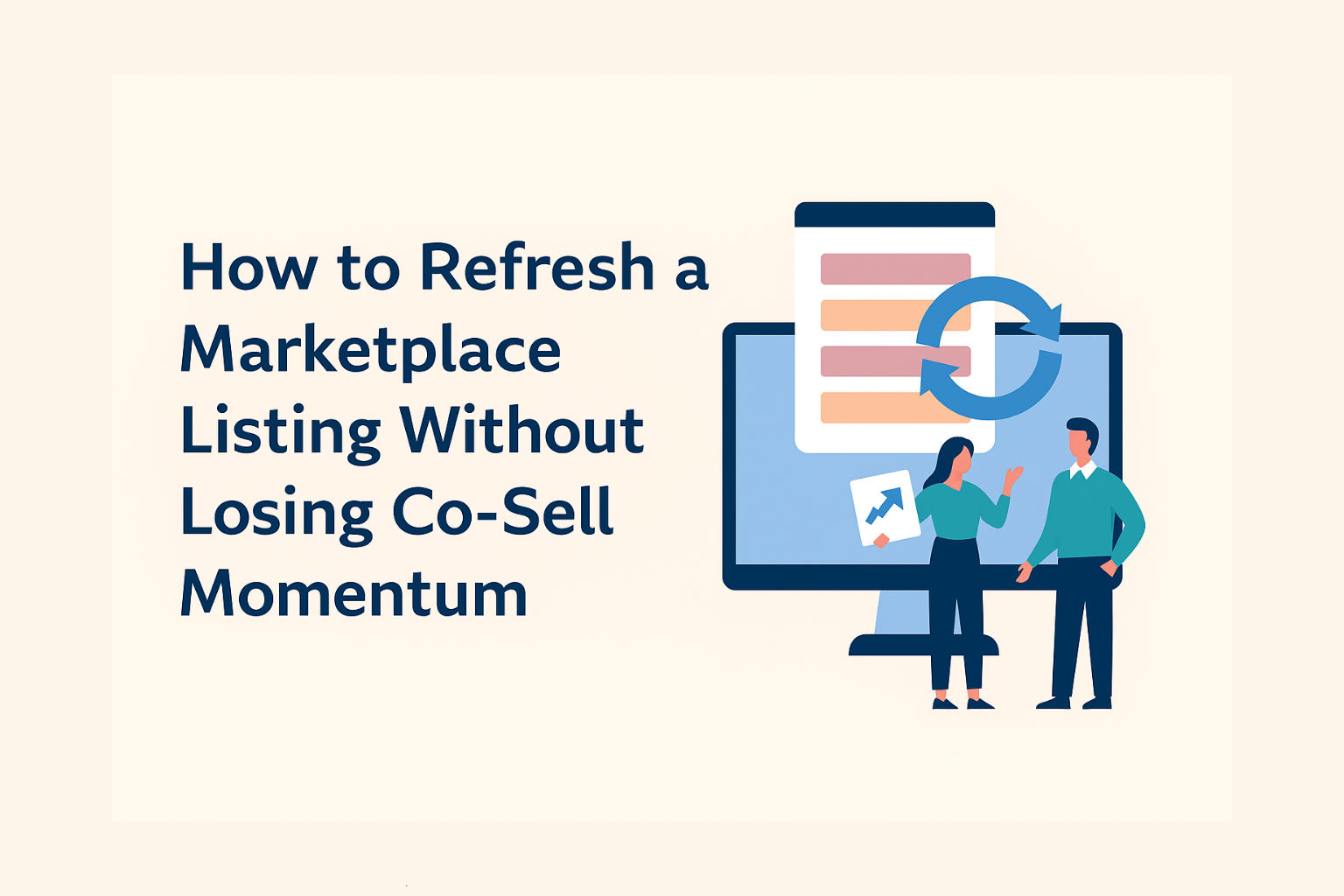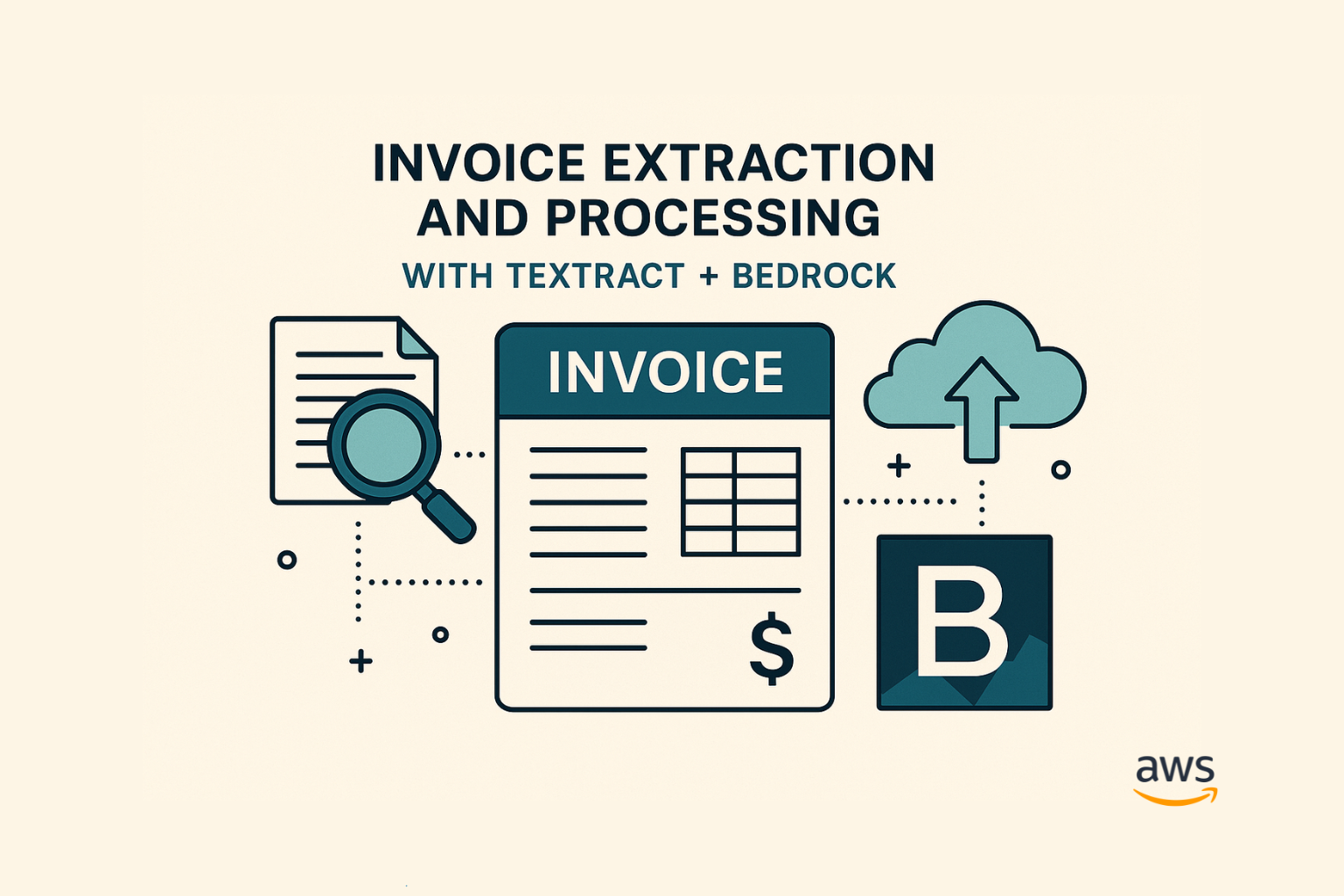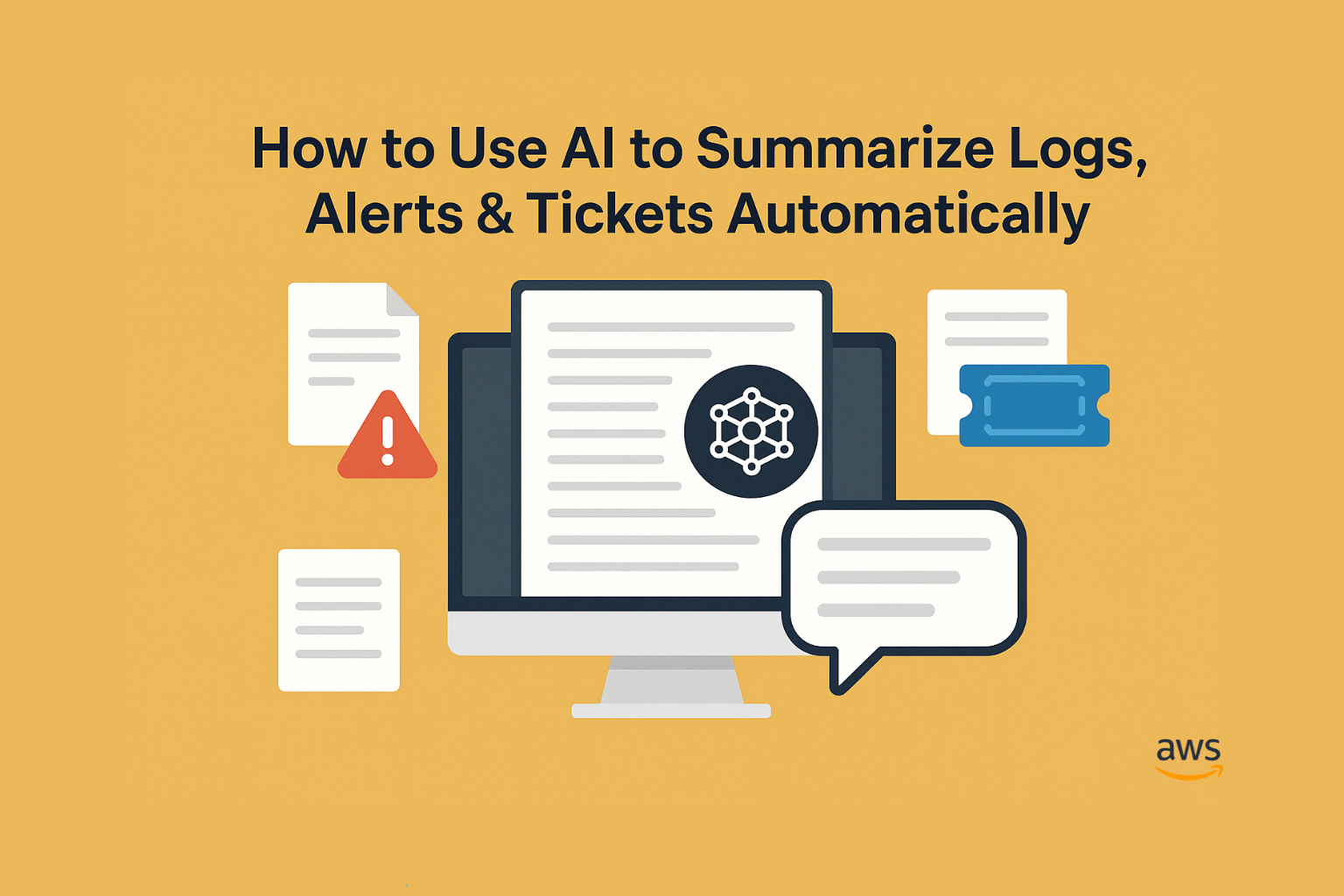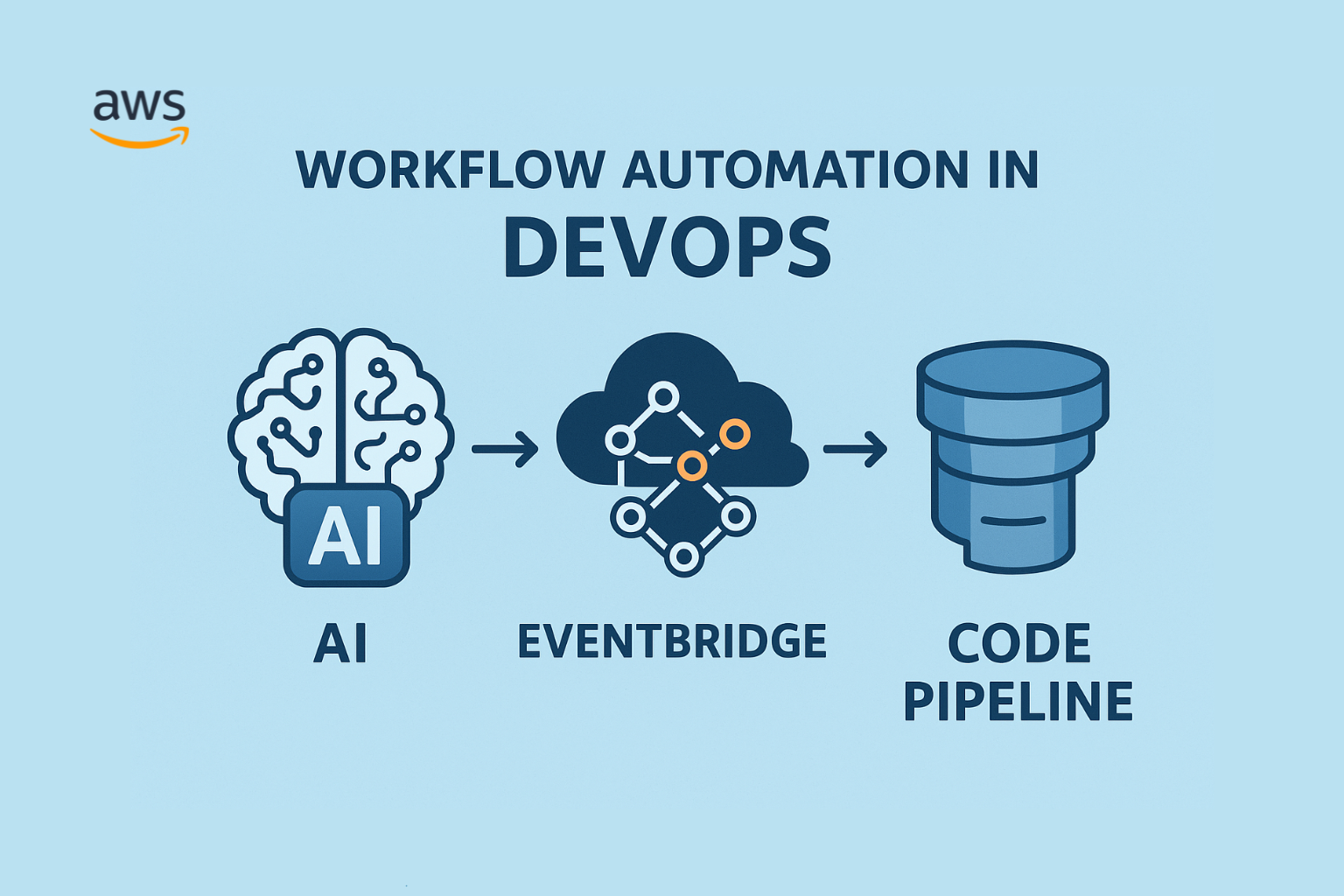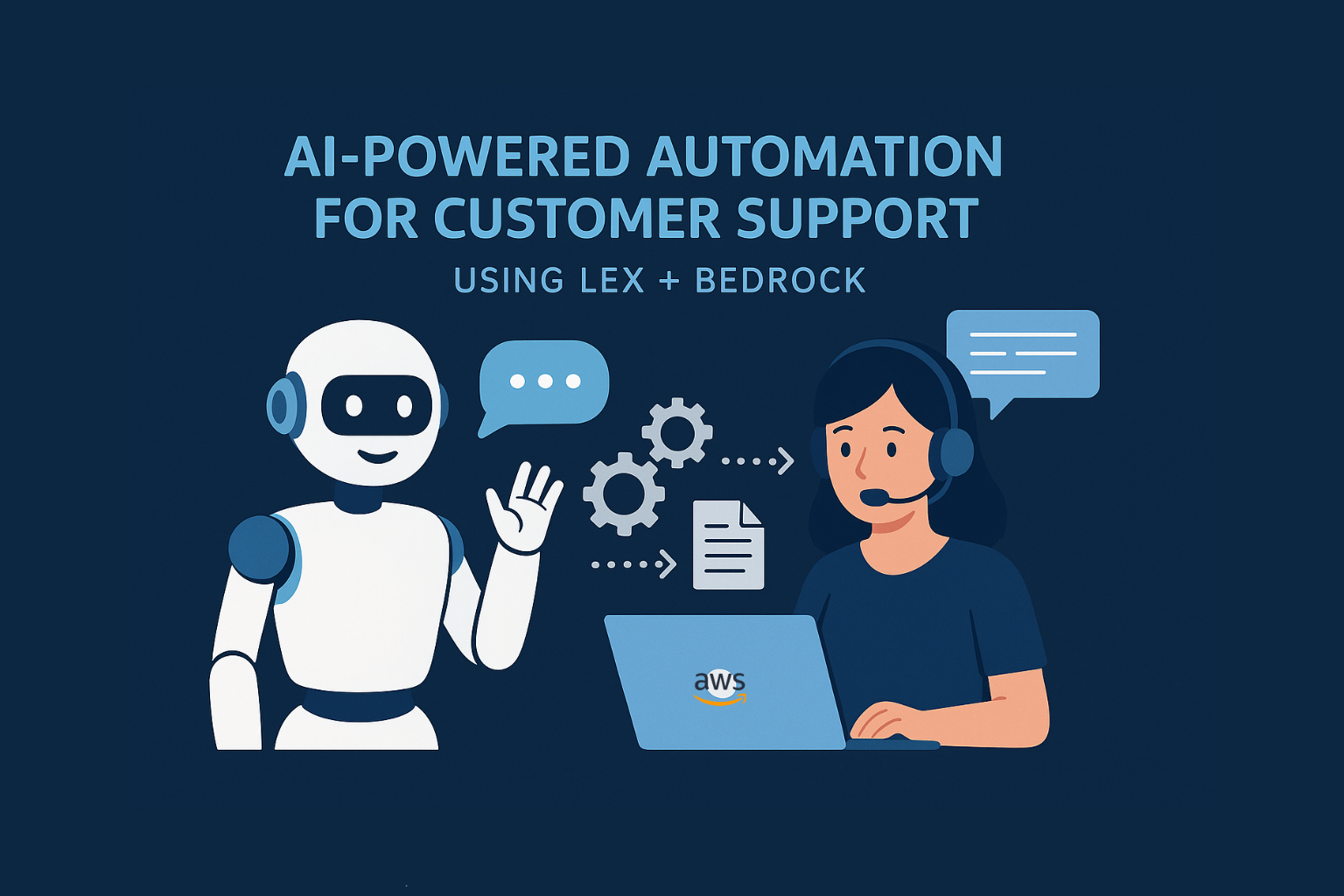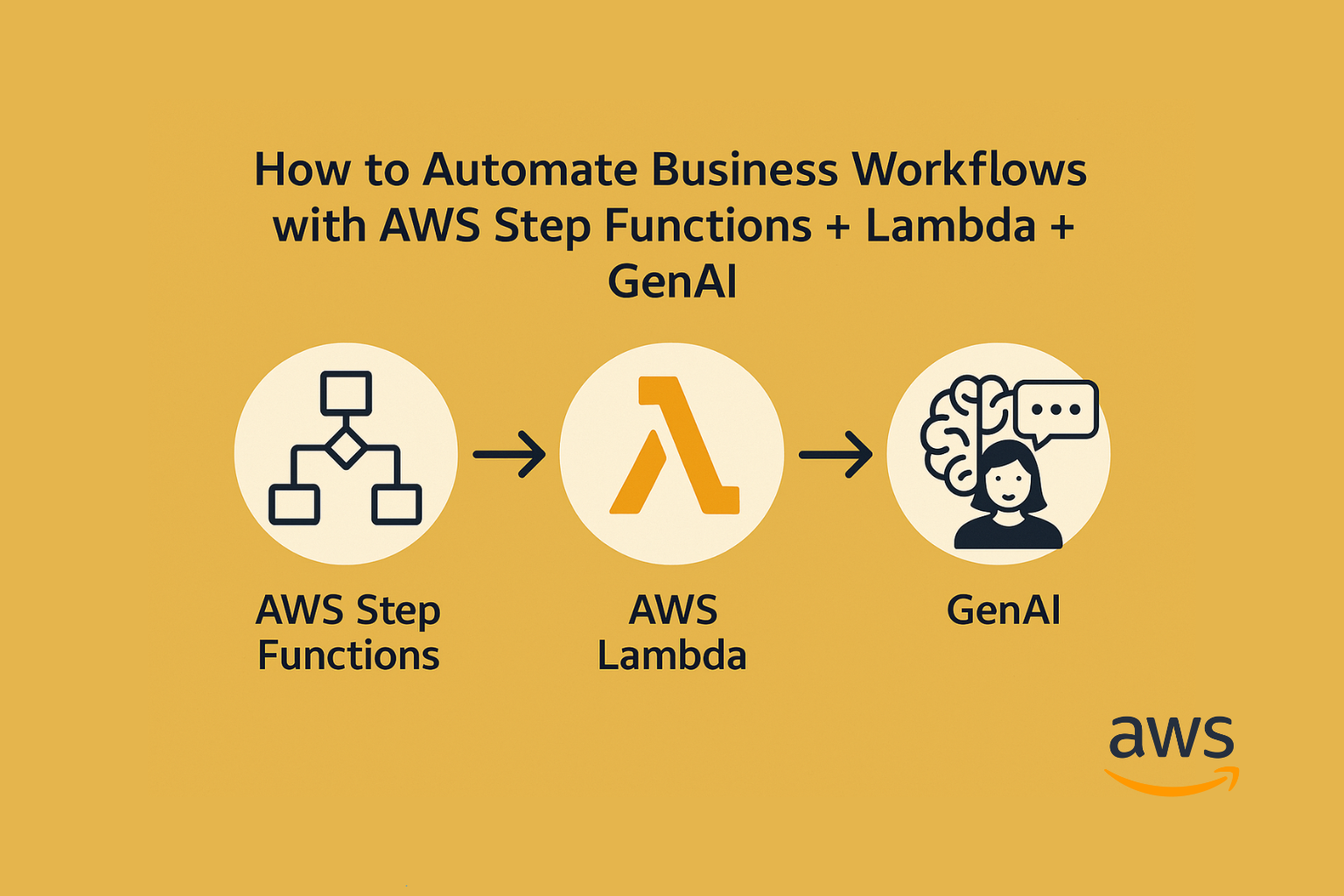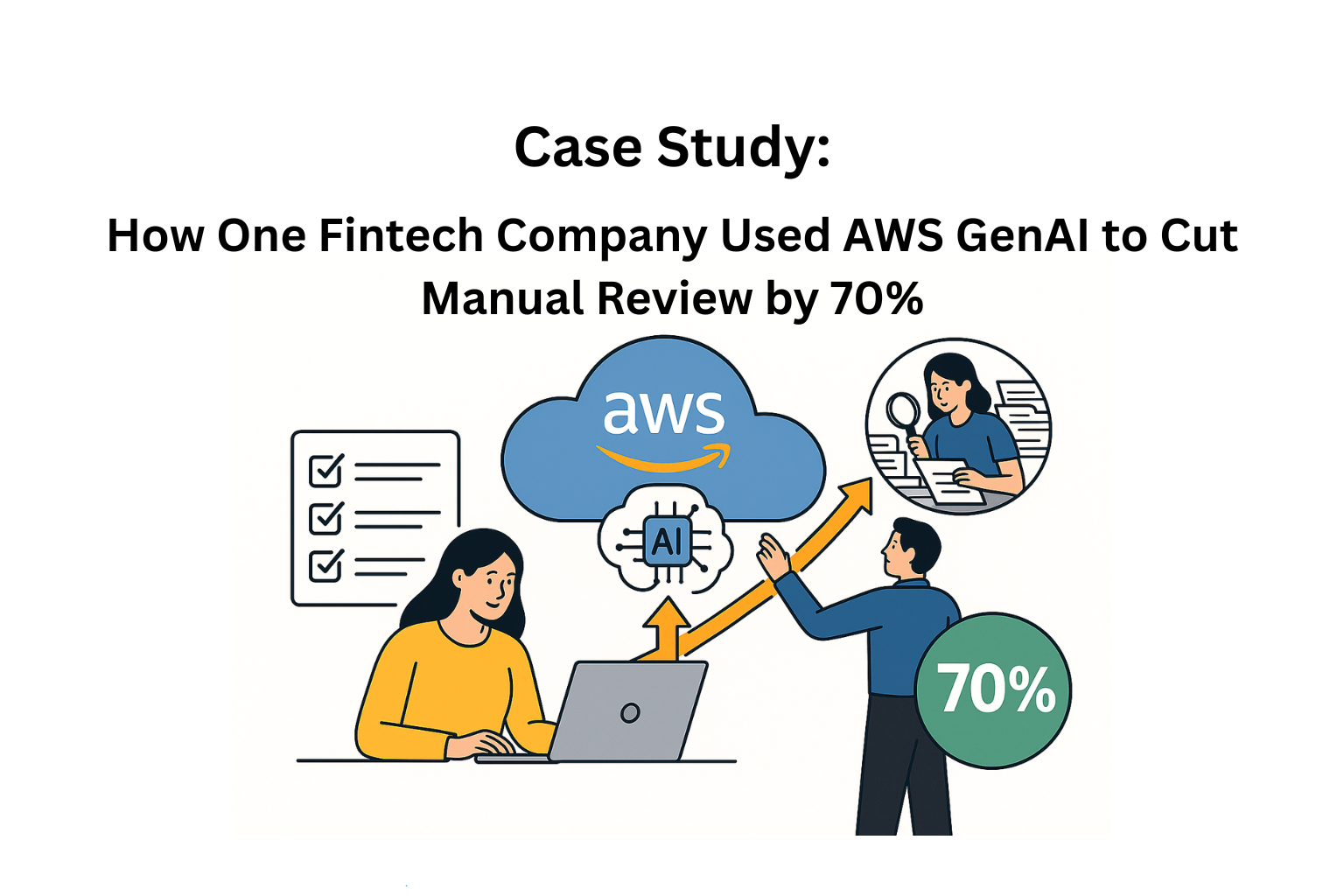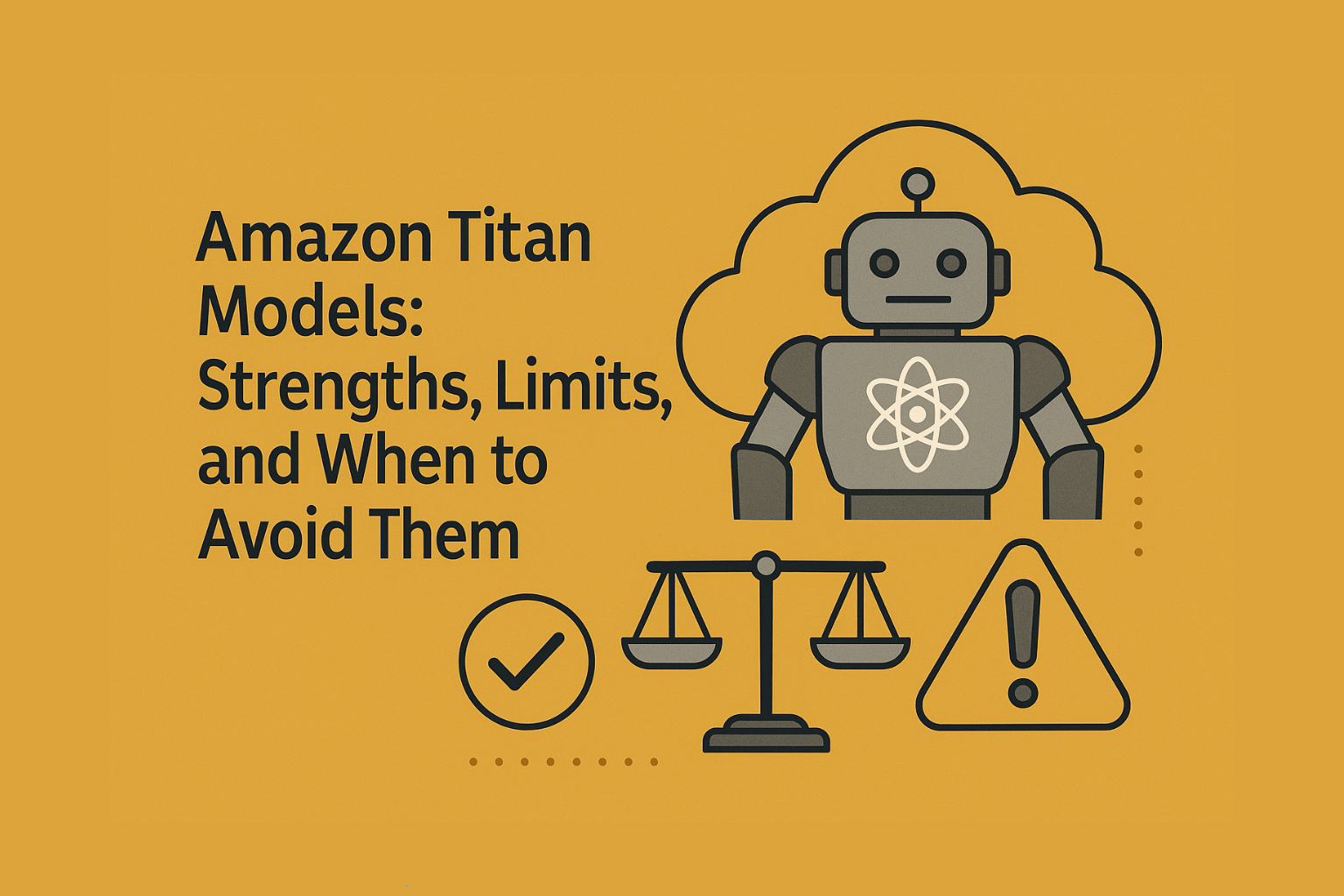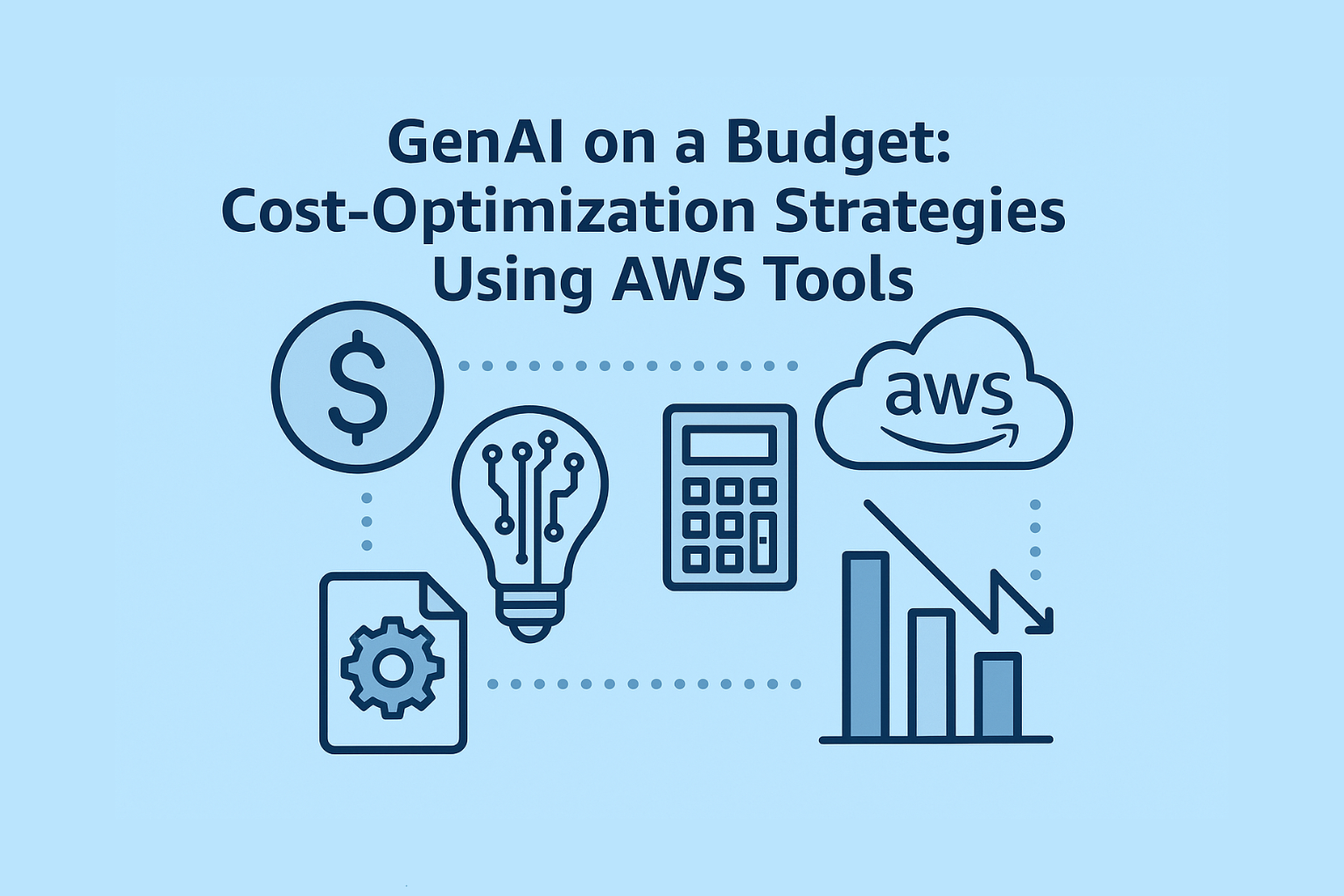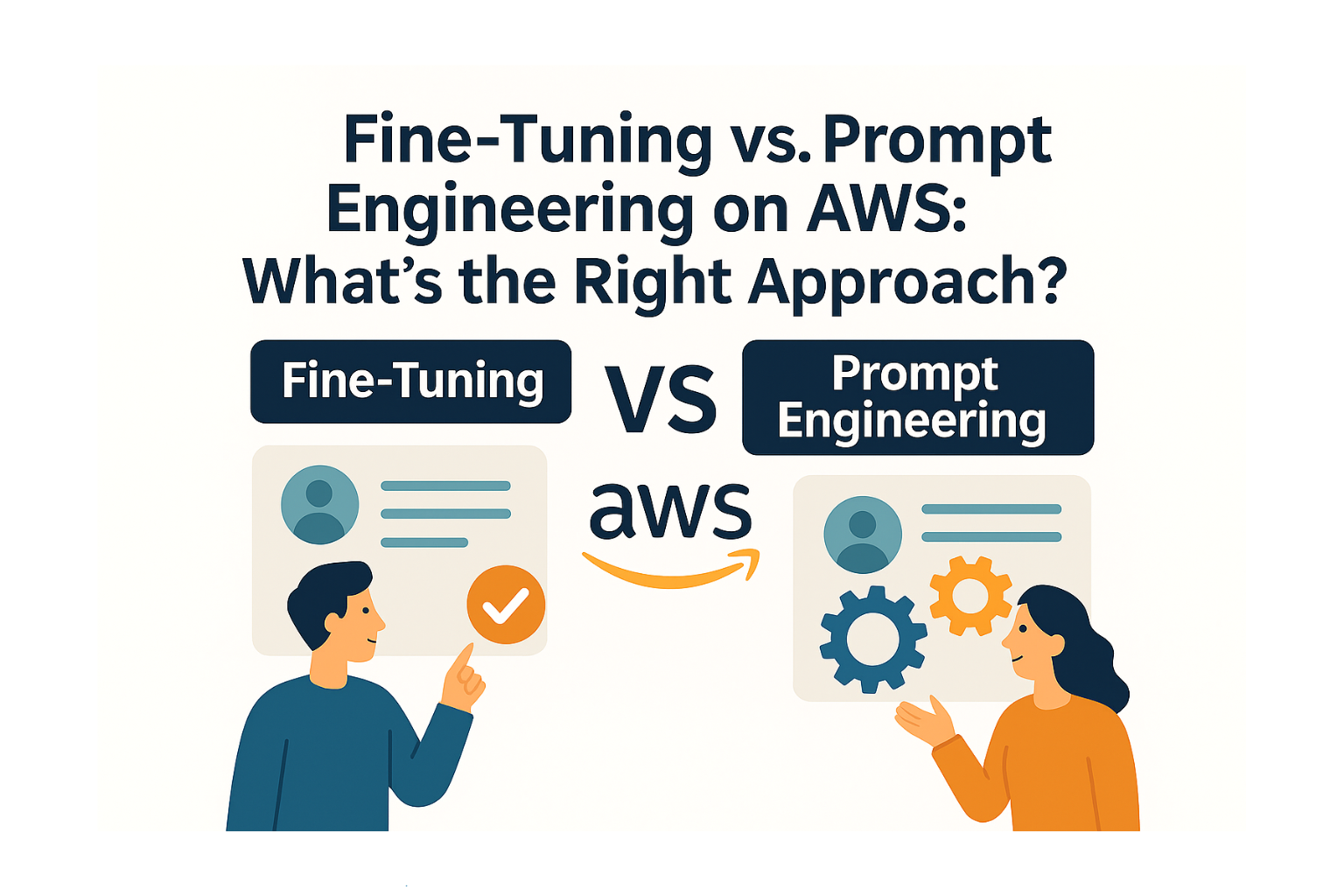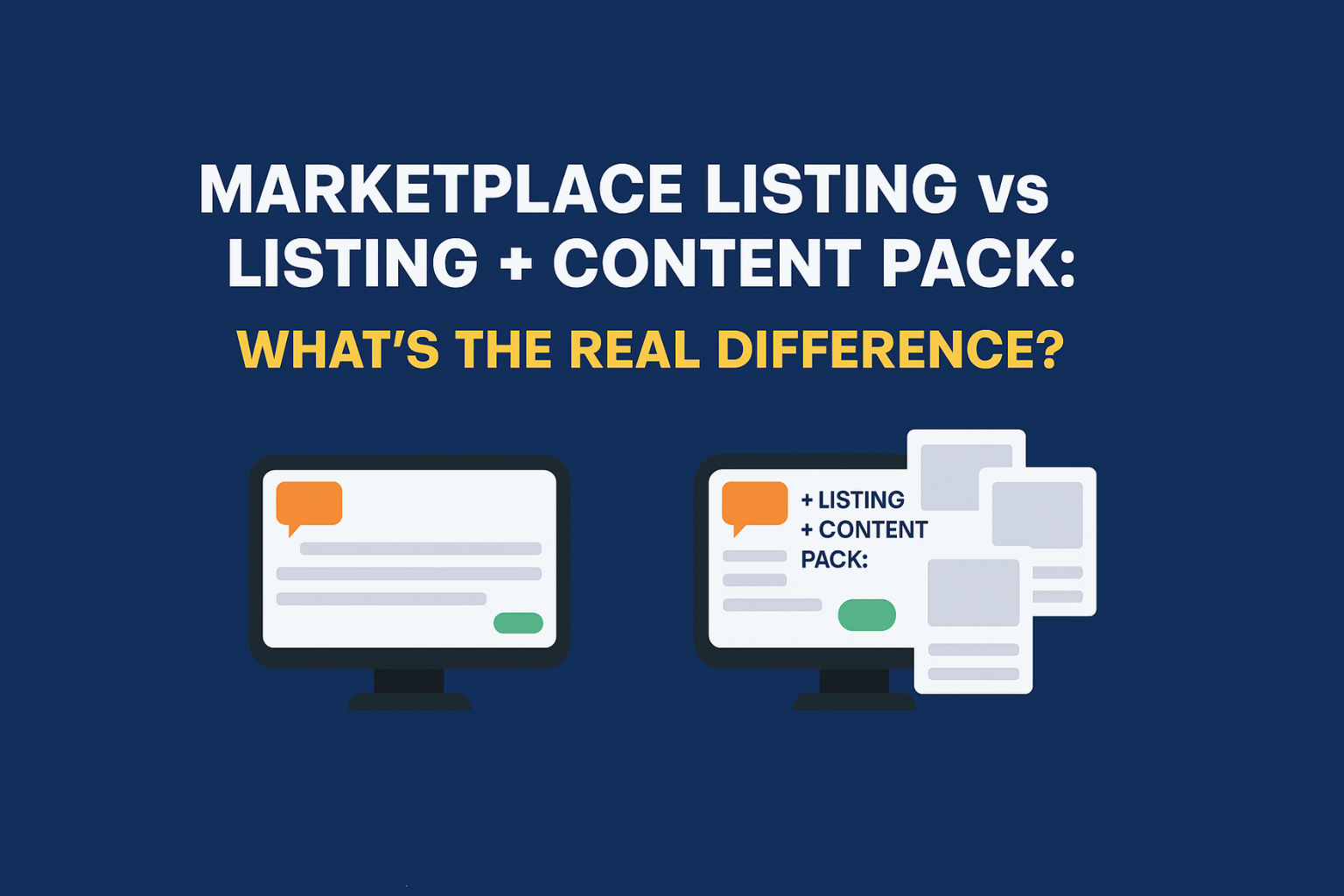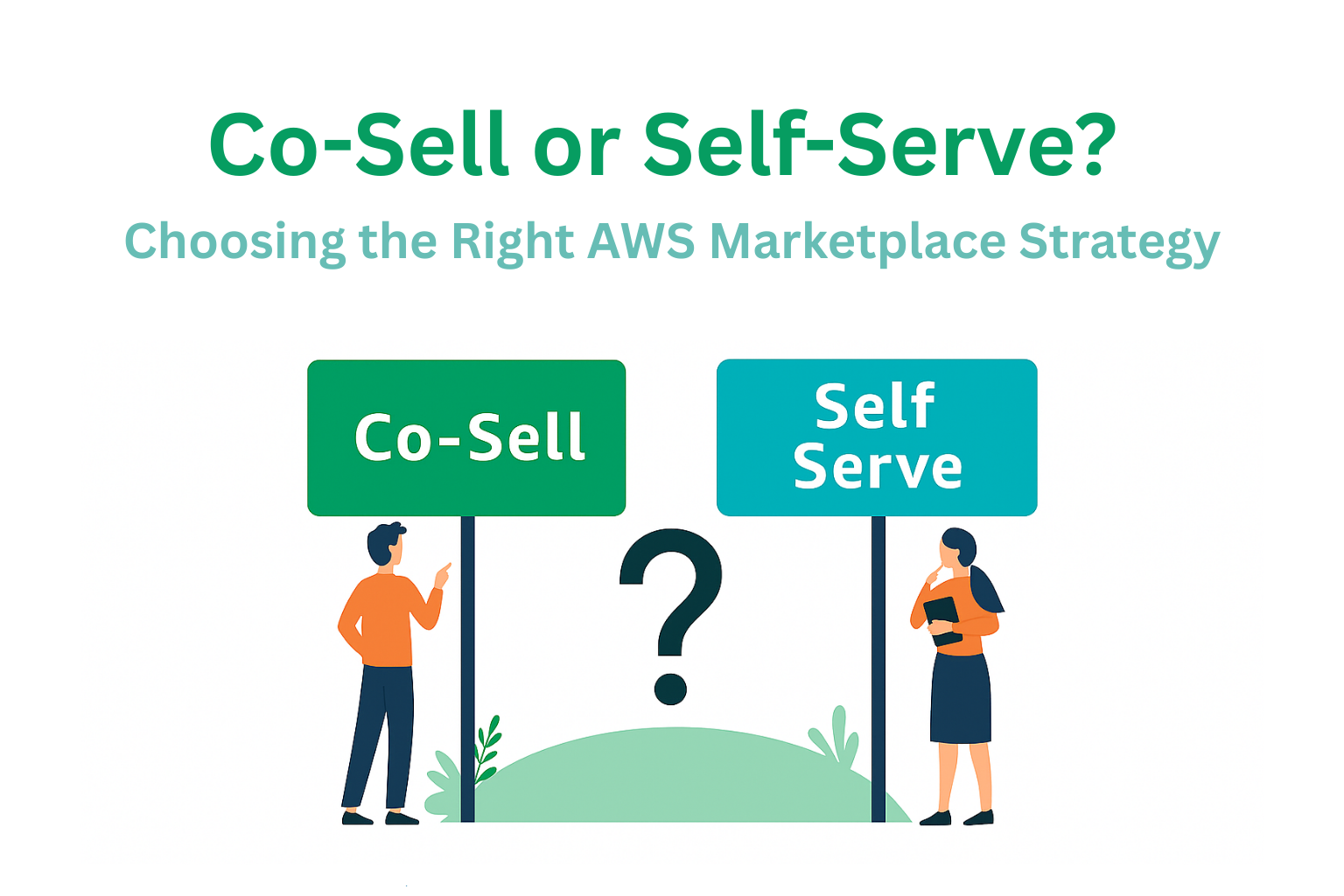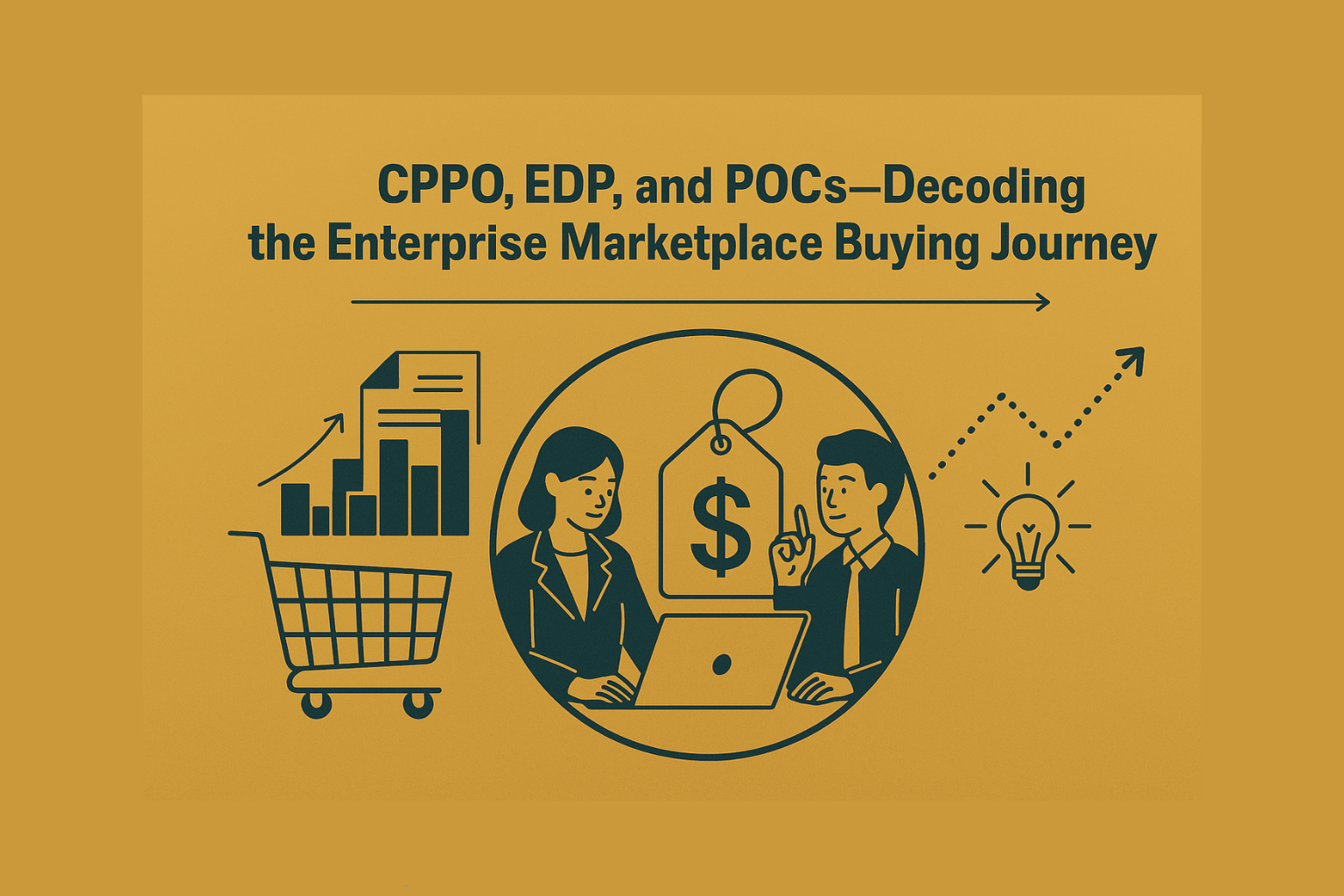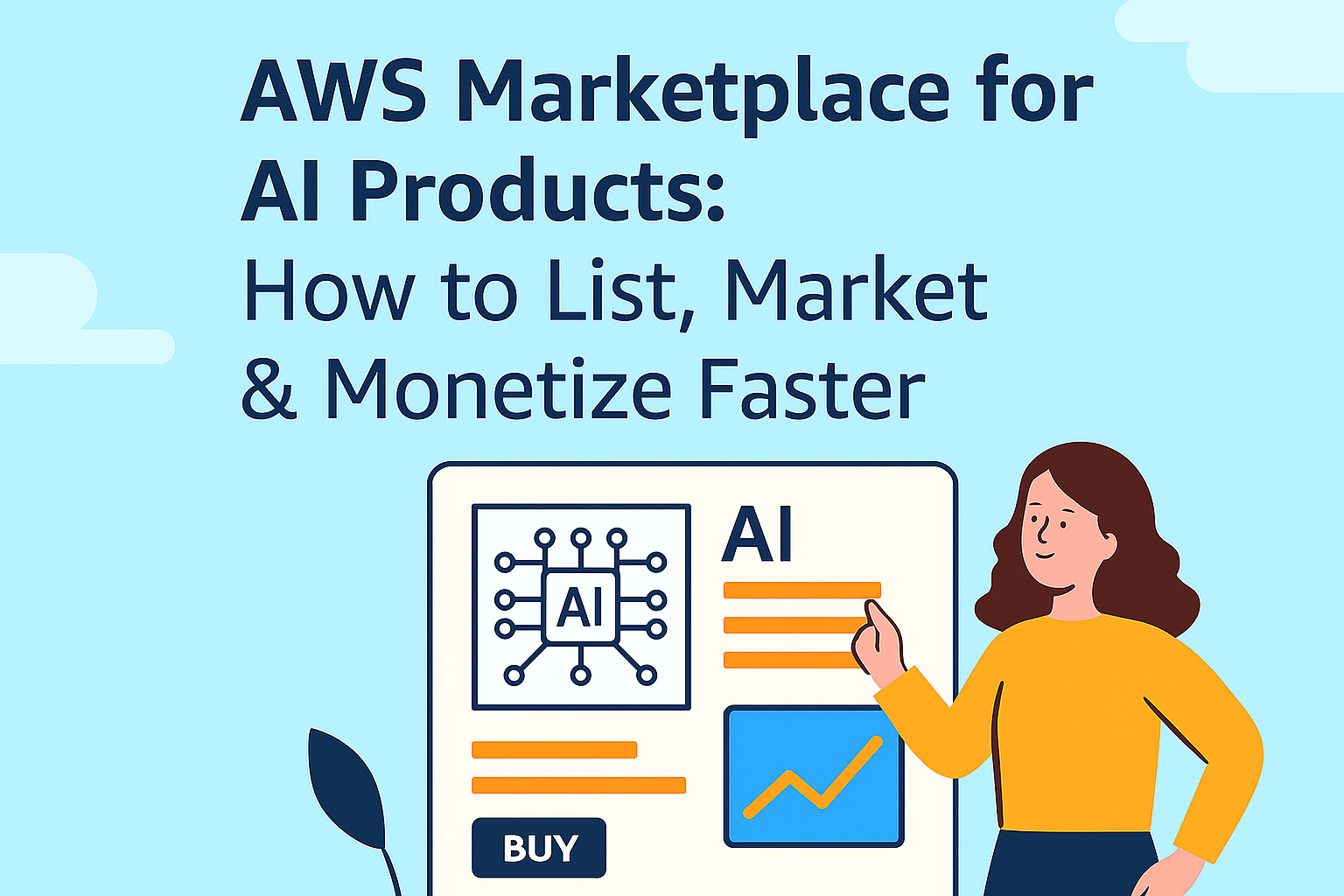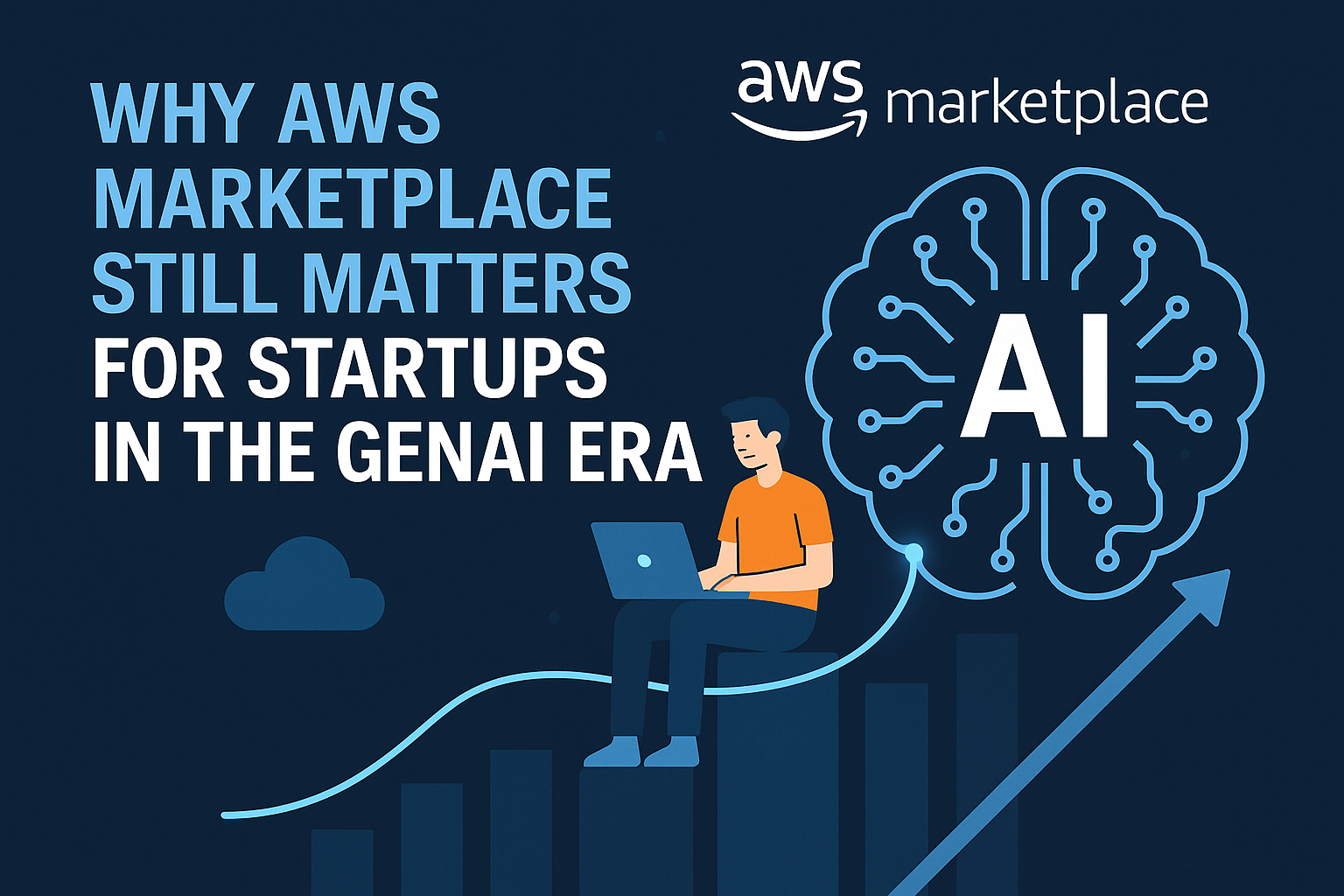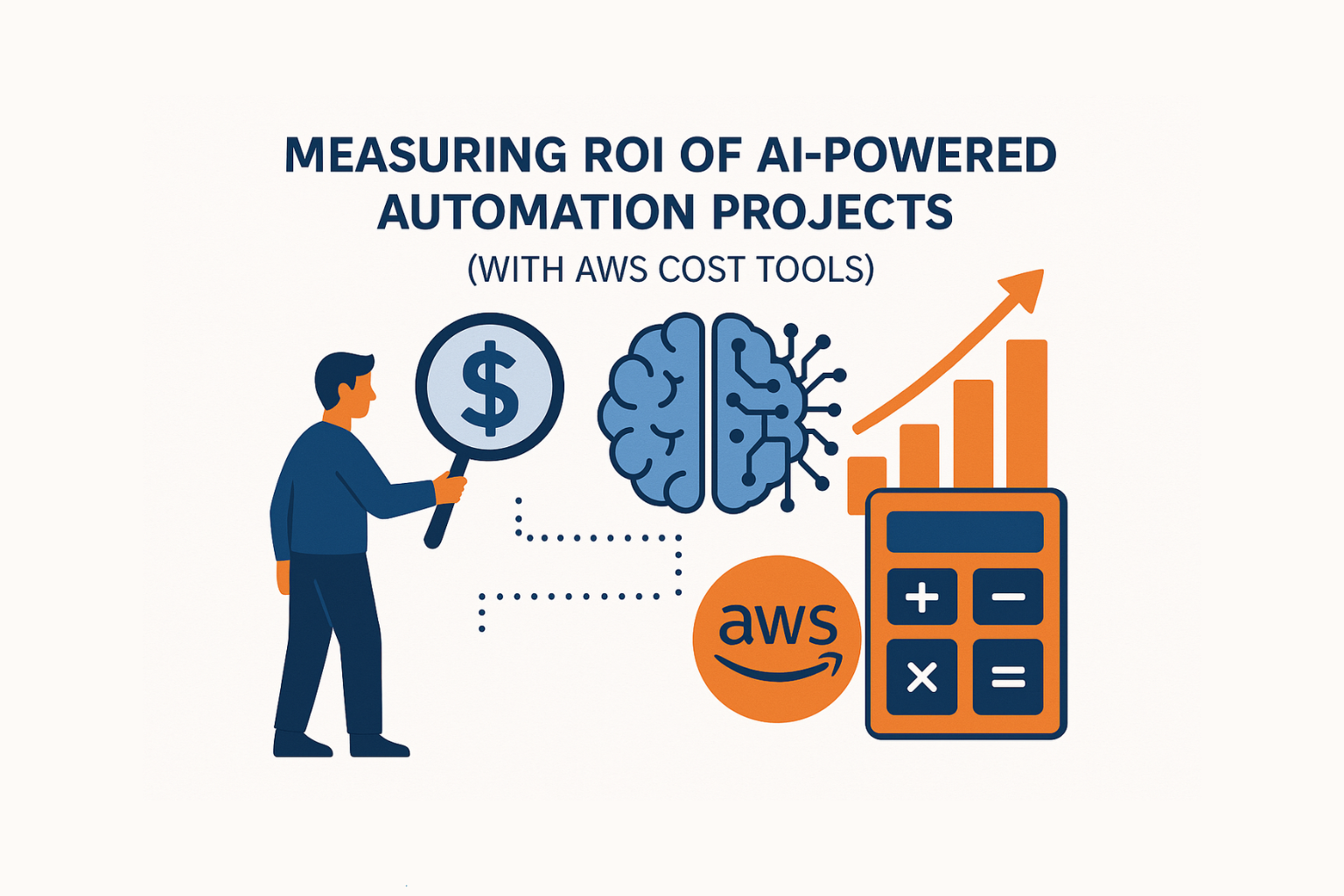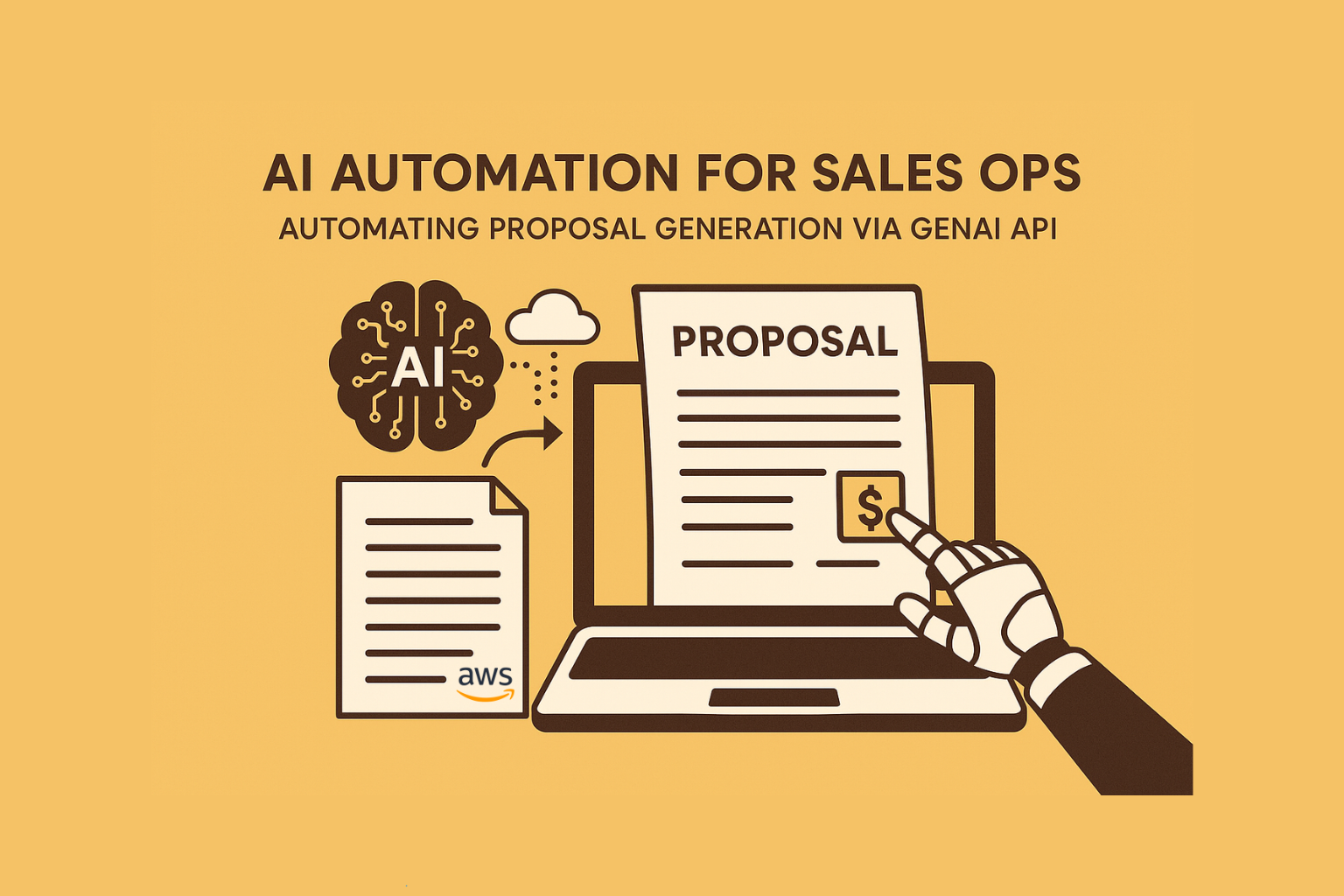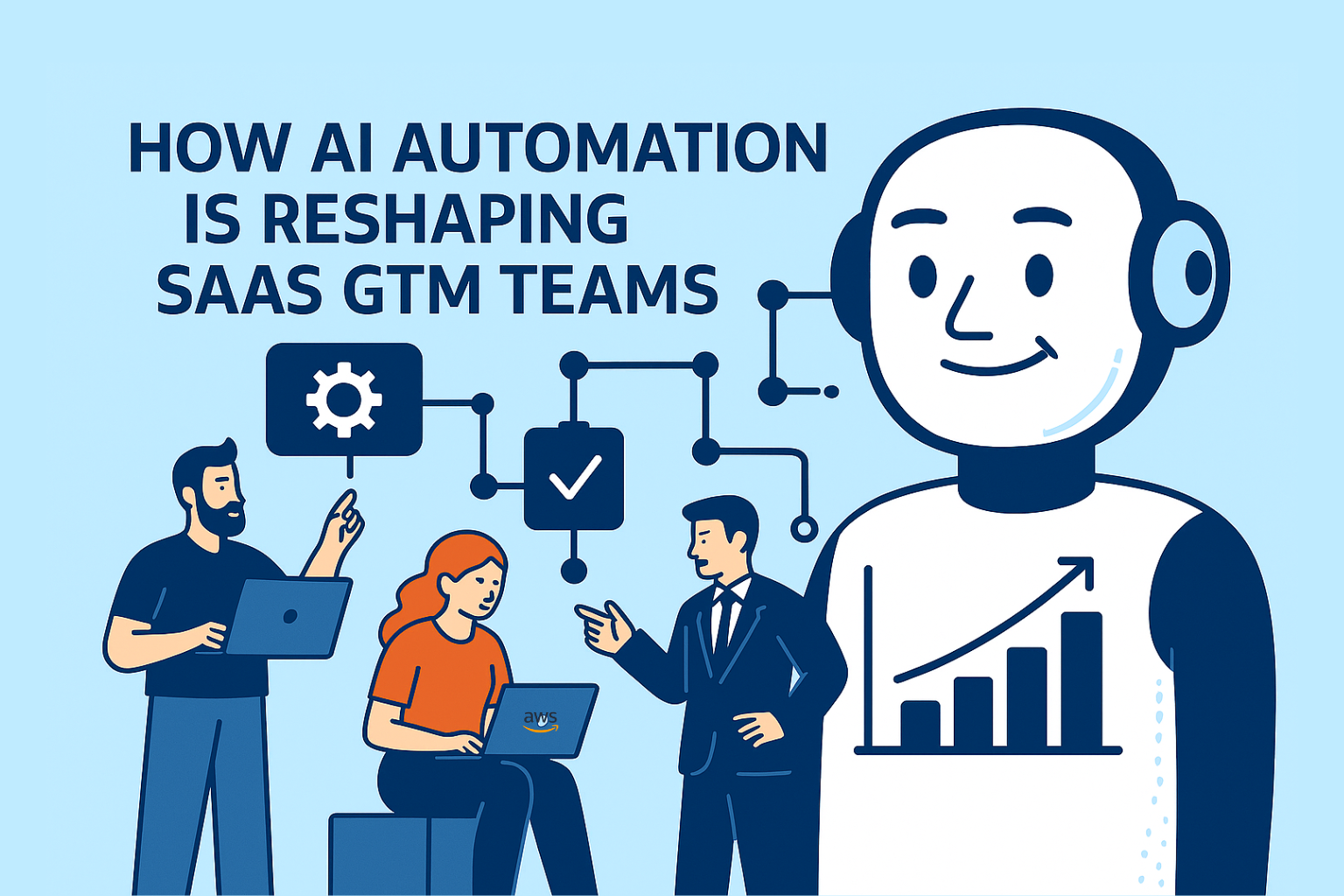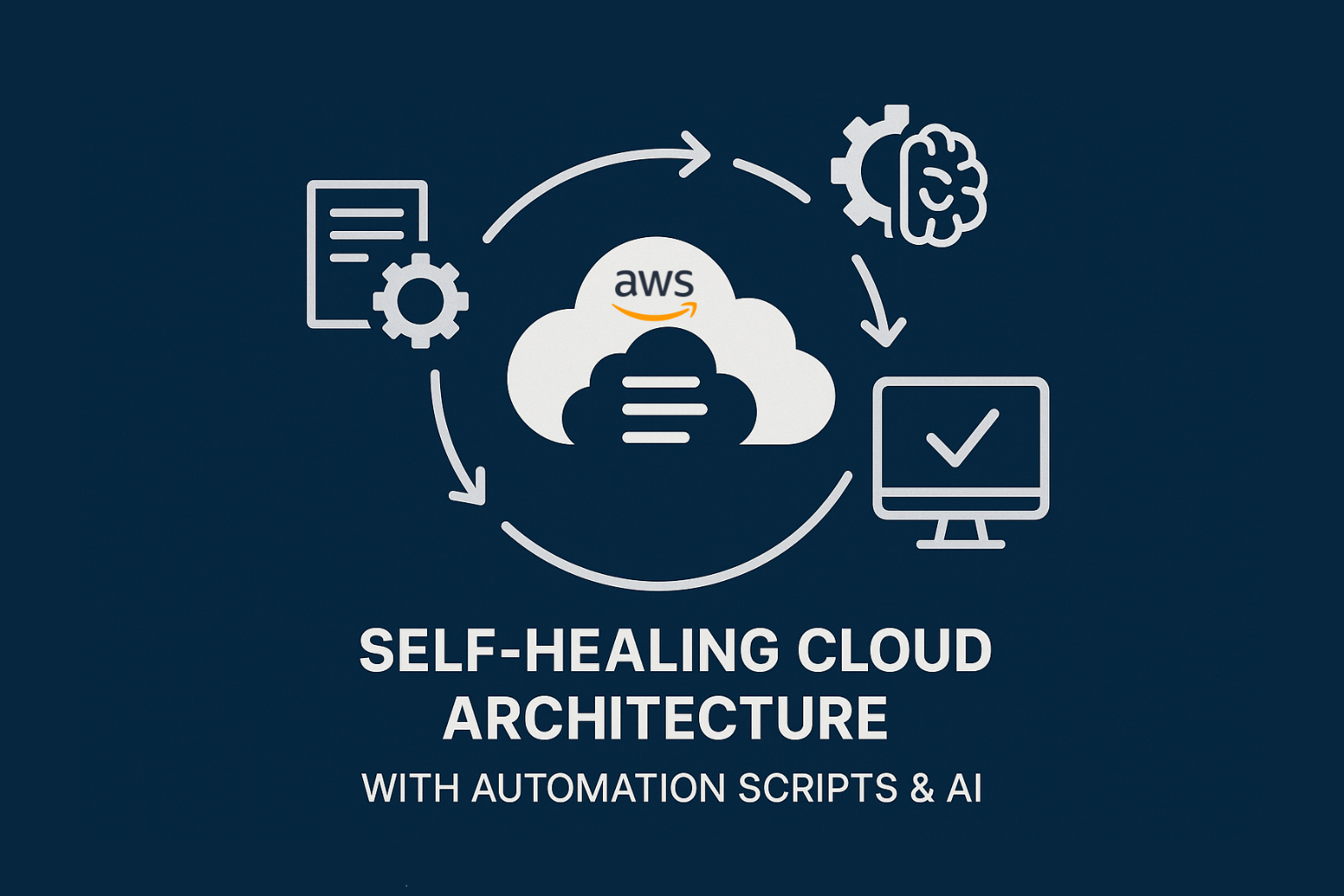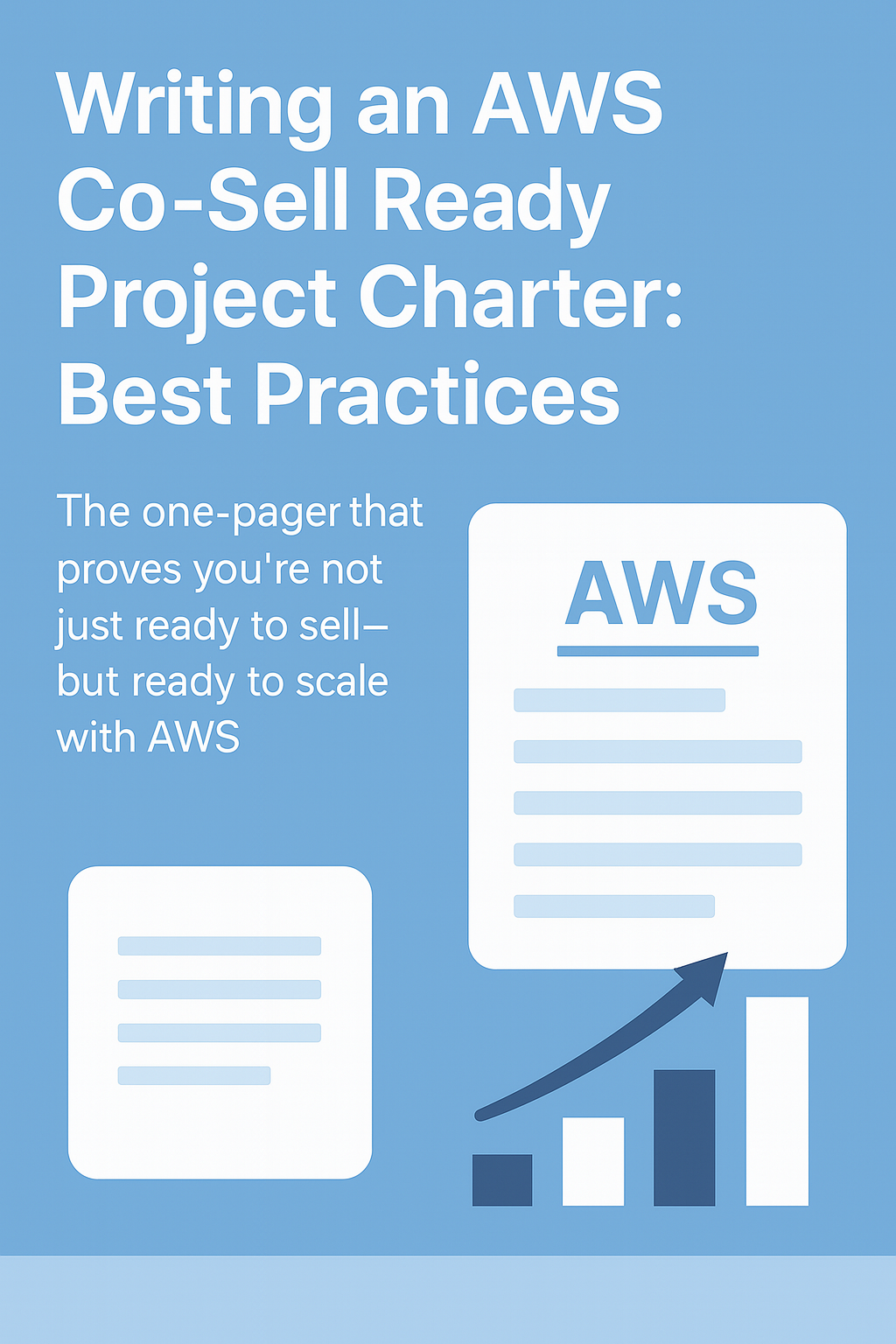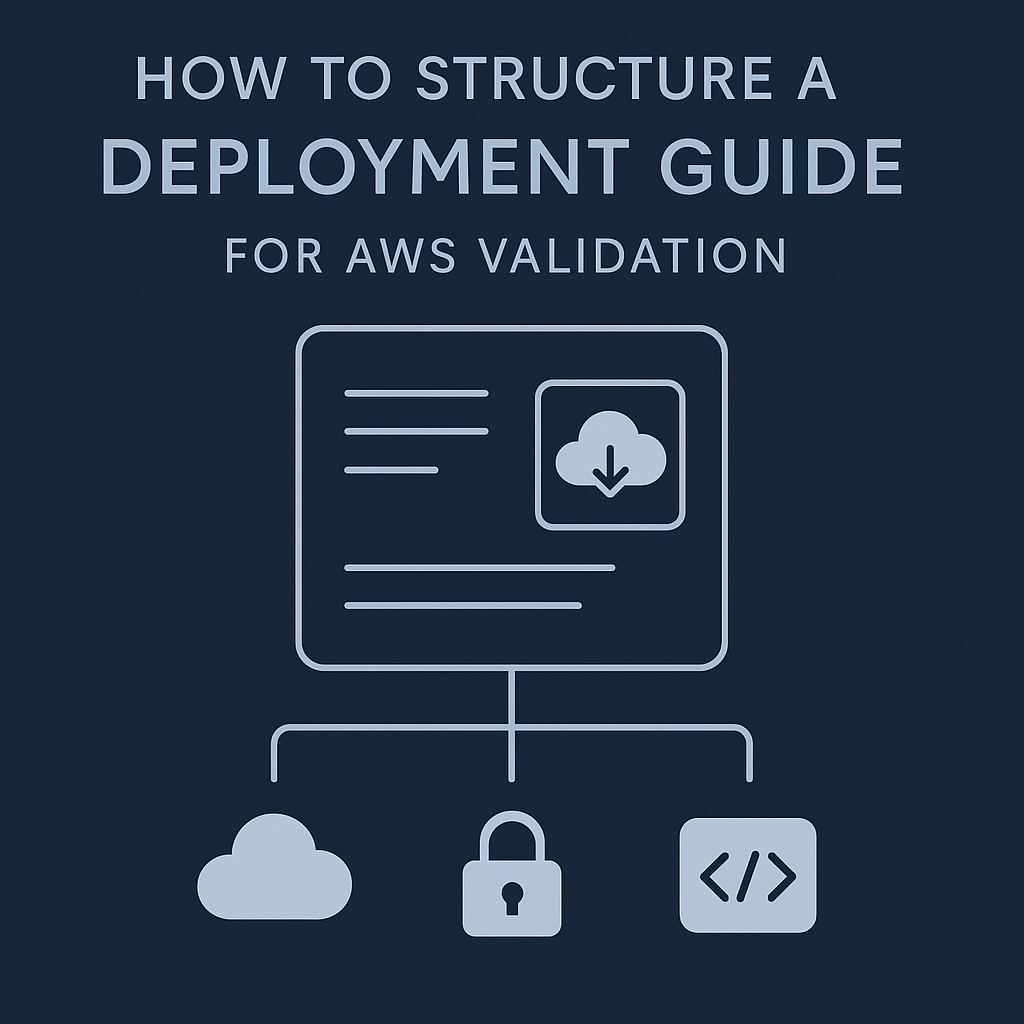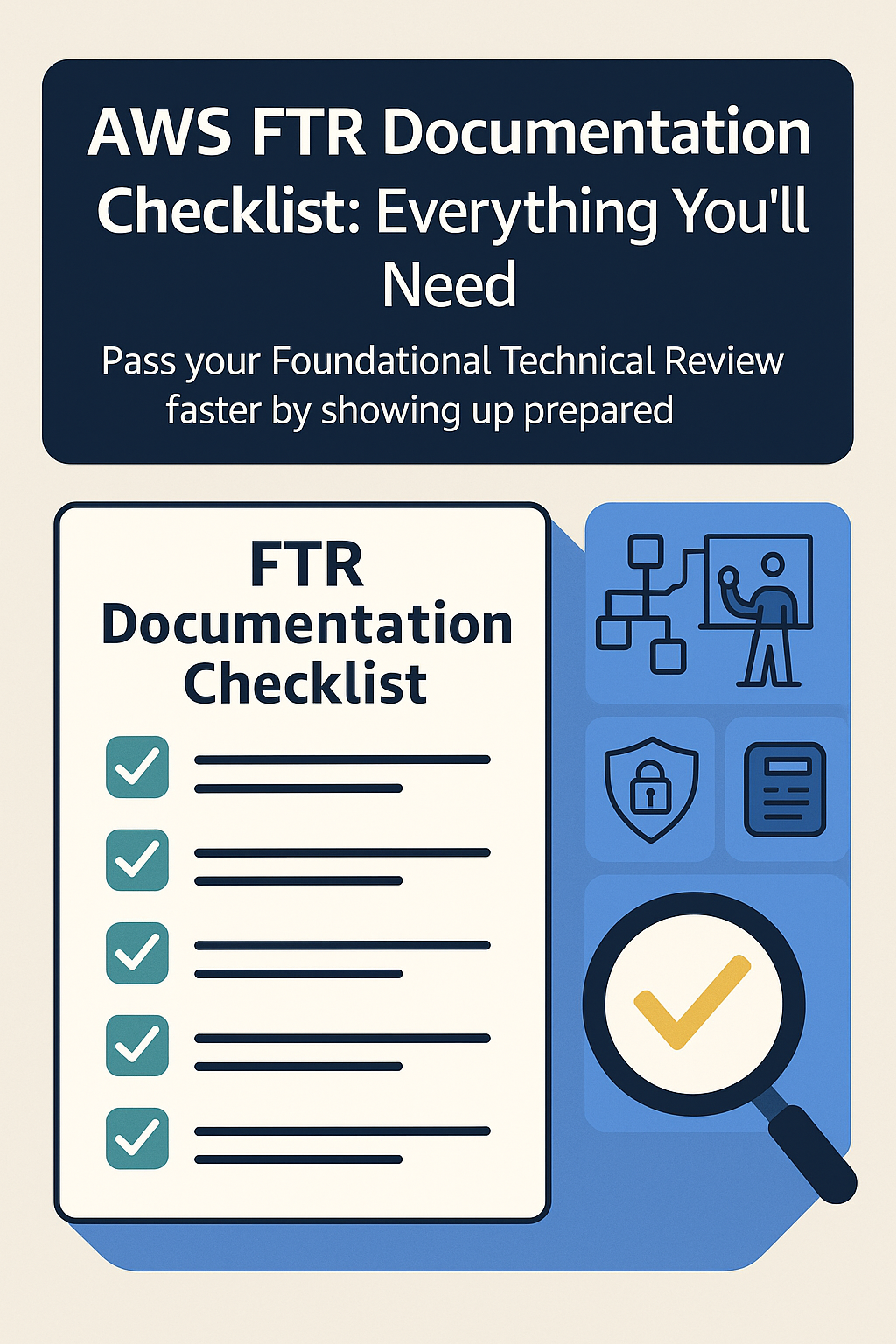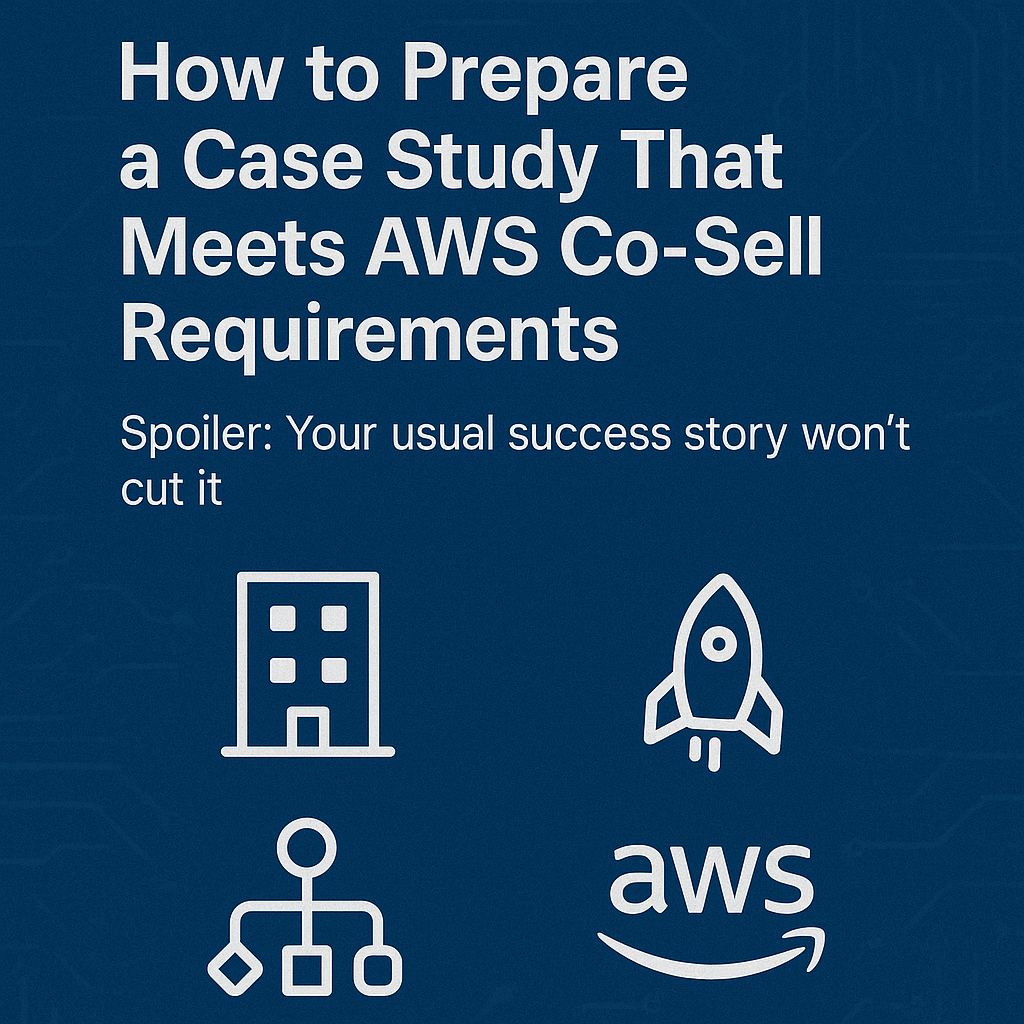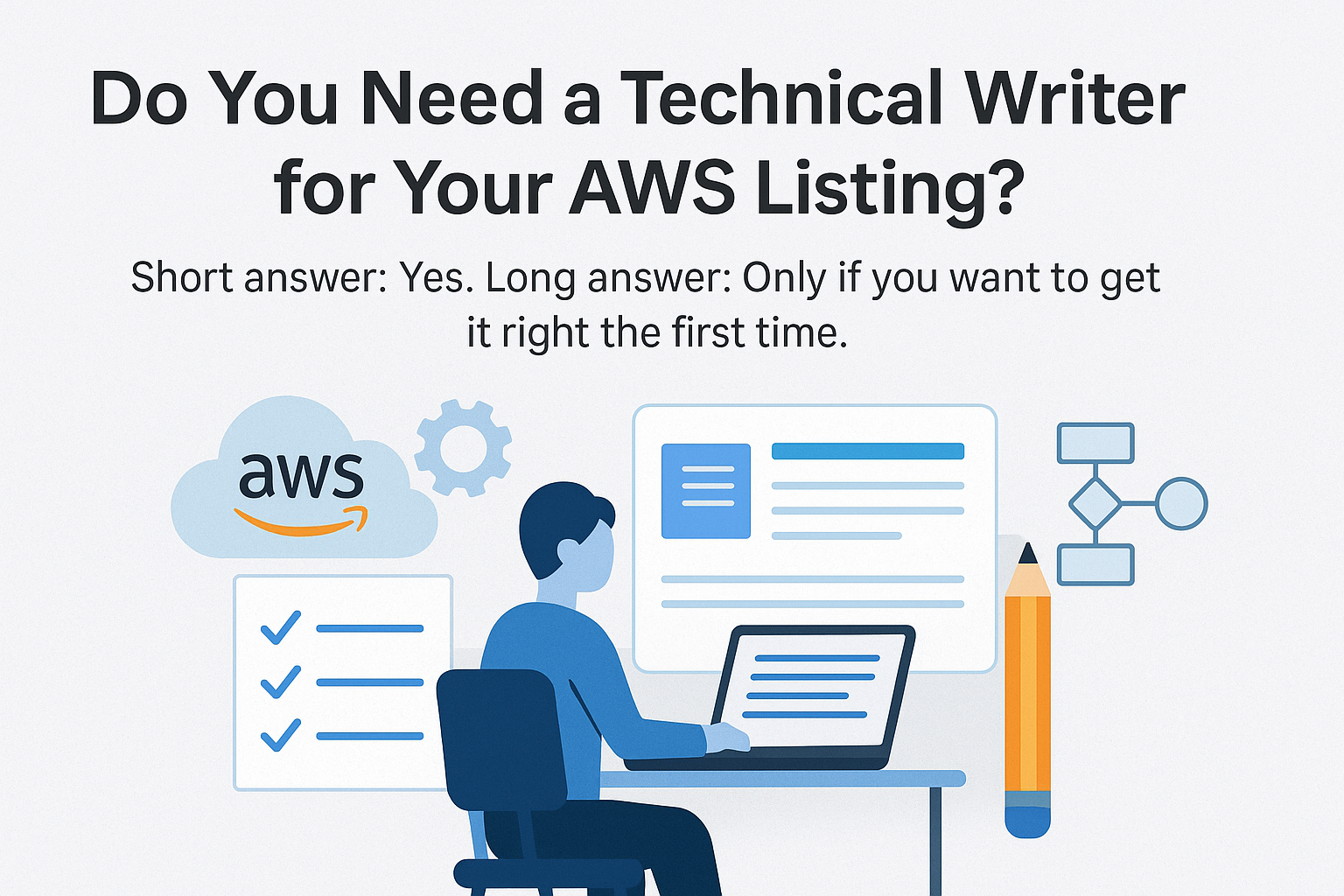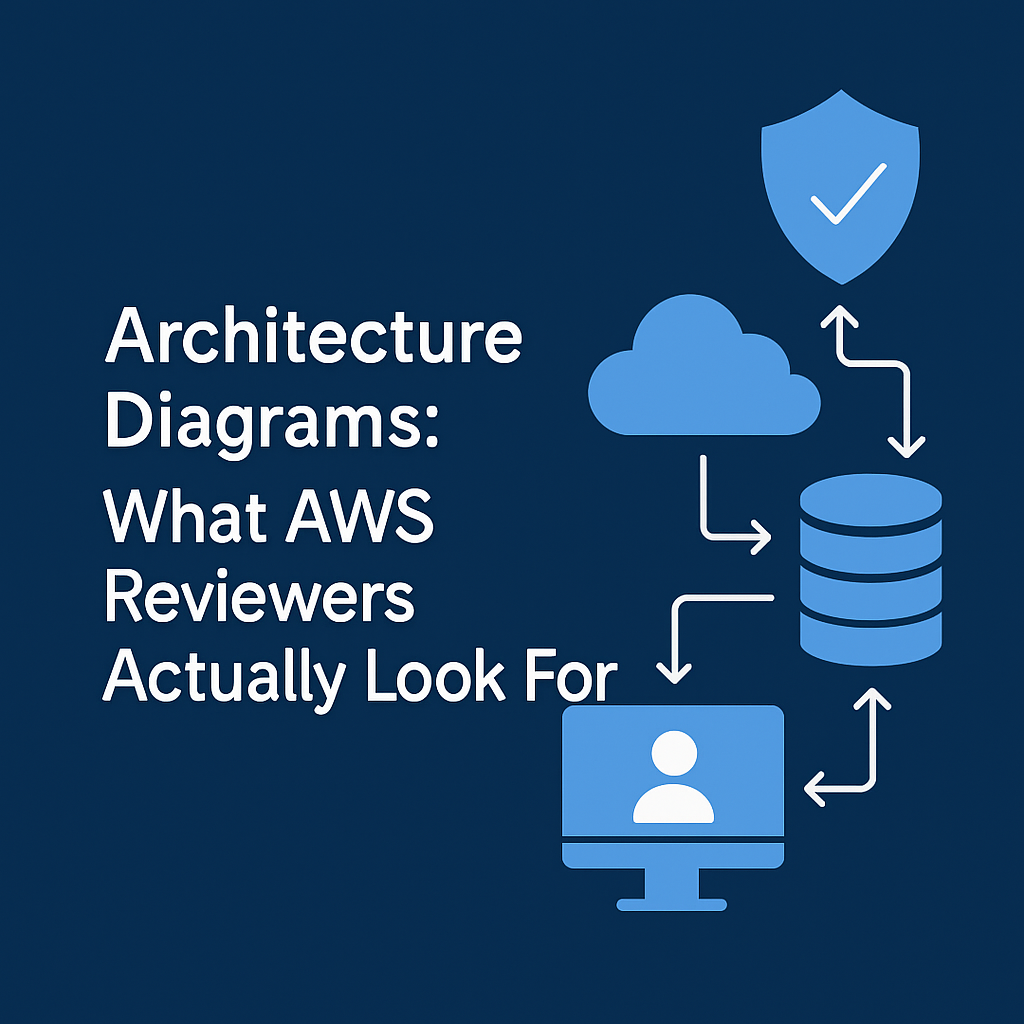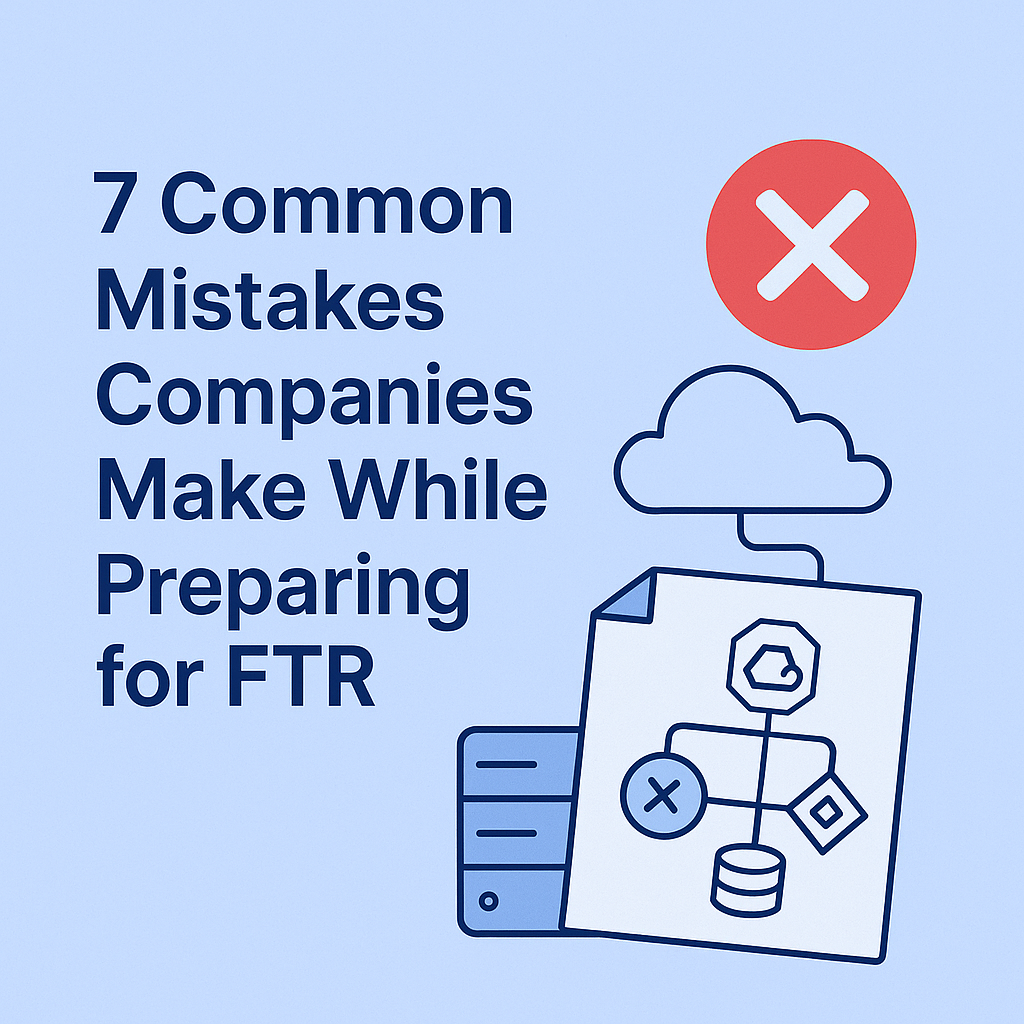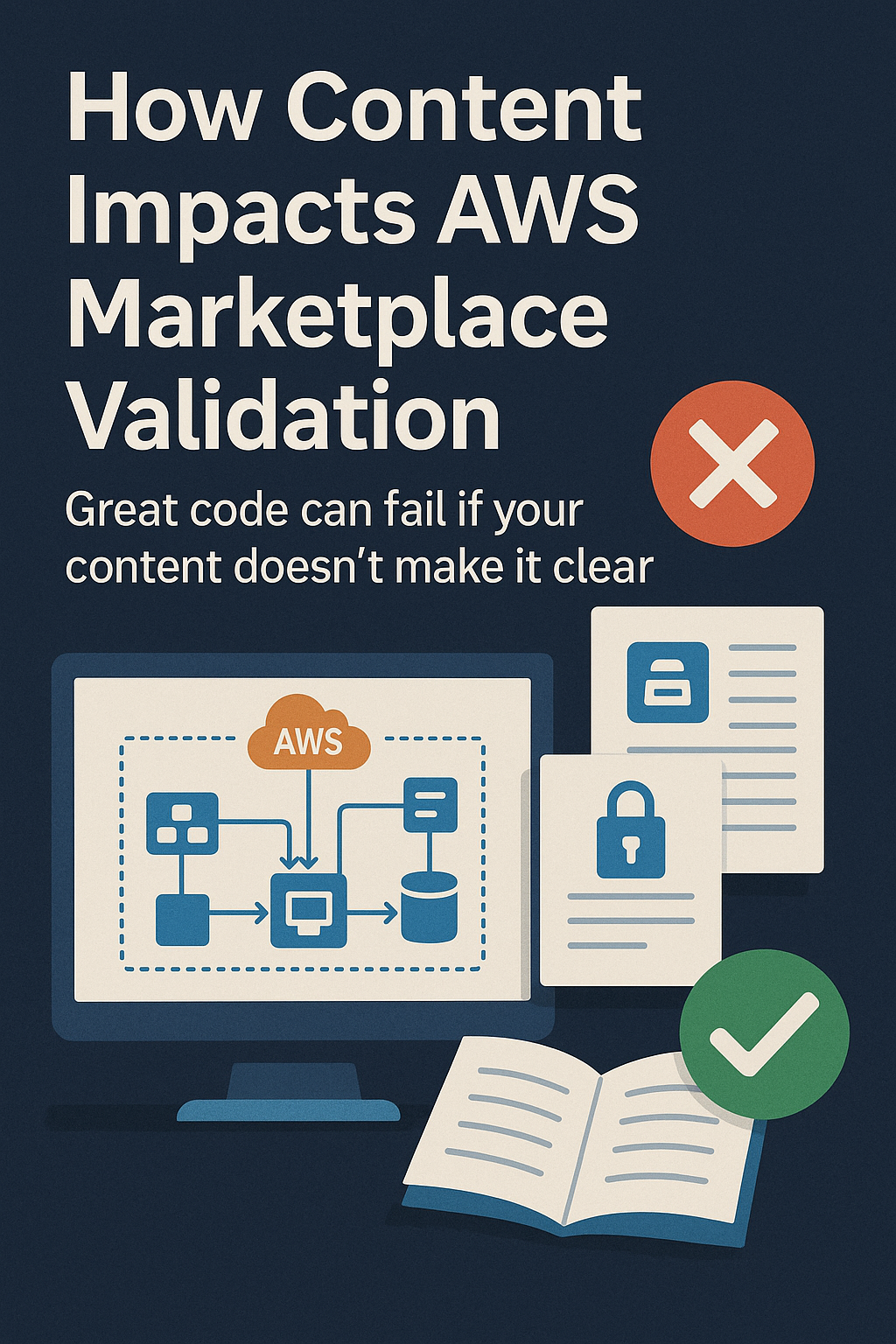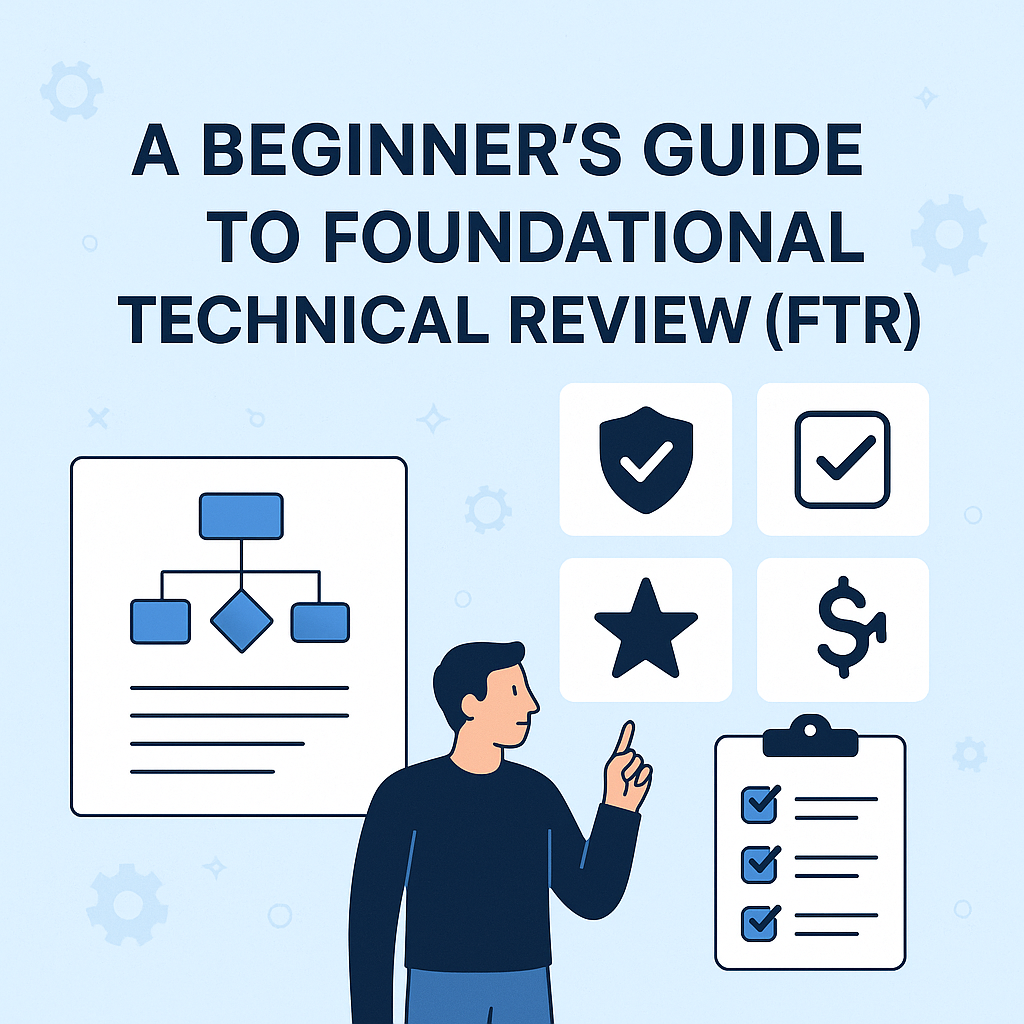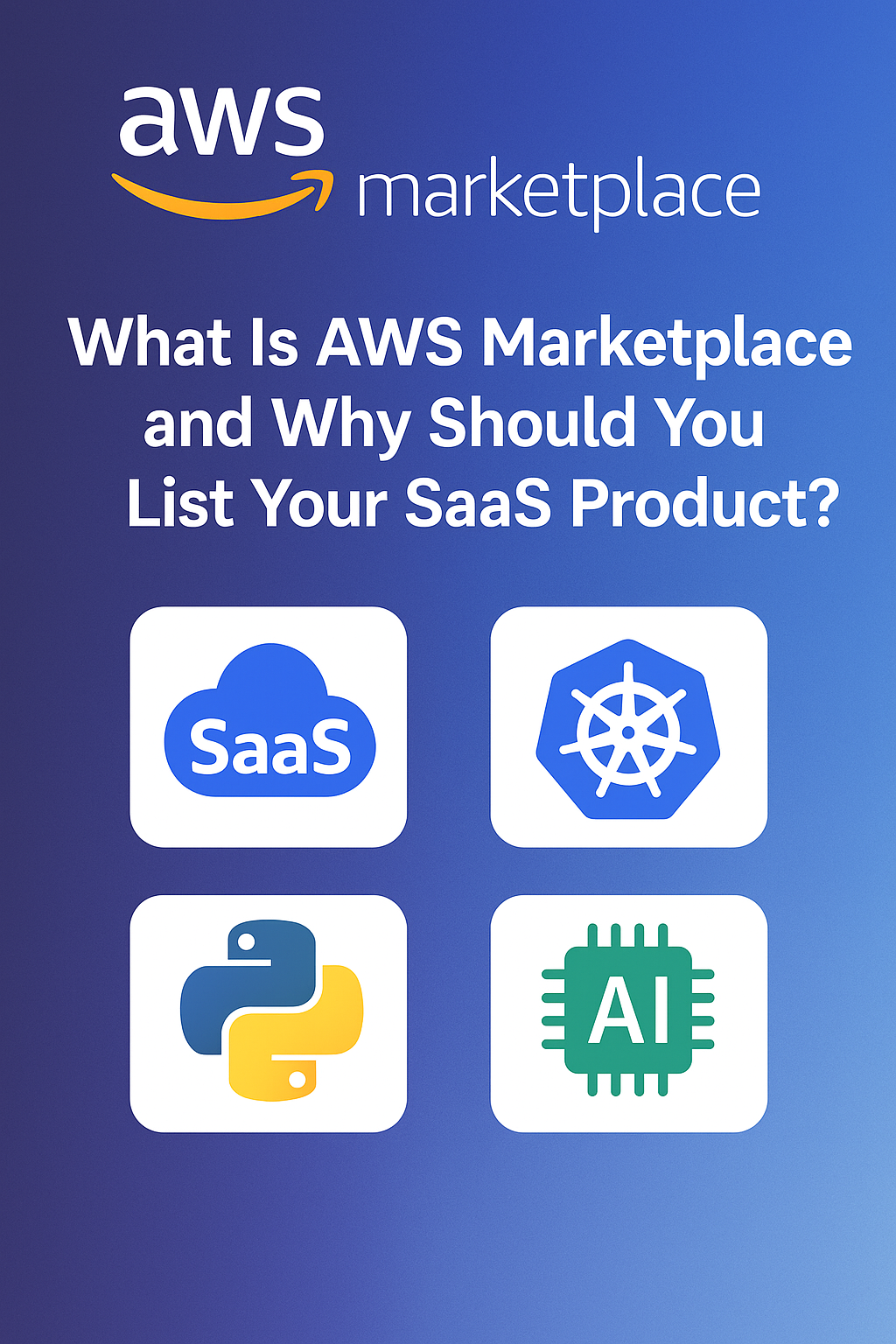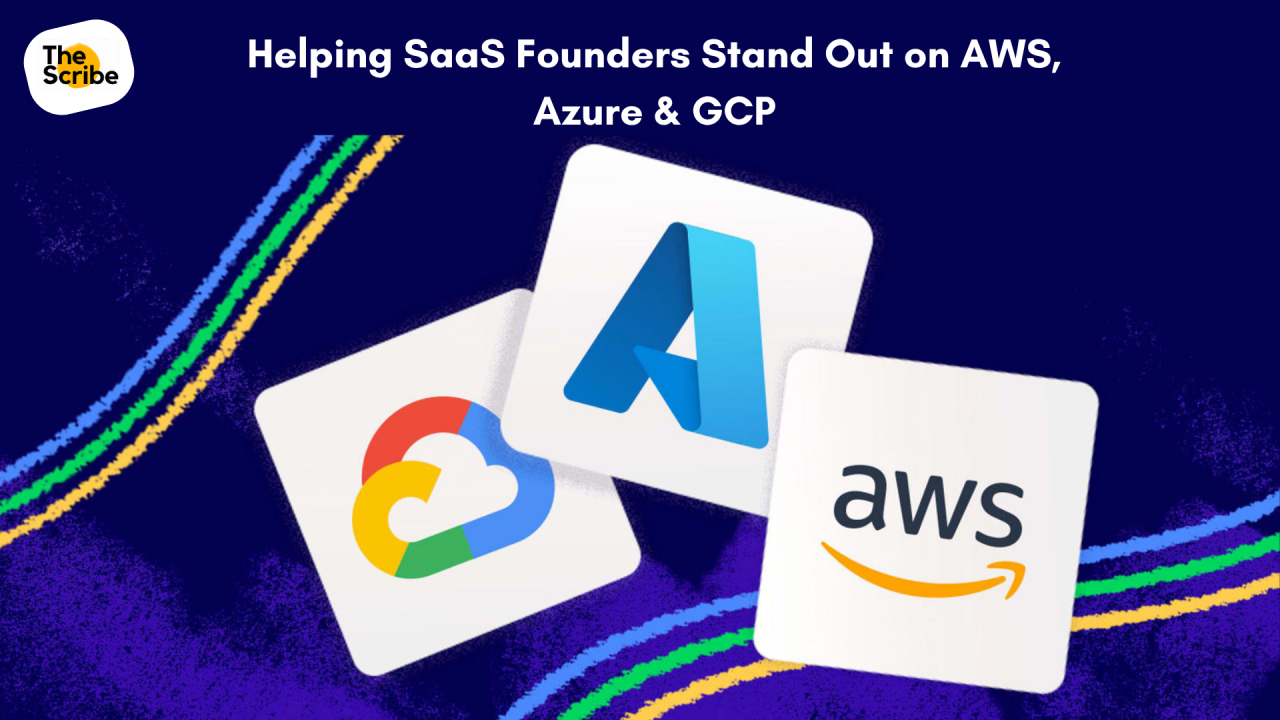It’s more than a badge, it’s a buyer signal, but not always the right next step.
Introduction
If you’re an AWS Partner, you’ve probably heard this at least once:
“You should get the Healthcare, Financial Services, SaaS, DevOps, Machine Learning Competency; it’ll help with Co-Sell and credibility.”
But what’s rarely explained is:
- What it actually takes to get there
- When it makes sense for your stage
- And when it’s not worth the effort, yet
Let’s break down when AWS Competency is a strategic asset, and when it’s better to hold off and focus on more immediate growth levers.
What Is the AWS Competency Program?
AWS Competency is a designation given to partners that demonstrate:
- Deep technical expertise in a specific domain (e.g., Security, SaaS, Data & Analytics)
- Verified customer success (with audited case studies)
- Robust architecture and documentation
- Operational maturity
It’s not a form; it’s a vetting process.
What Do You Actually Get with a Competency?
| Benefit | Why It Matters |
|---|---|
| Stronger Co-Sell prioritization | AWS Partner Managers take you more seriously for enterprise accounts |
| Placement in AWS Partner Finder | Easier discovery for buyers and AWS sellers |
| Featured in AWS marketing pushes | Increased visibility in AWS-led industry campaigns |
| More trust with regulated customers | Healthcare, finance, and gov clients often require Competency-badged vendors |
| Internal alignment with AWS field teams | You become “easier to recommend” across AWS regions |
When Does Competency Make Sense?
Go for it if you:
- Already have 3–5 strong, AWS-aligned case studies
- Are seeing traction with enterprise Co-Sell motions
- Want to unlock industry-specific verticals (e.g., Life Sciences, Fintech, Public Sector)
- Need to stand out in a crowded Marketplace category
Hold off if you:
- Are pre-product market fit
- Haven’t completed Foundational Technical Review (FTR)
- Don’t yet have 2–3 named customer references who can participate in the audit
- Are you still iterating on your AWS deployment architecture
Pro Tip: Treat Competency Like a GTM Accelerator, not a Goal
It only delivers value if:
- You’re already investing in AWS relationships
- You’re pursuing long-cycle deals where third-party validation helps
- You’ve got the bandwidth to build buyer-aligned content like diagrams, onboarding guides, and security packs
Otherwise, you’ll spend 6 months chasing a badge that doesn’t convert.
What’s Actually Required?
| Requirement | Example |
|---|---|
| 3–5 Named Case Studies | With metrics, AWS services used, and business outcomes |
| Validated Architecture | Diagrams with AWS icons and service rationale |
| Security & Compliance Docs | Alignment with AWS Well-Architected Framework |
| Solution Positioning | Clear value prop mapped to buyer use case |
| Operational Maturity | Deployment playbooks, runbooks, and support process docs |
Strategy: Use Pre-Competency Content as Sales Collateral Anyway
Even if you’re not applying yet, building the content for Competency gives you:
- Case studies to use in sales
- Diagrams for Marketplace listing
- Security docs for buyer objections
- Internal alignment with AWS sellers
It’s content that compounds, even if you wait for the badge.
Conclusion
AWS Competency isn’t mandatory. But when done right, it’s a shortcut to trust, with AWS and with buyers.
Ask yourself:
- Do we need this for sales?
- Do we have the stories to back it up?
- Are we ready to leverage it fully?
If yes, go get it. If not, build the assets anyway, and apply when it’s time.
Want help building audit-ready case studies, diagrams, and security docs, even before you apply?
Contact us for more details.
